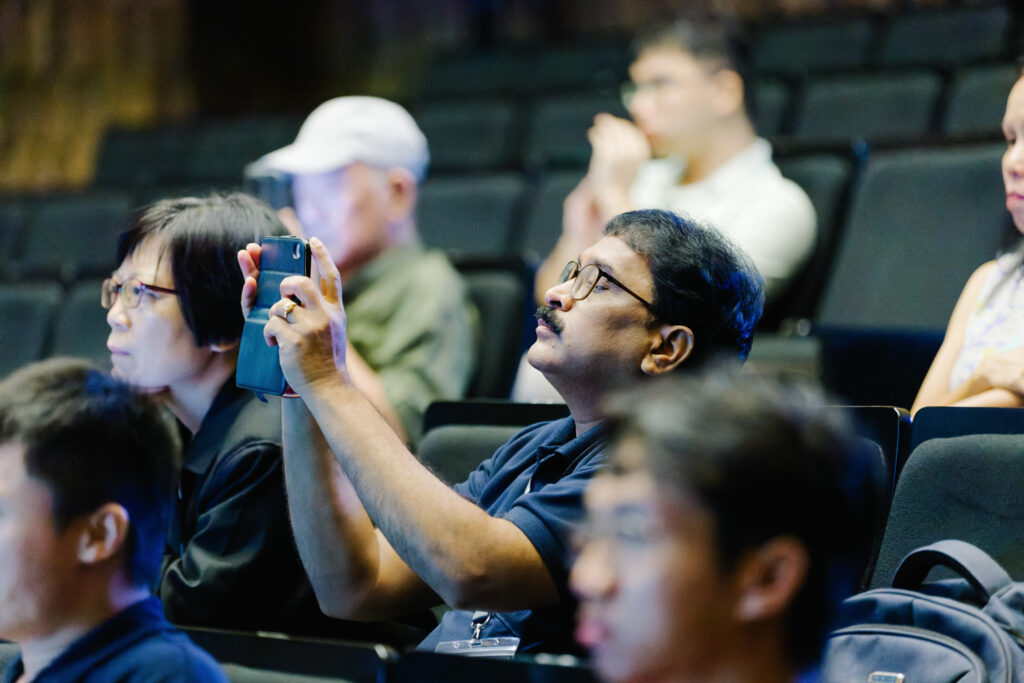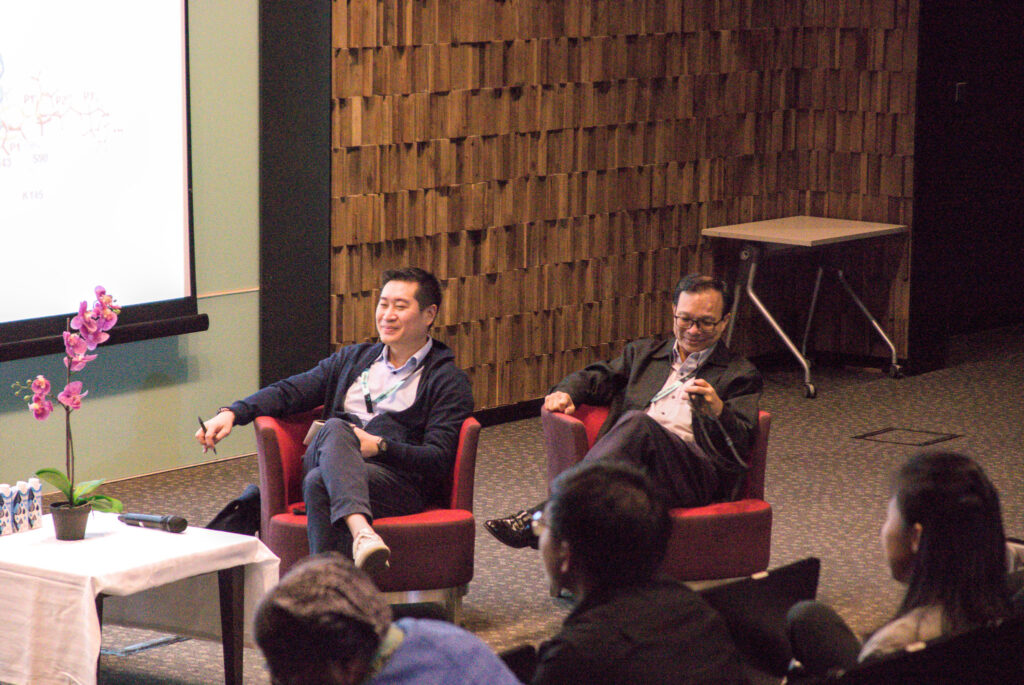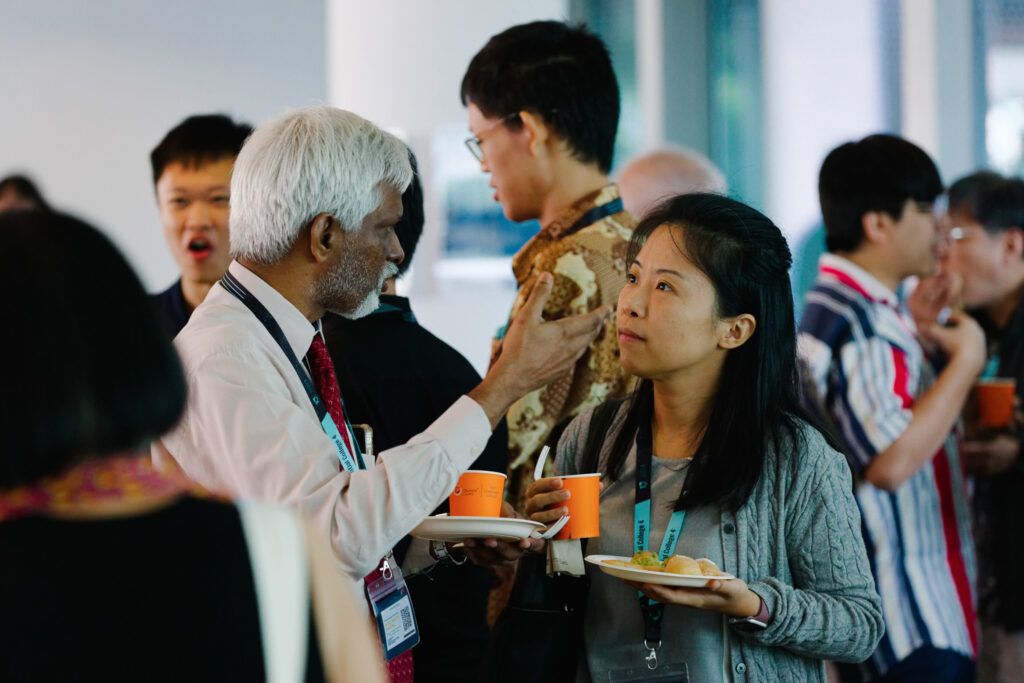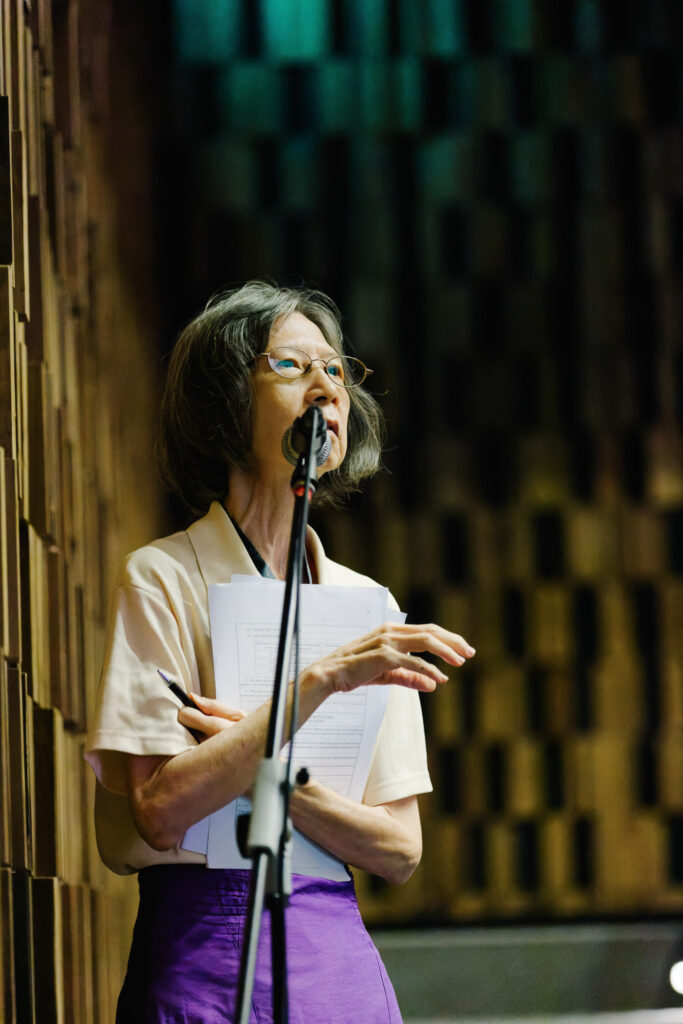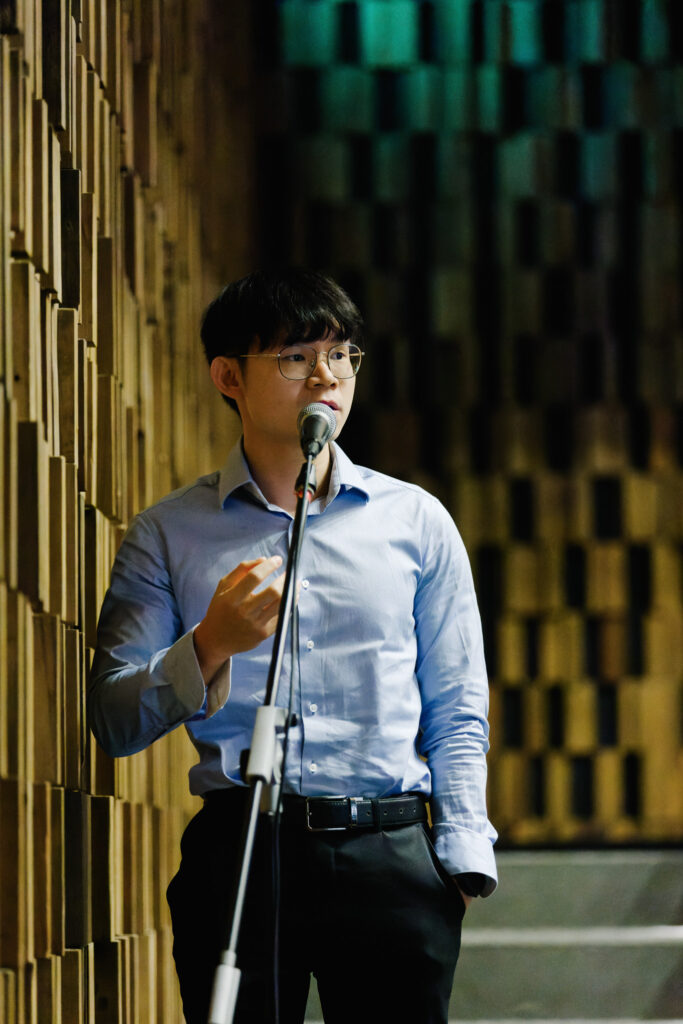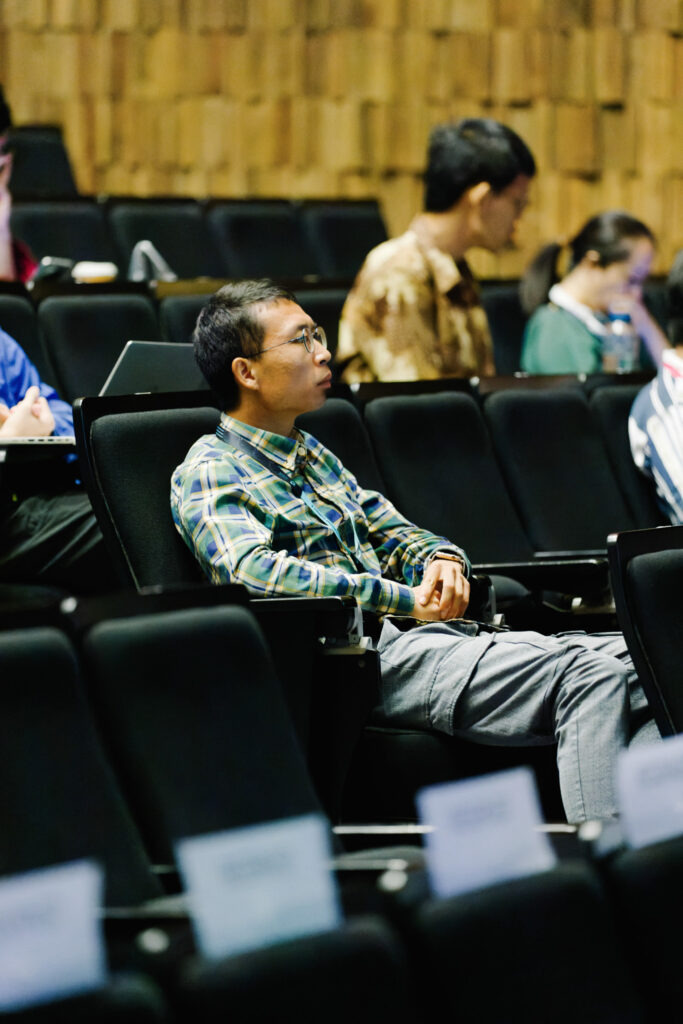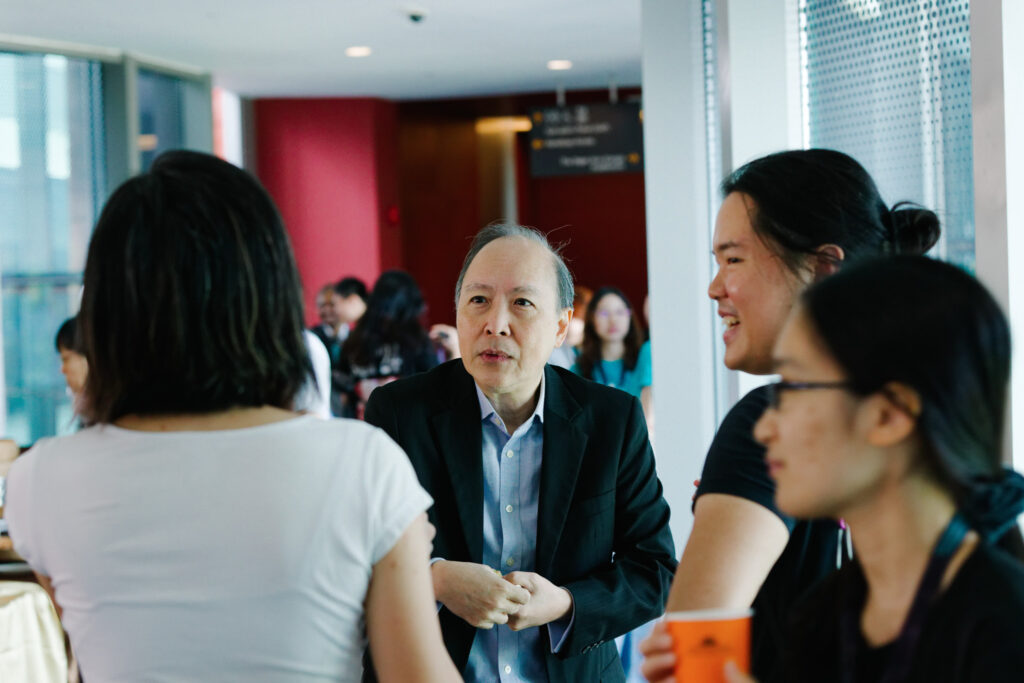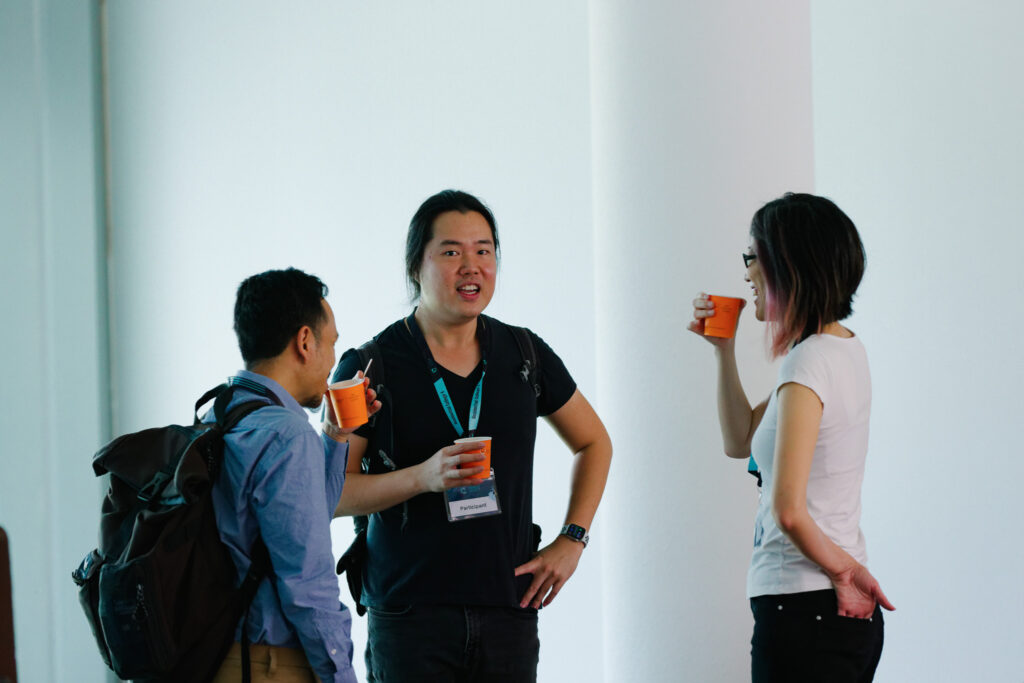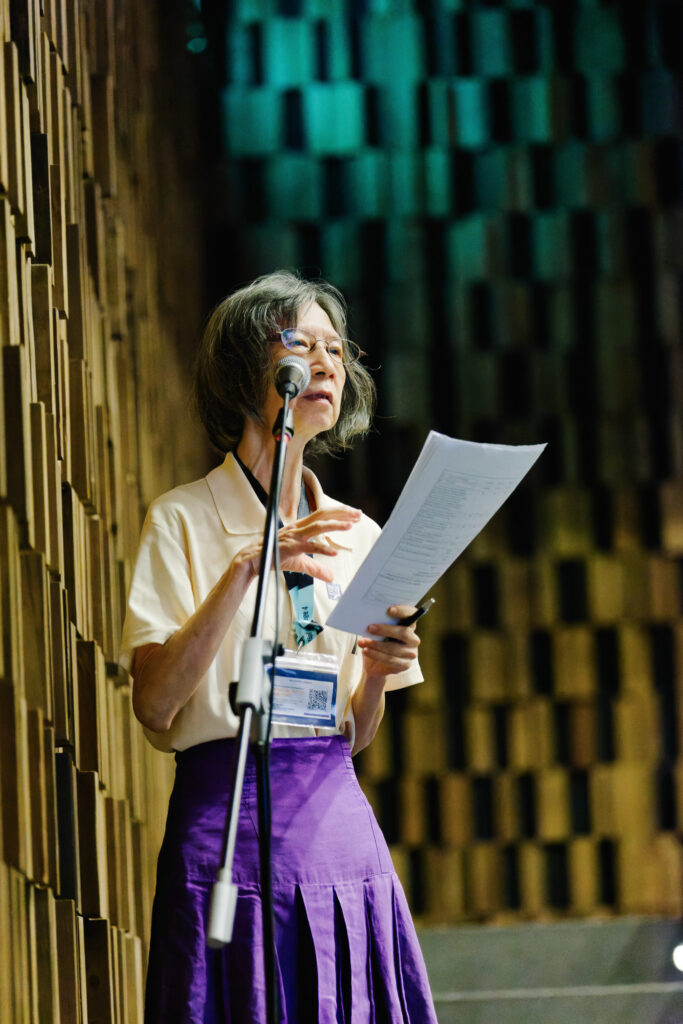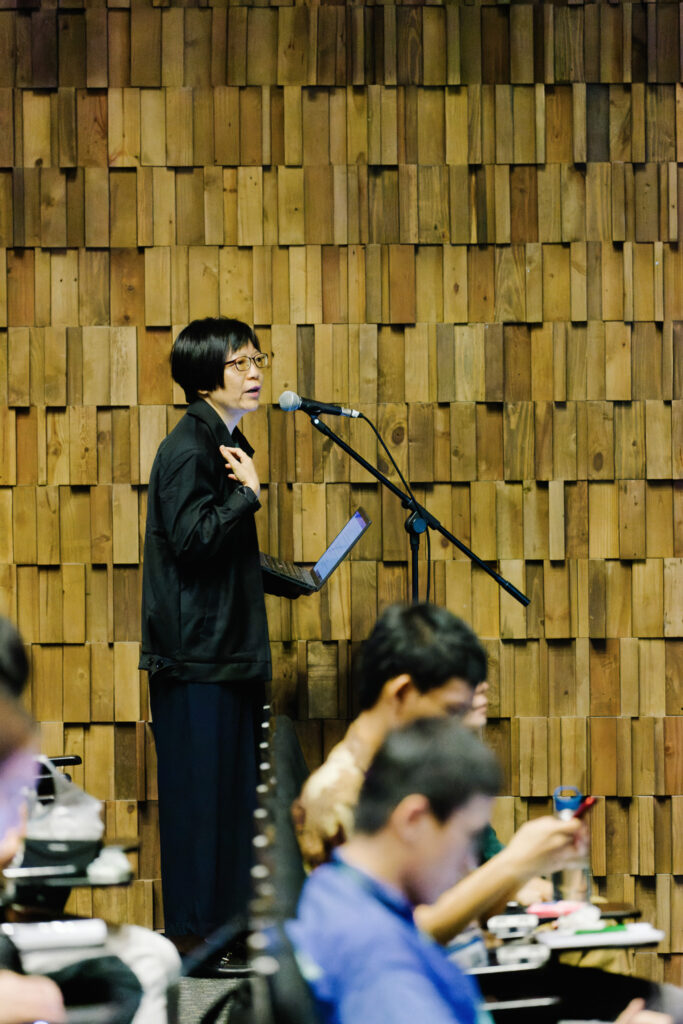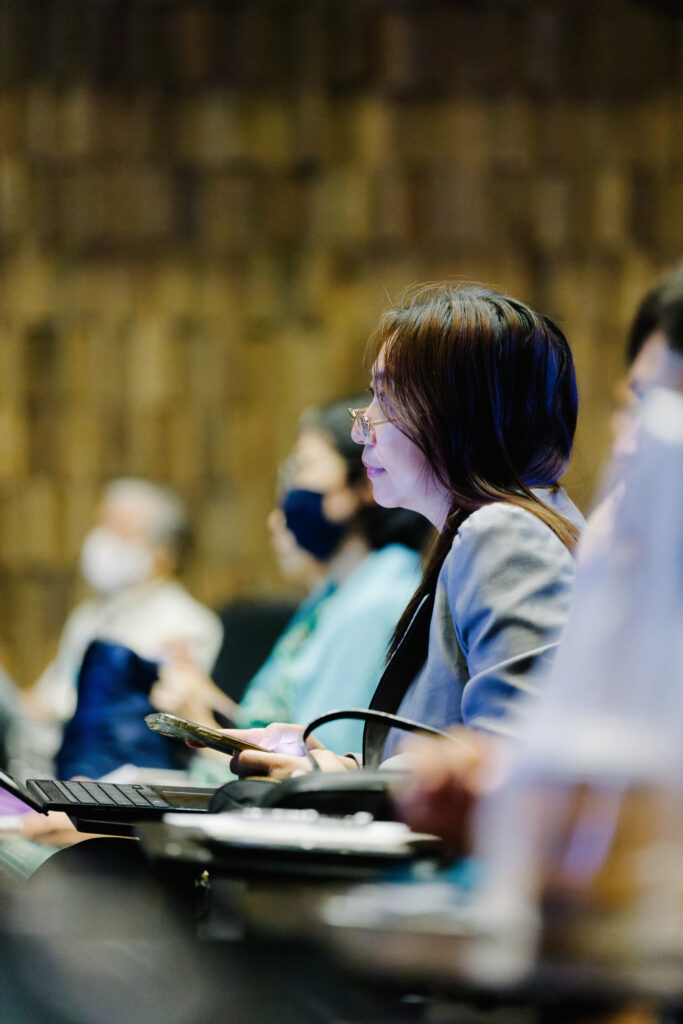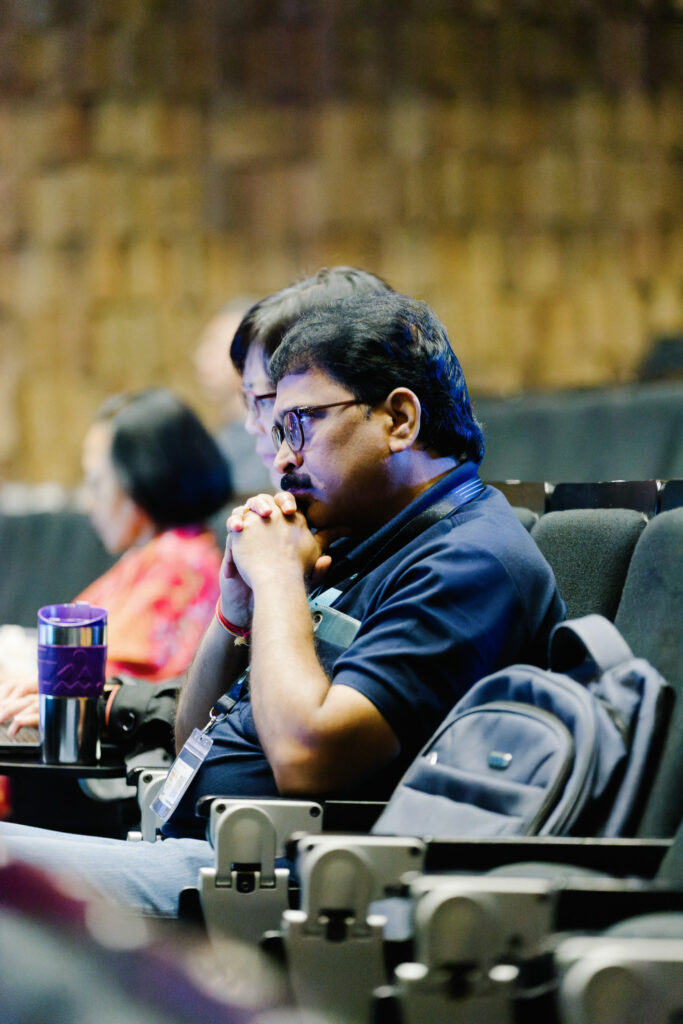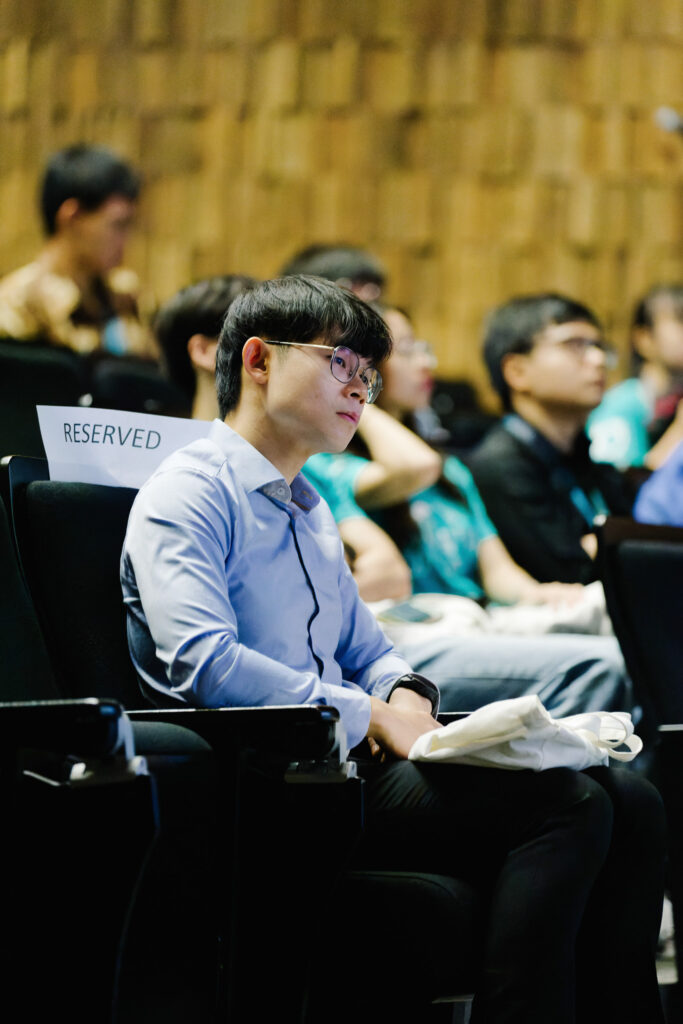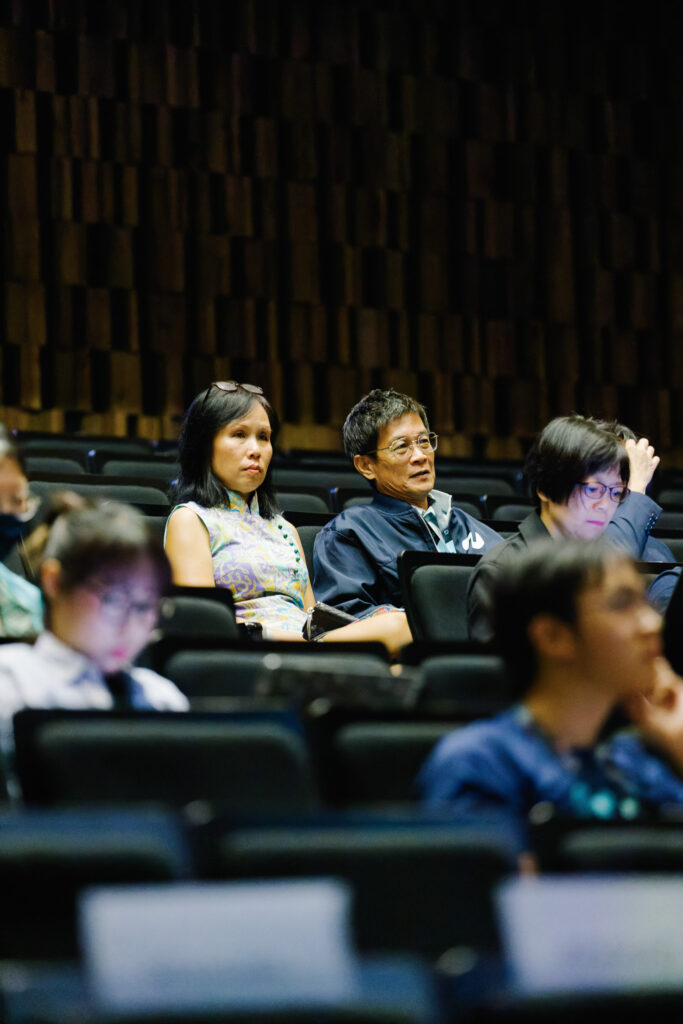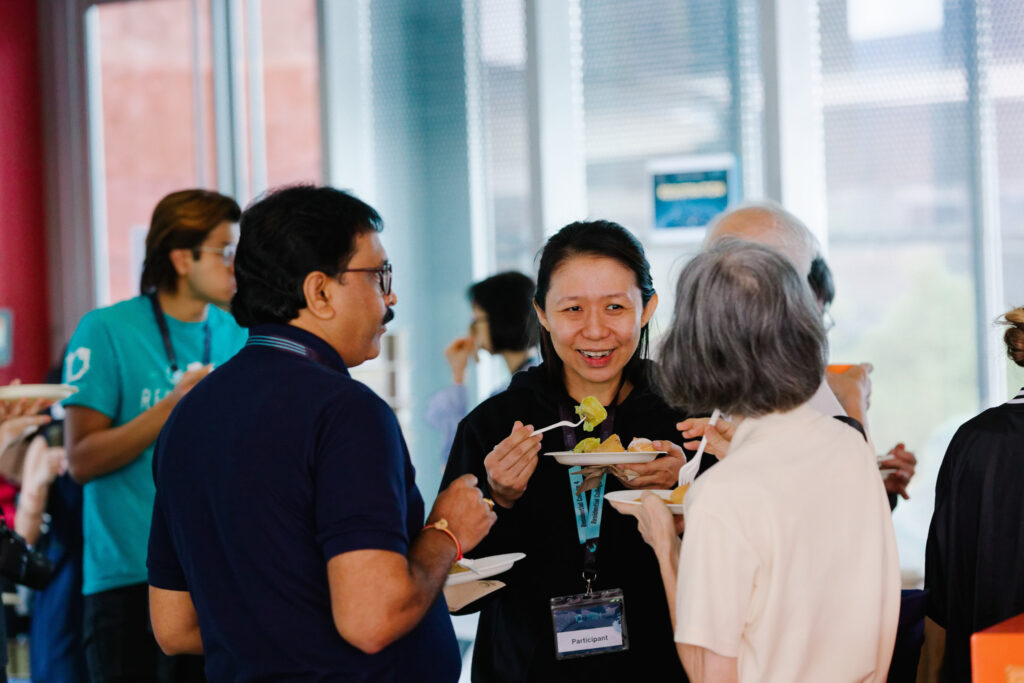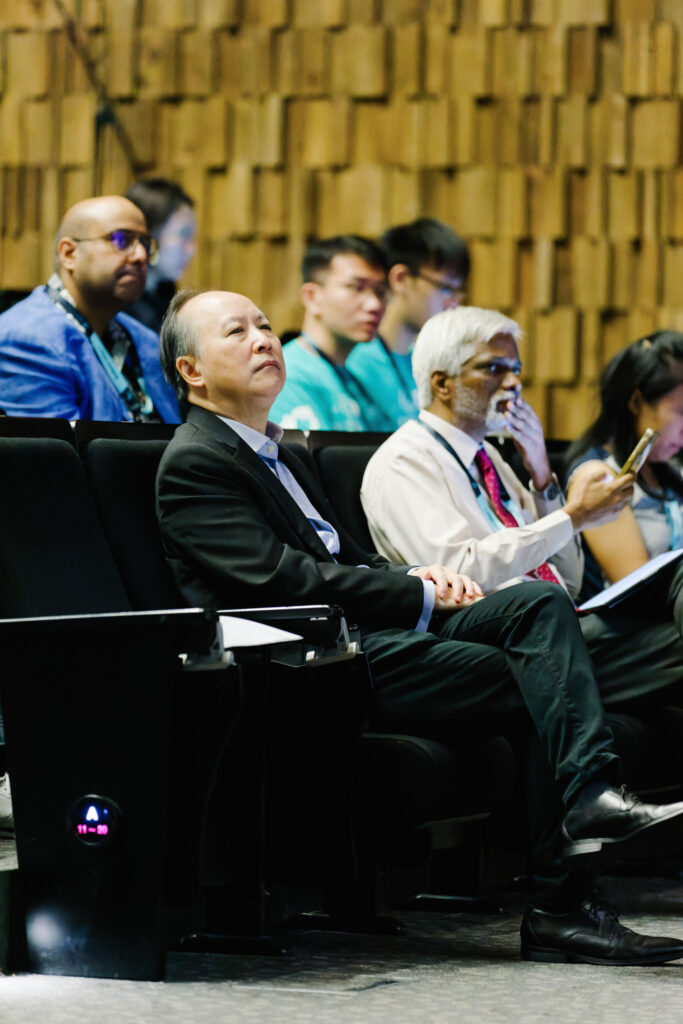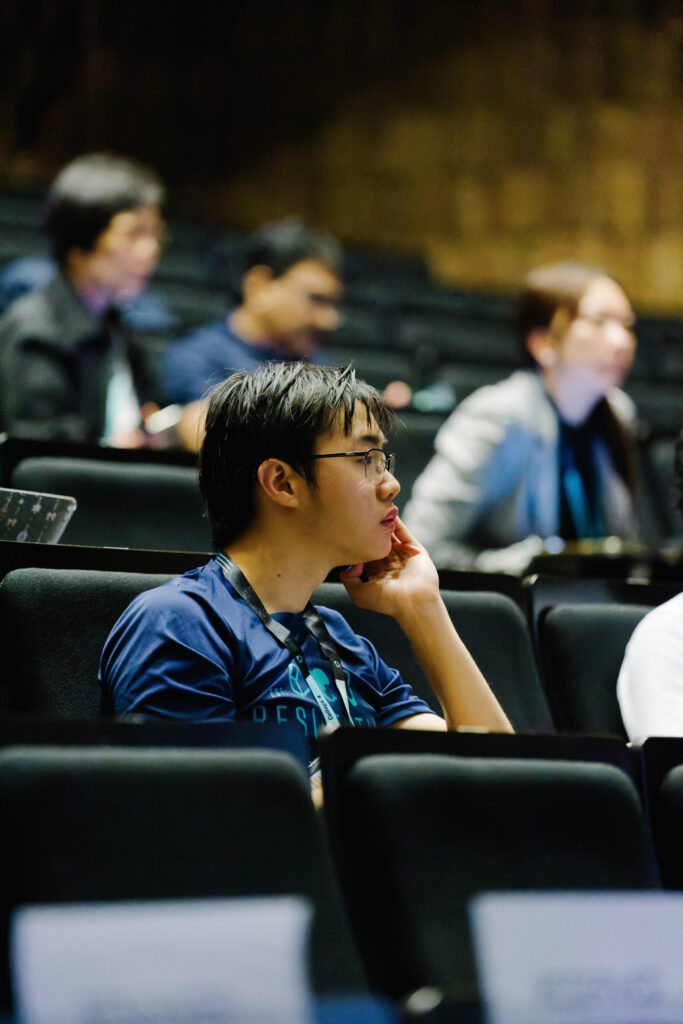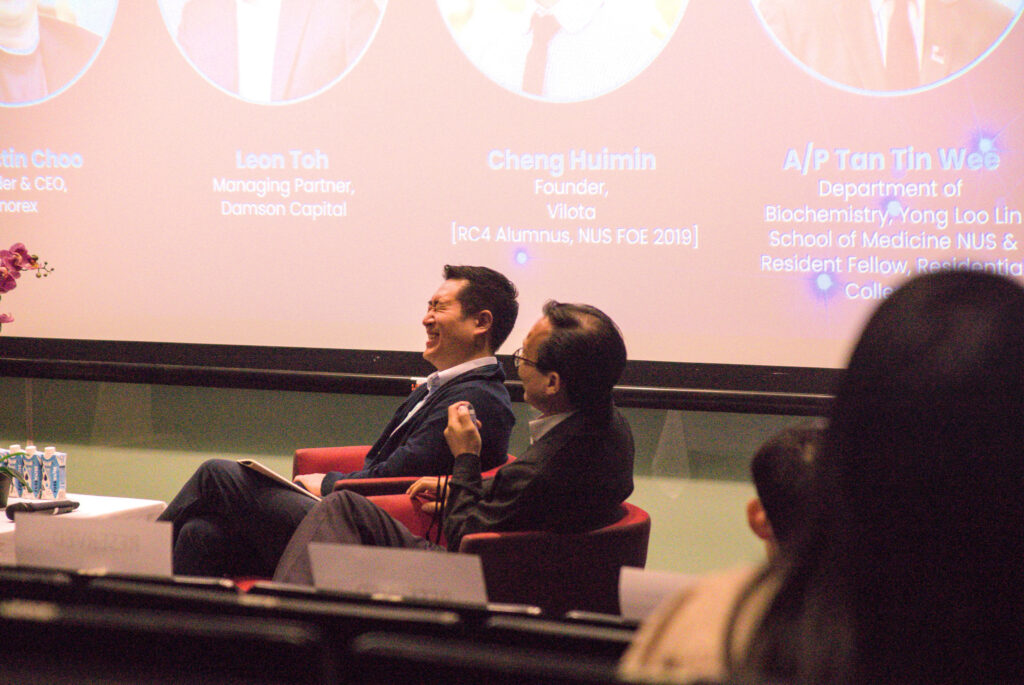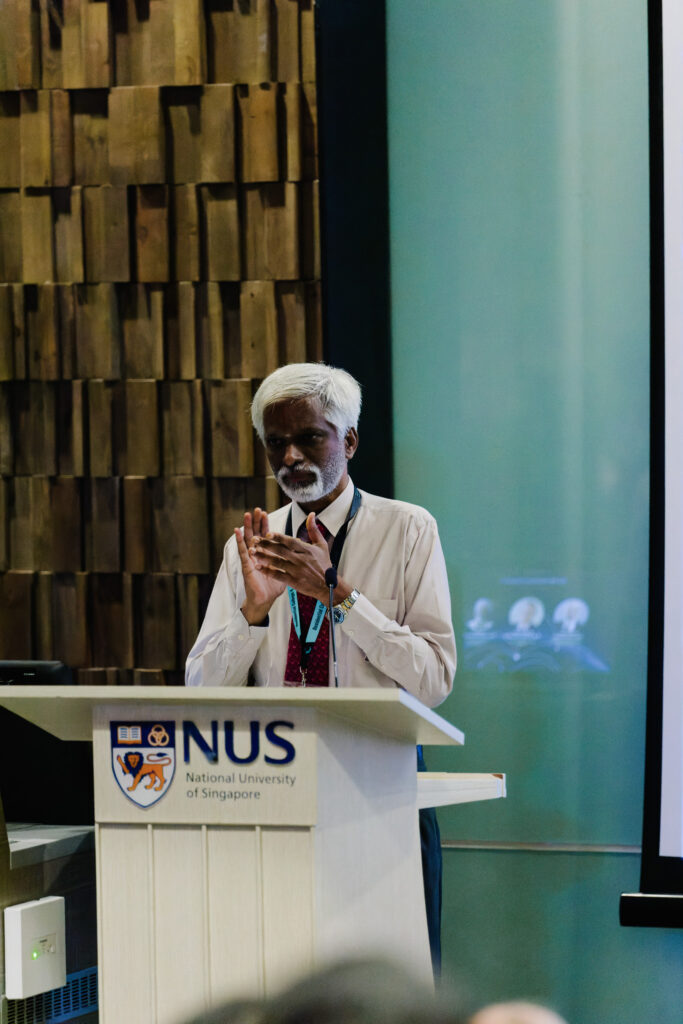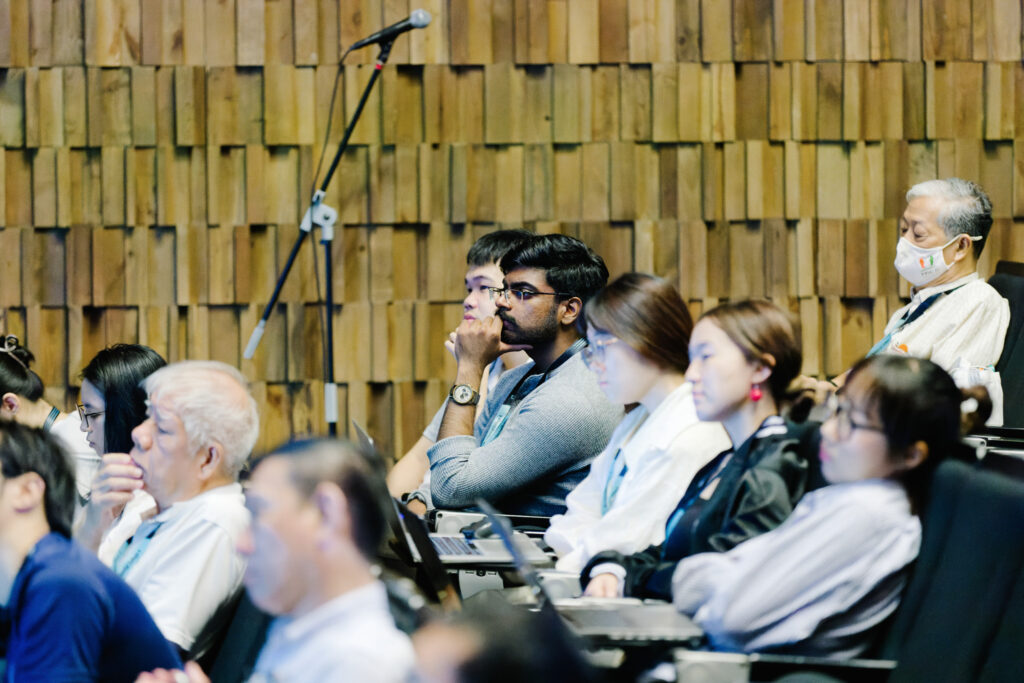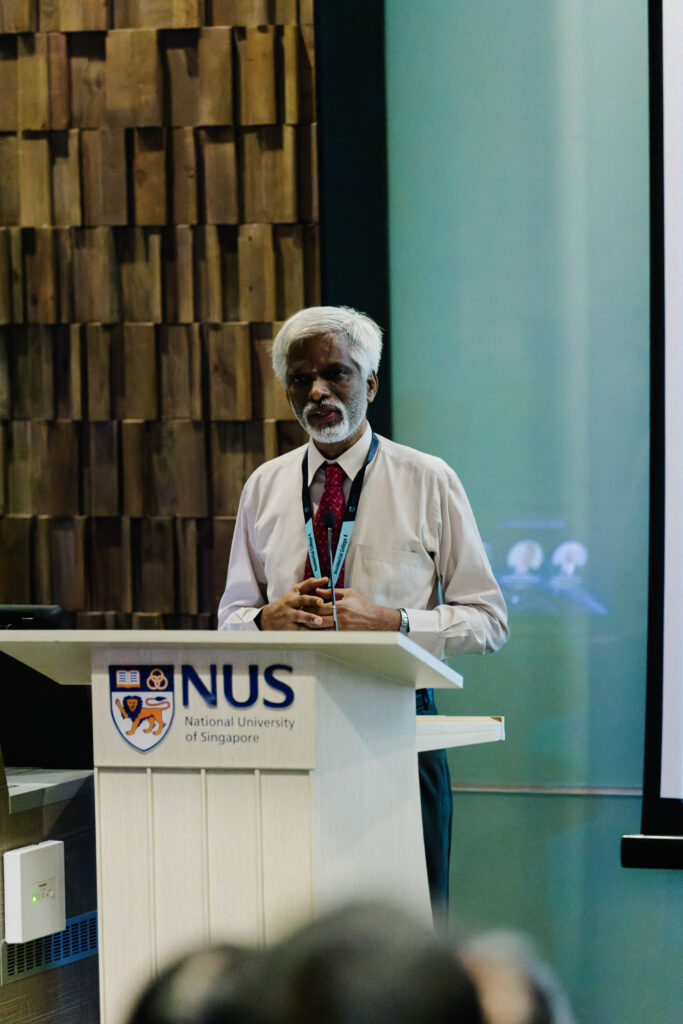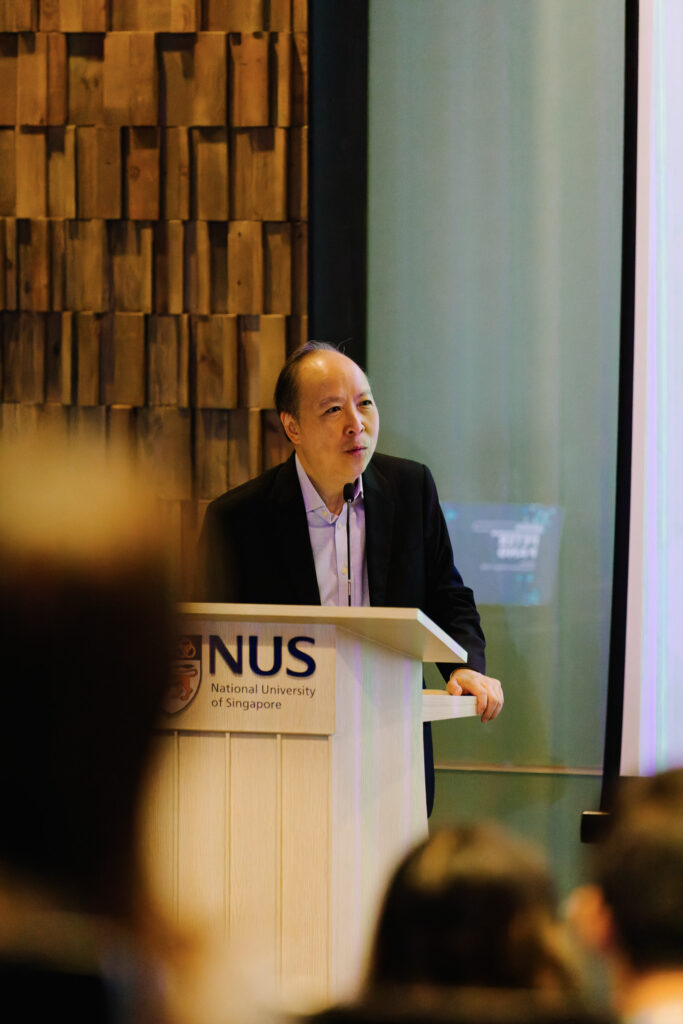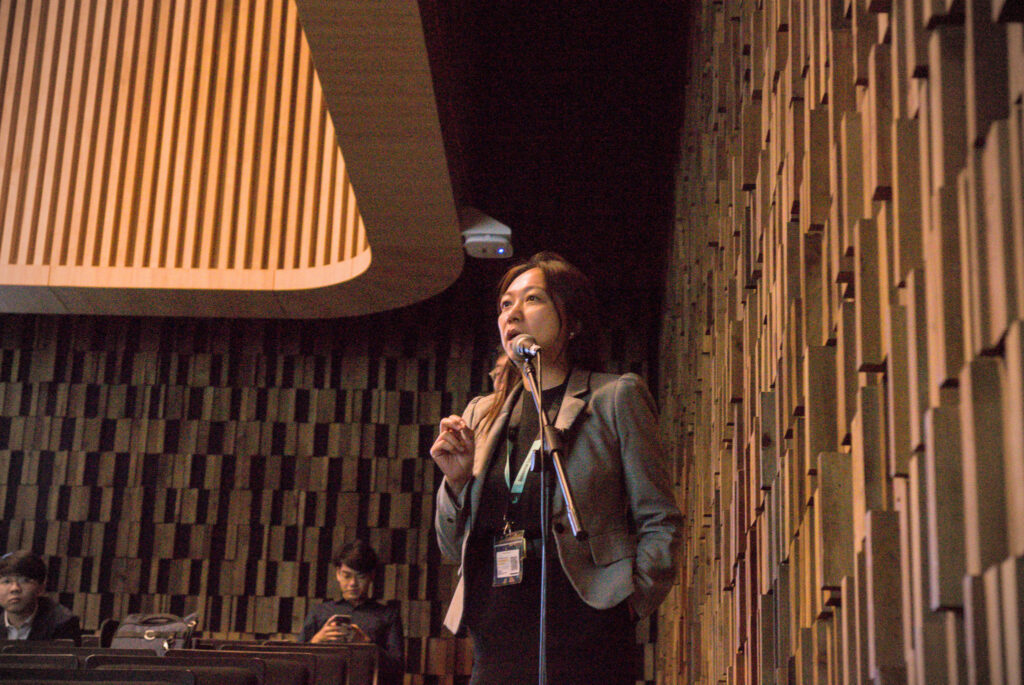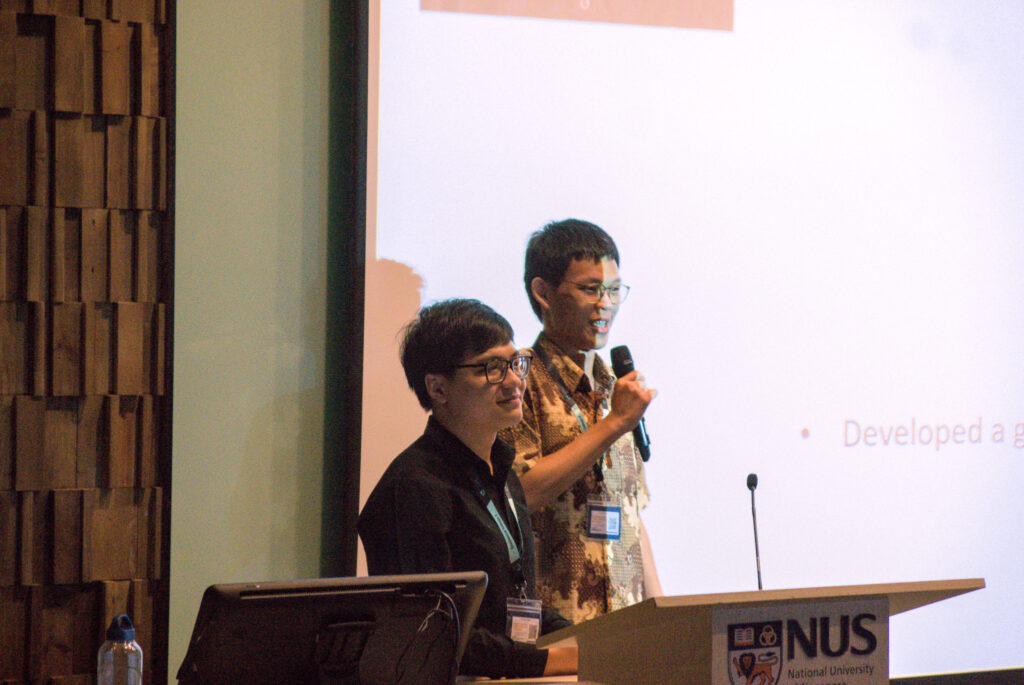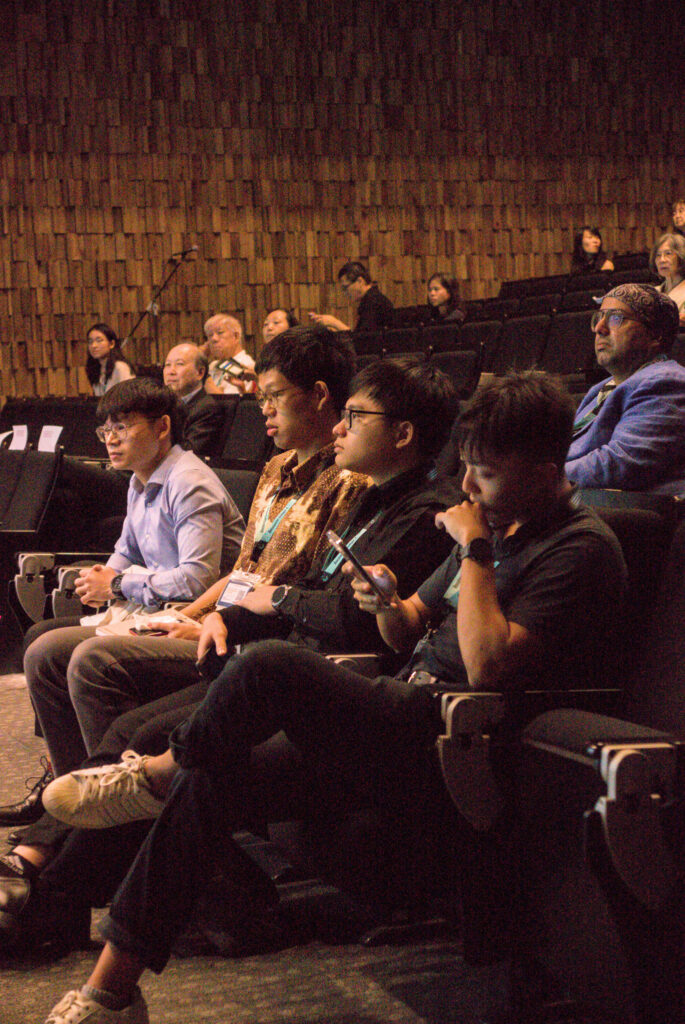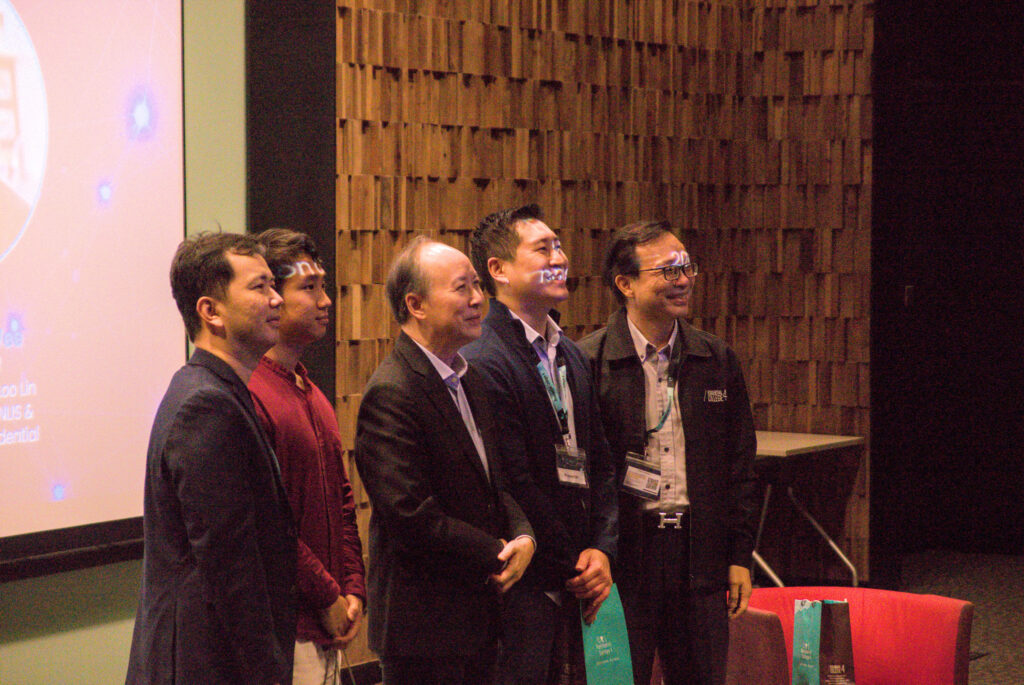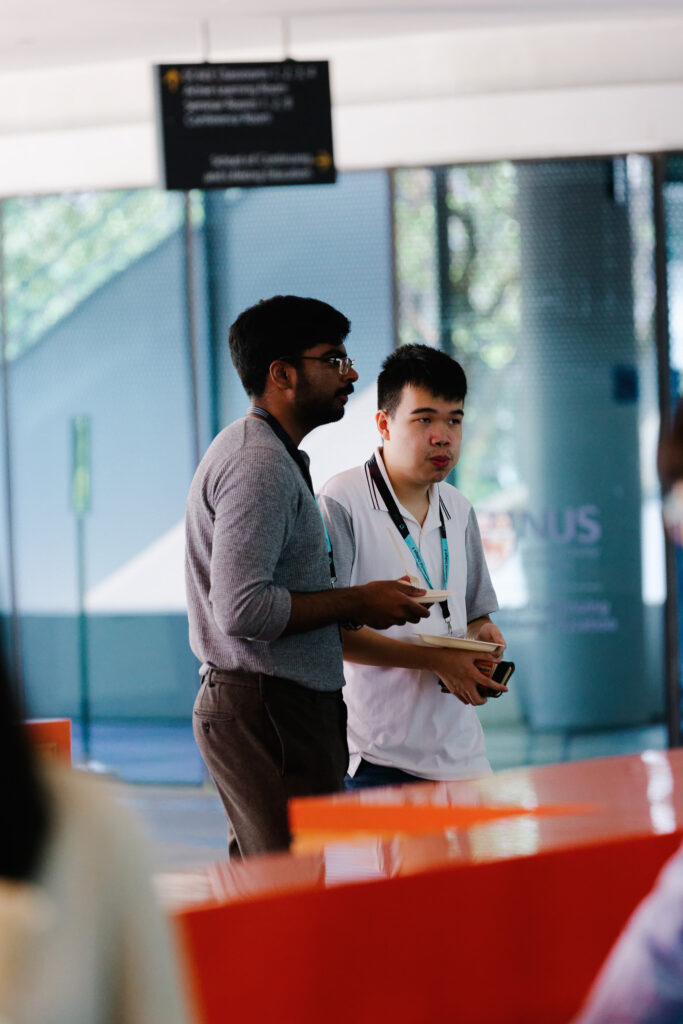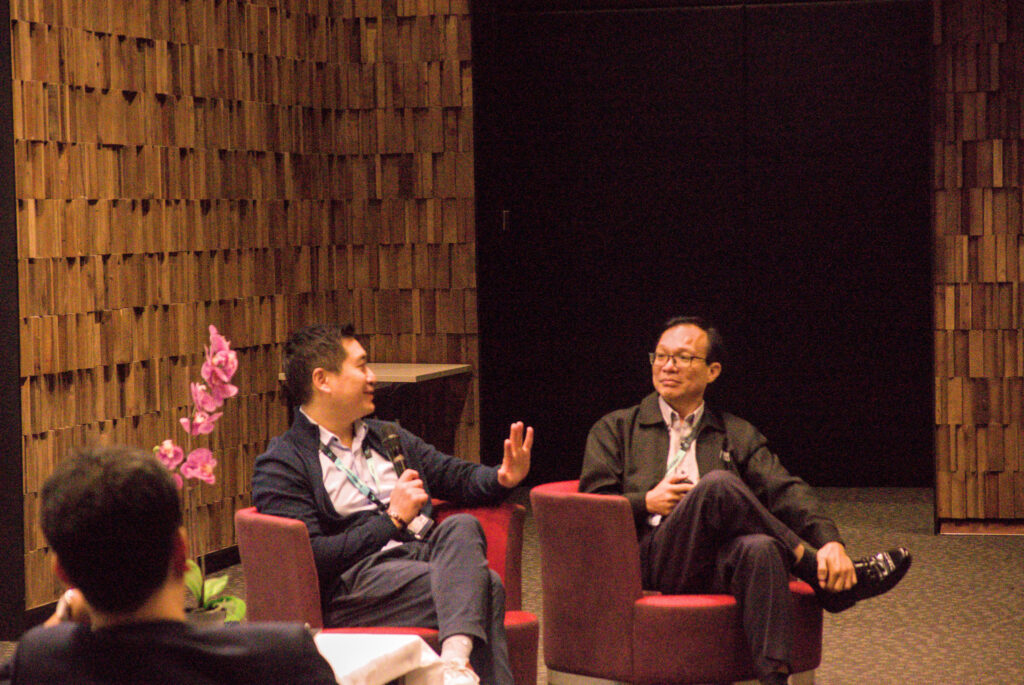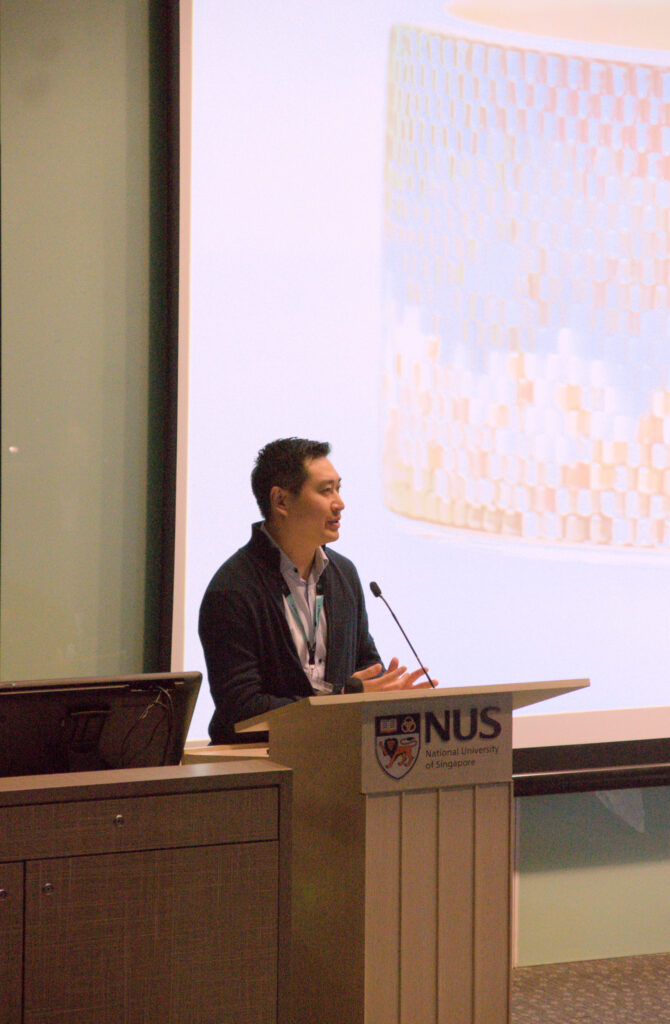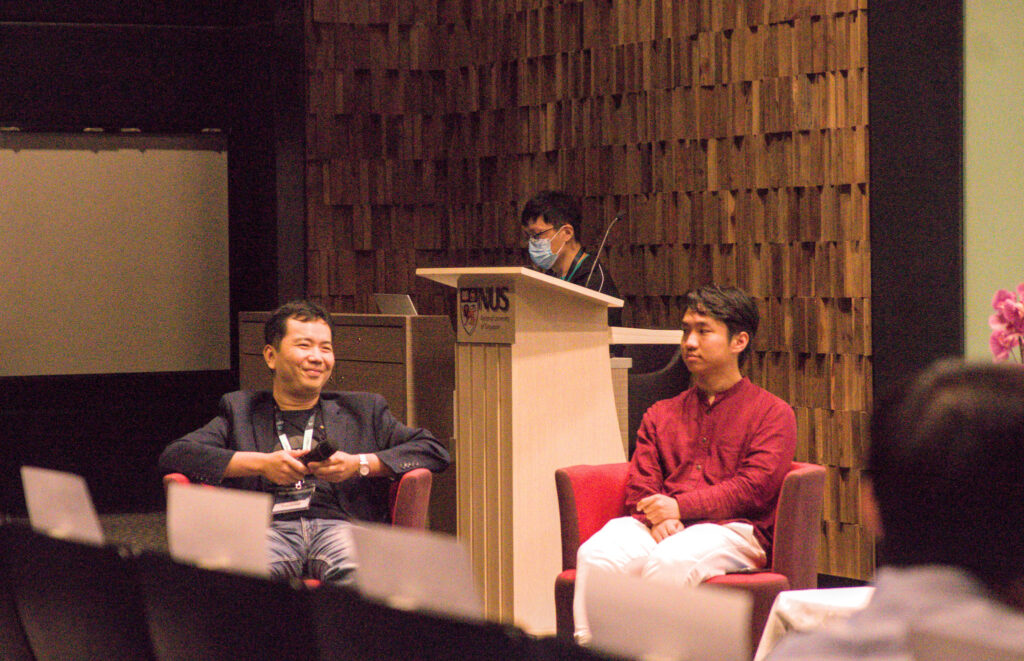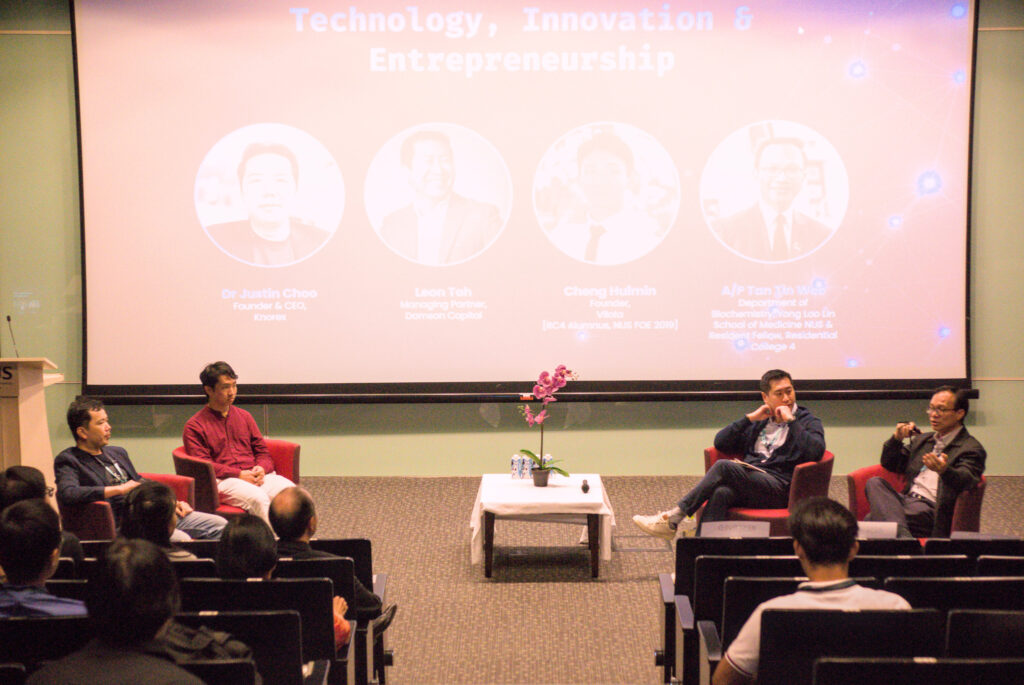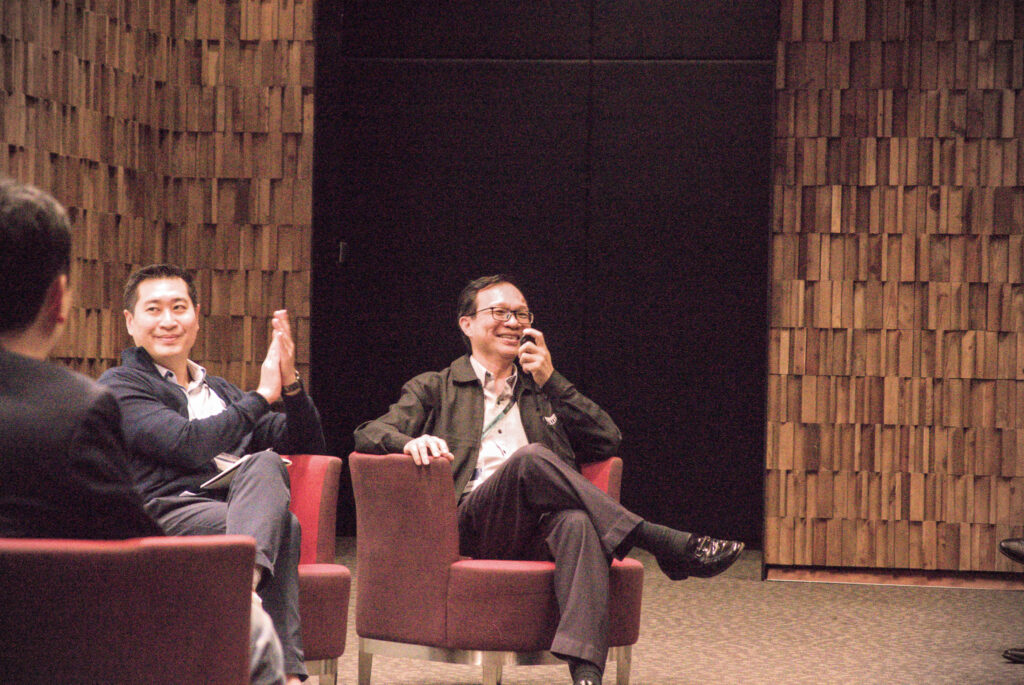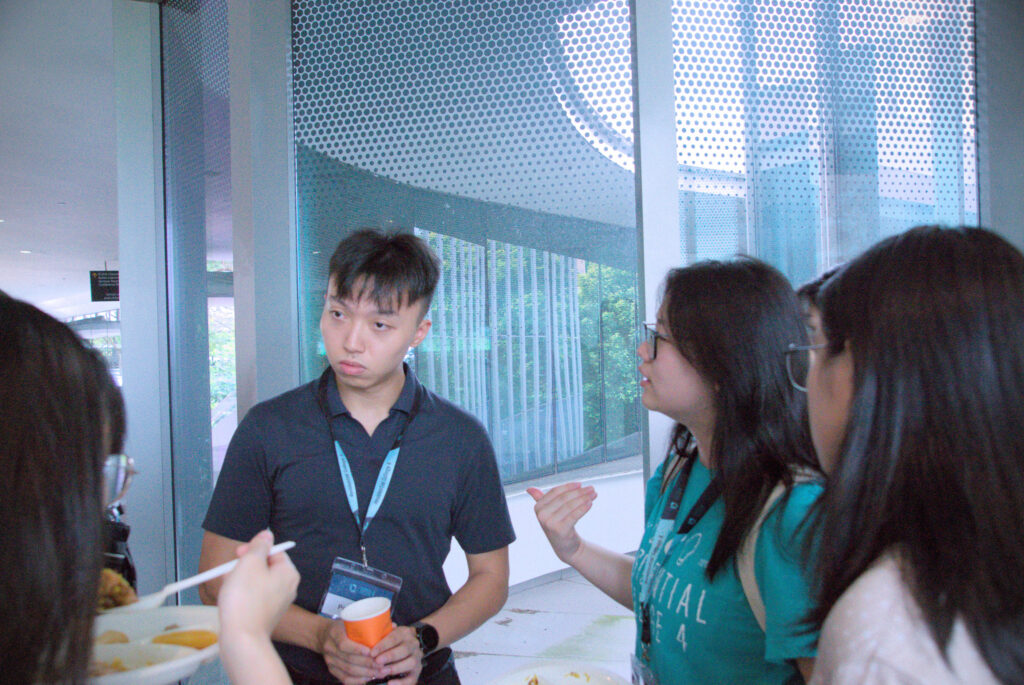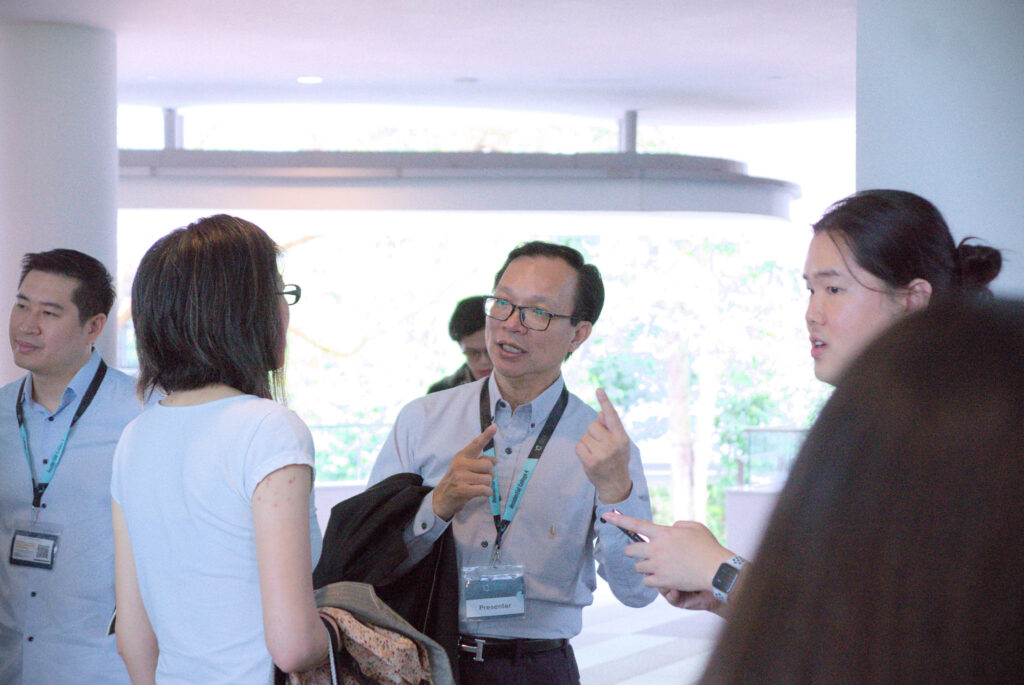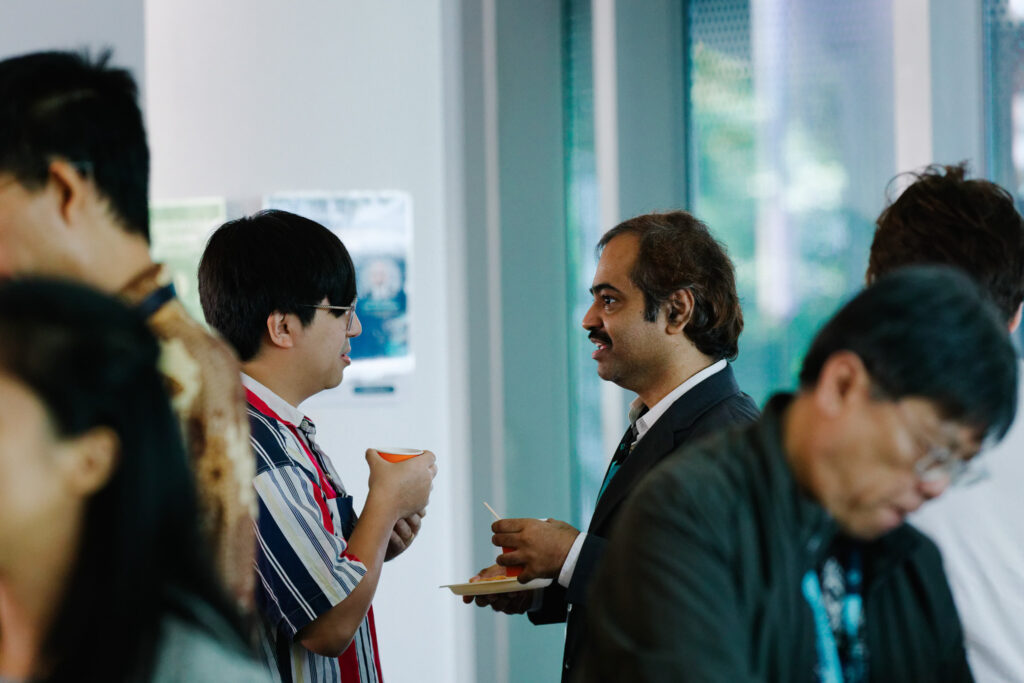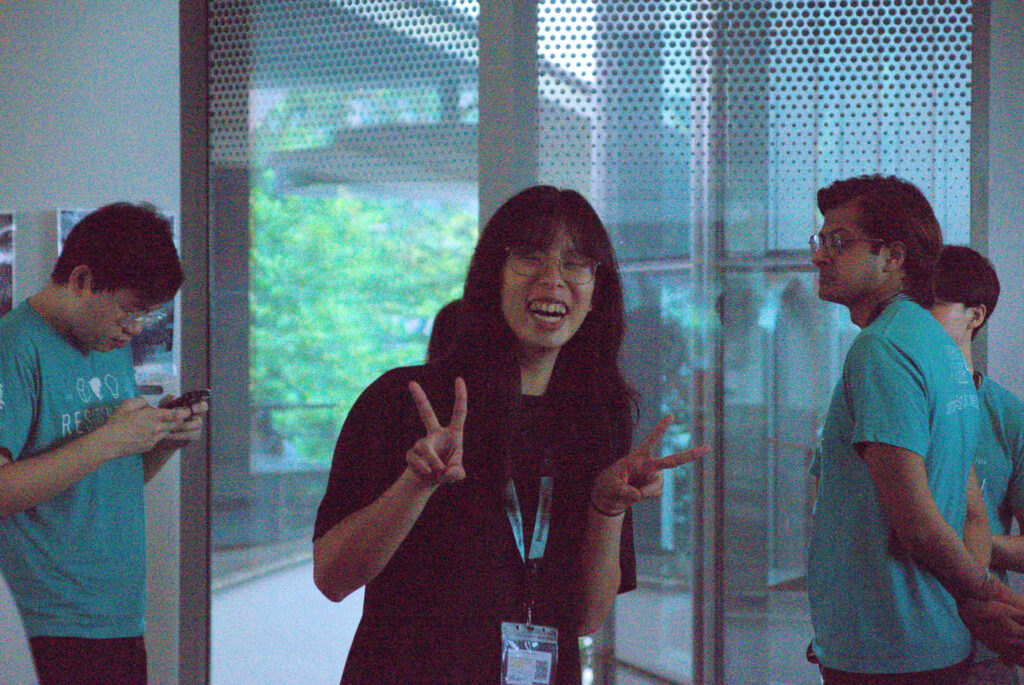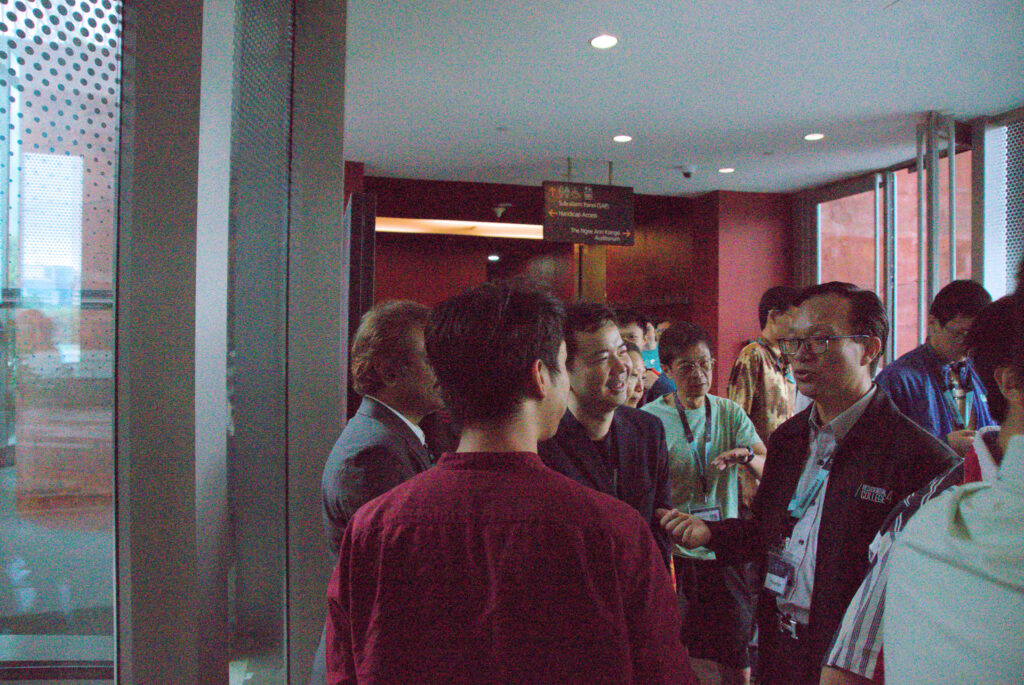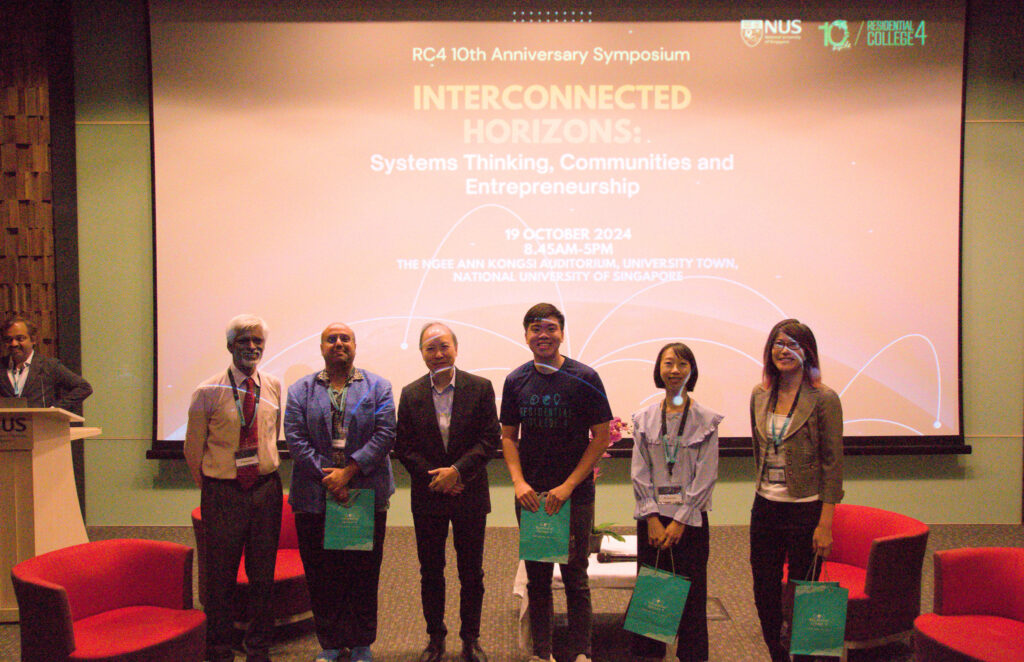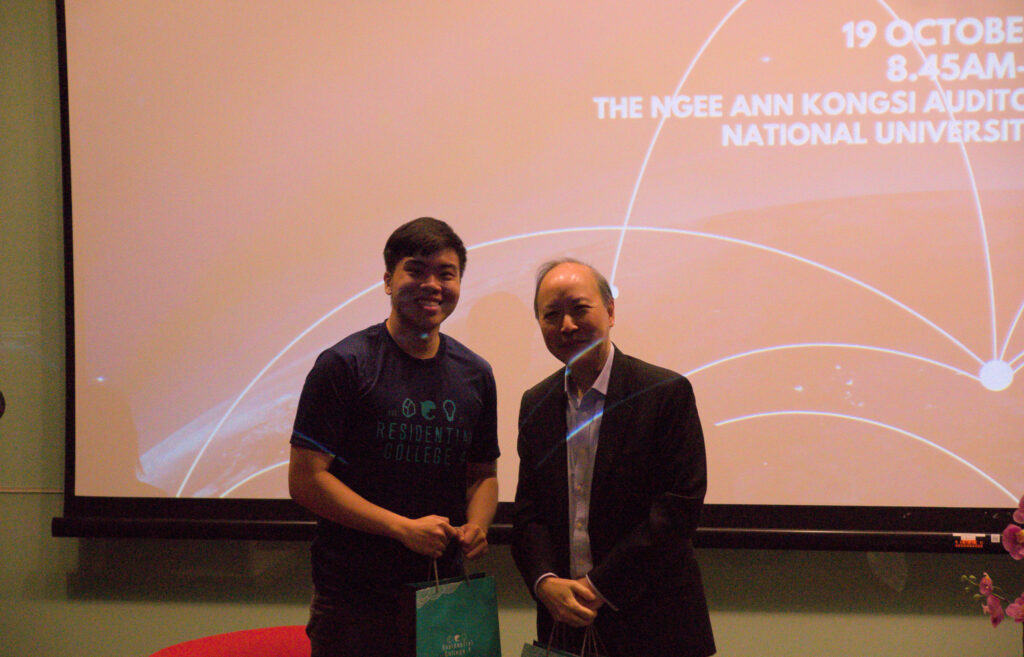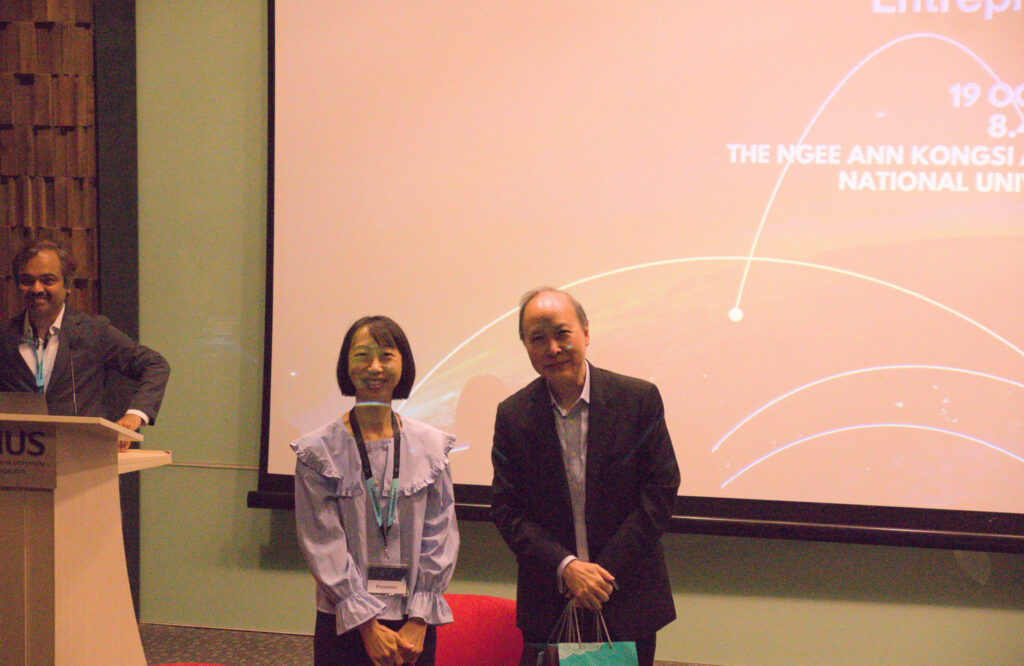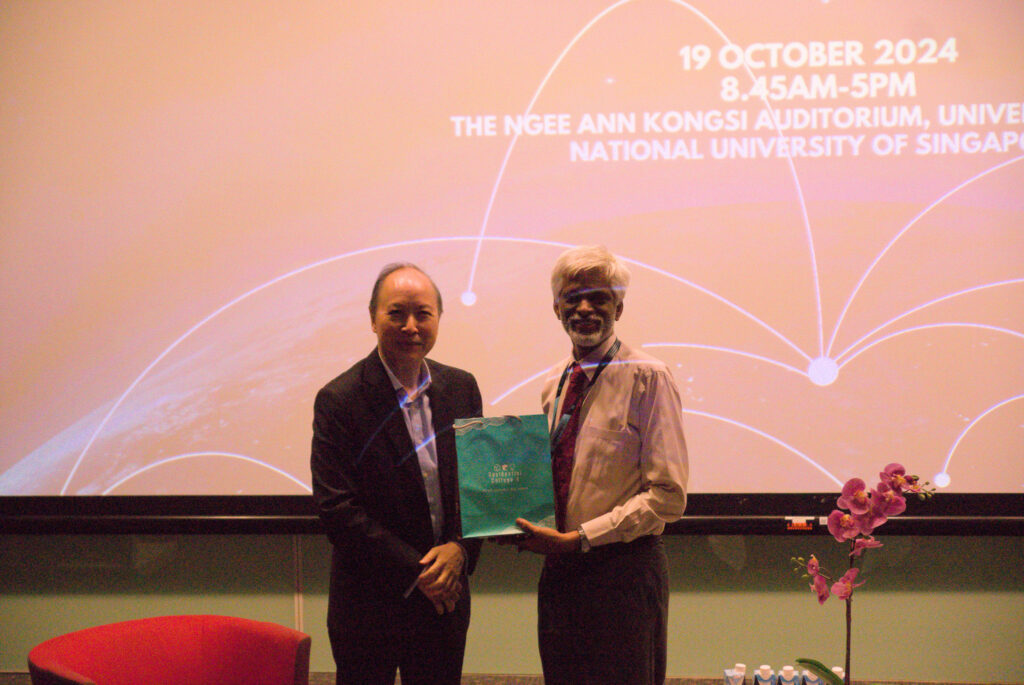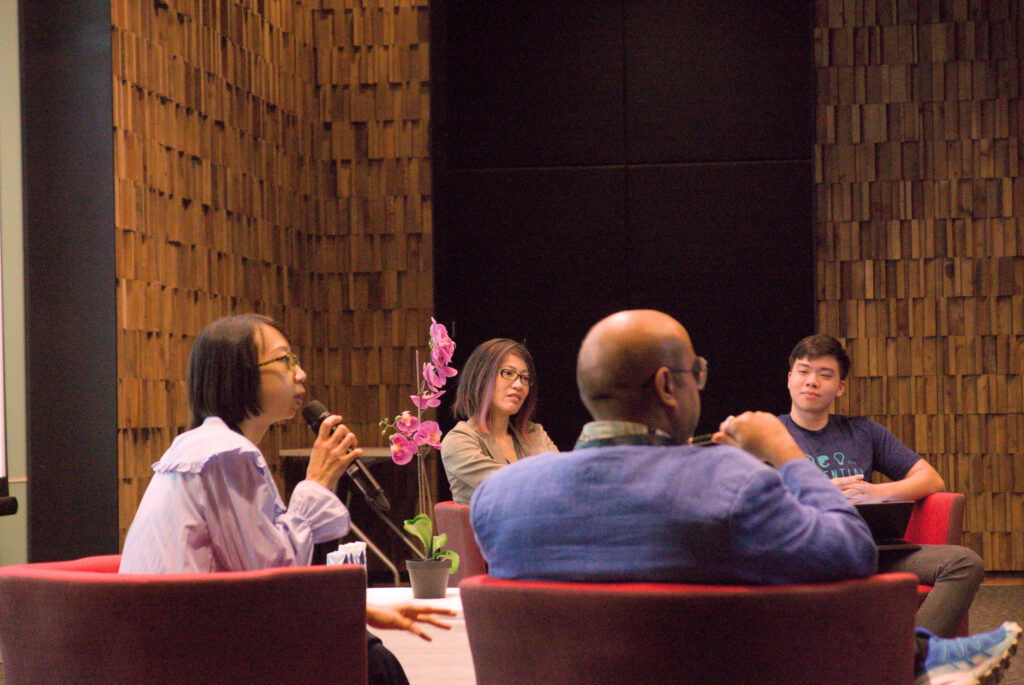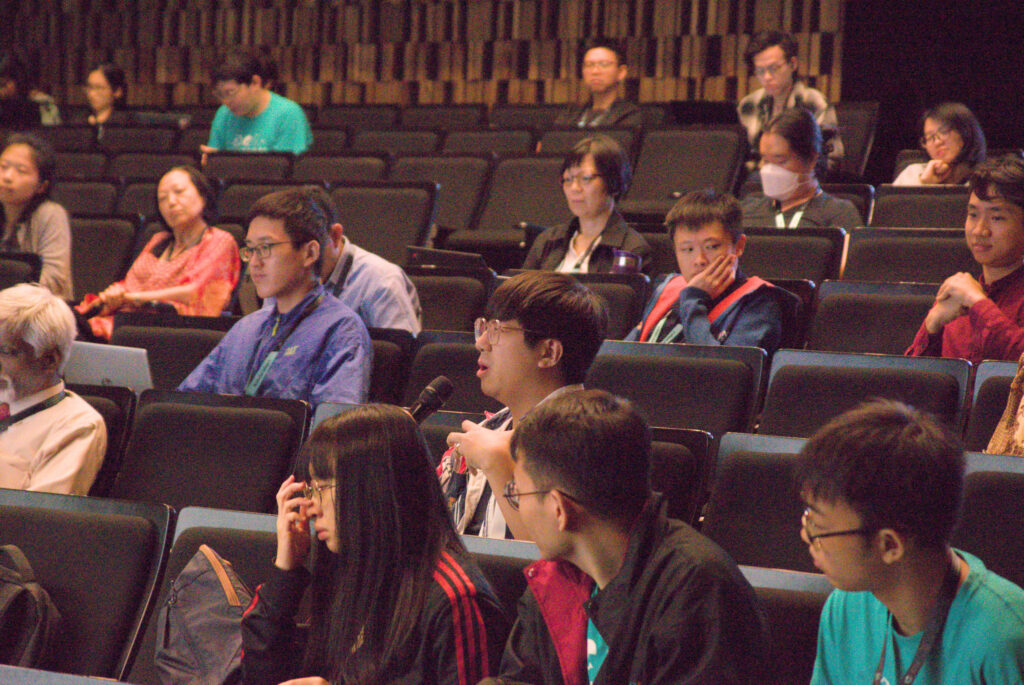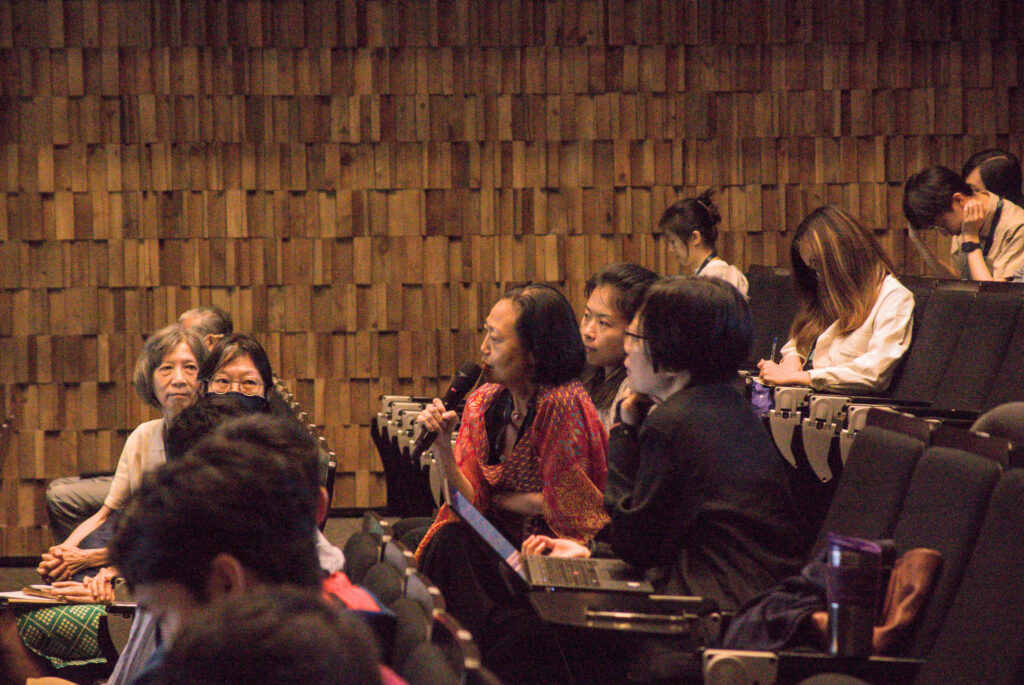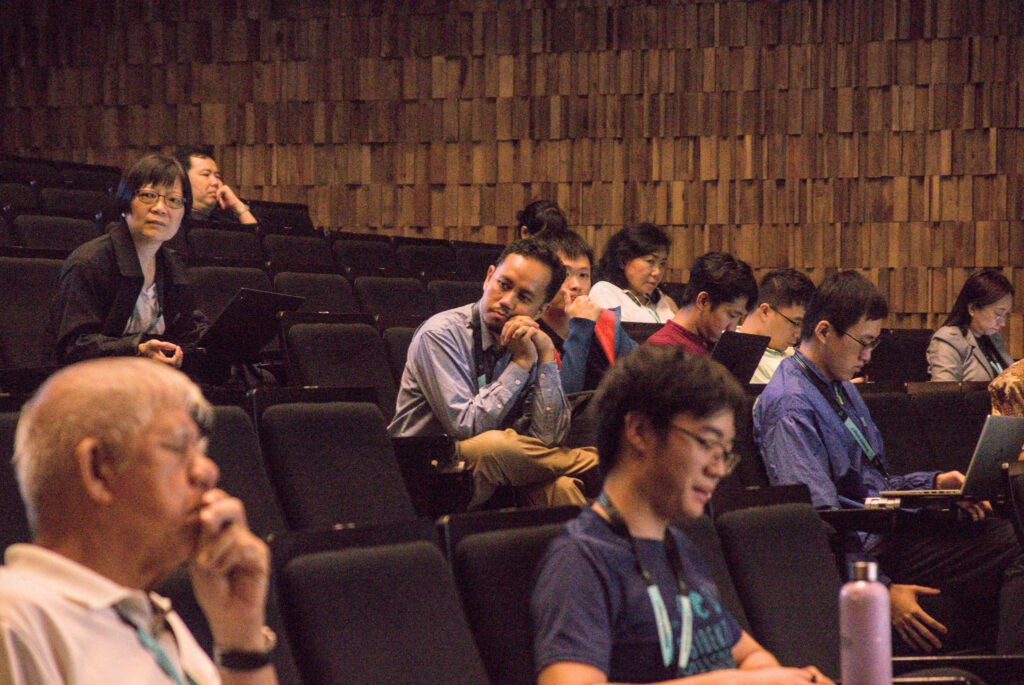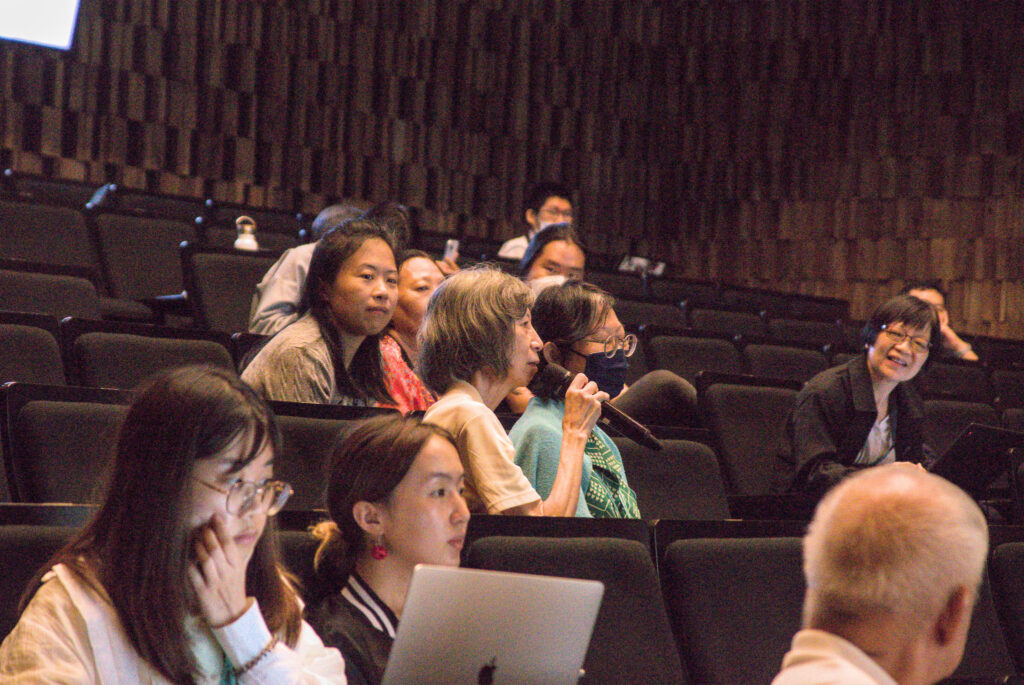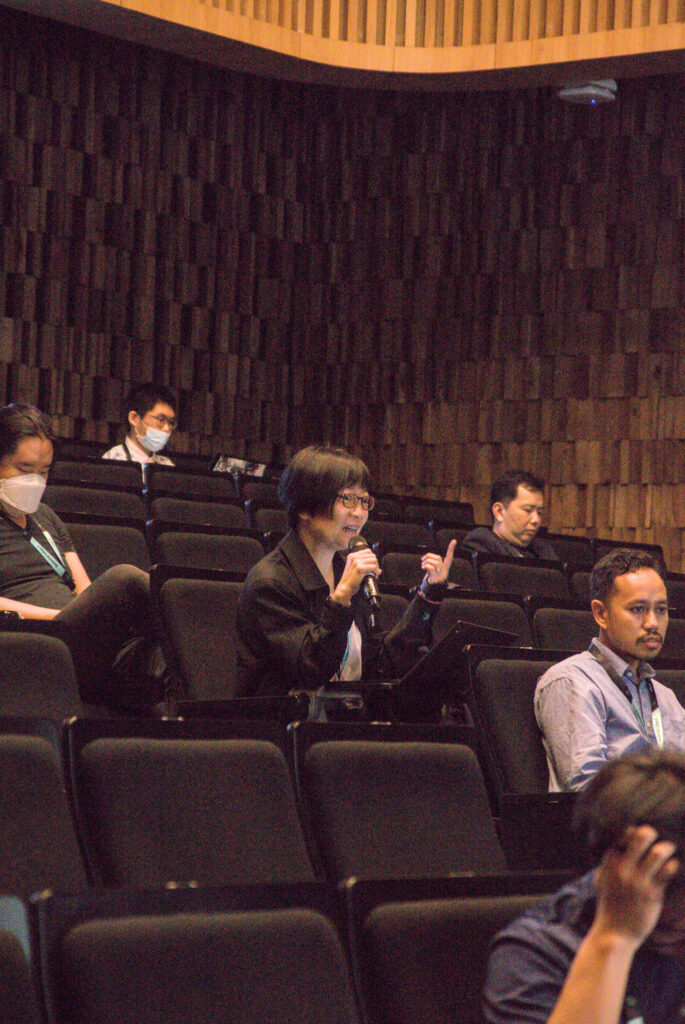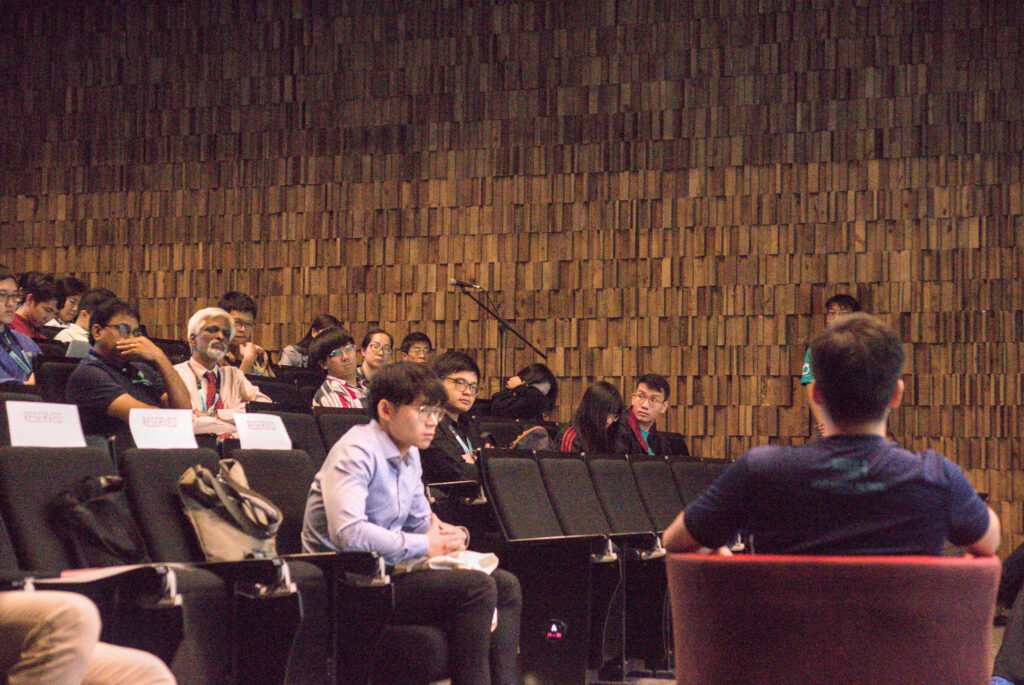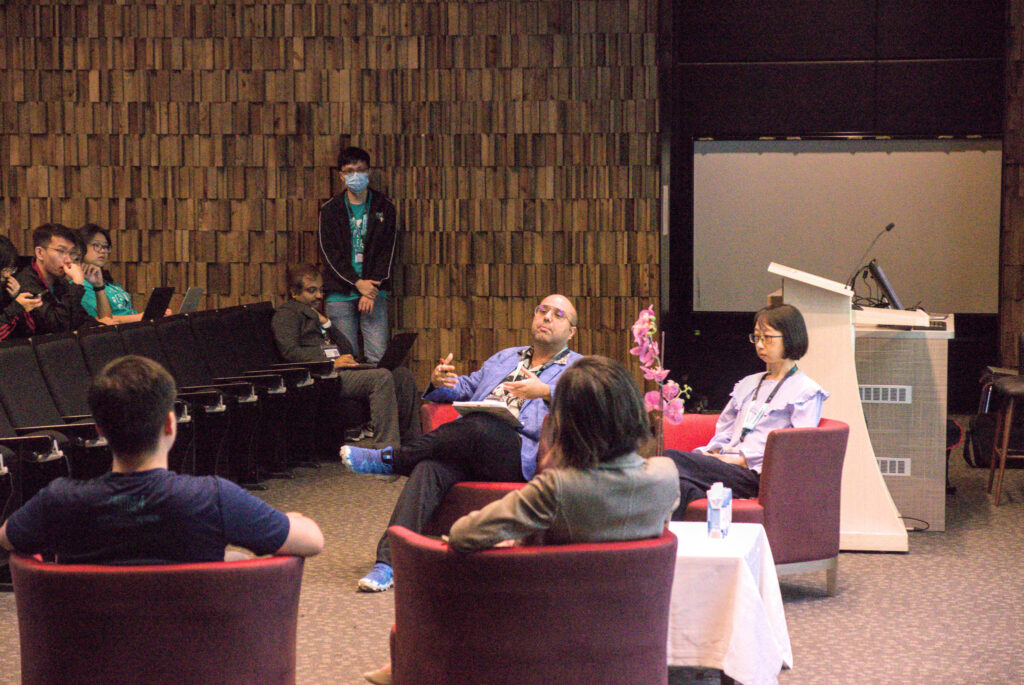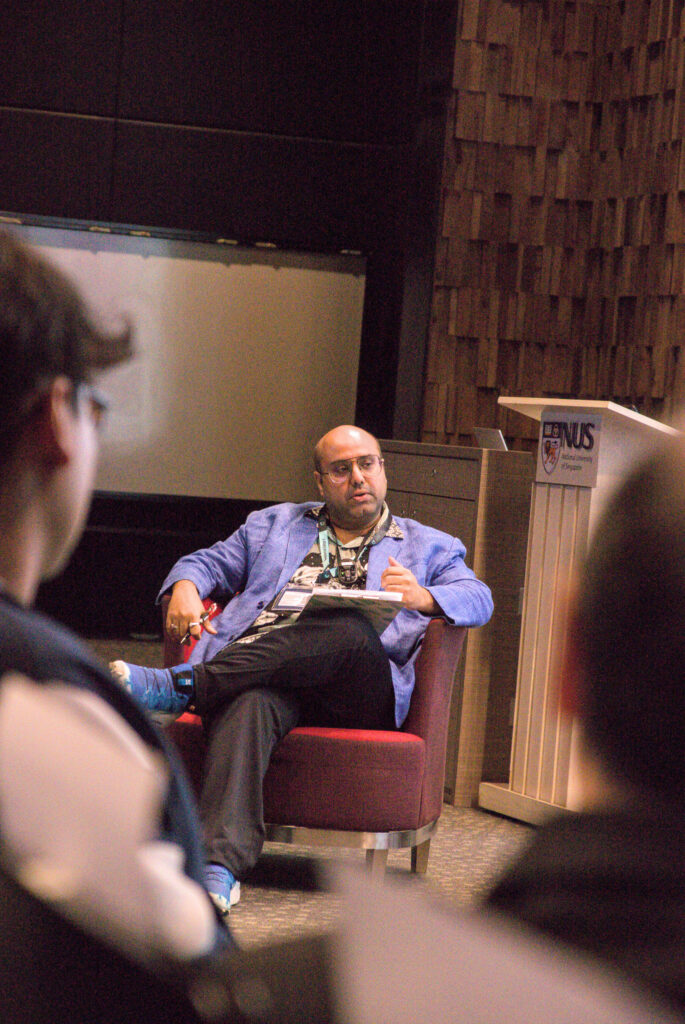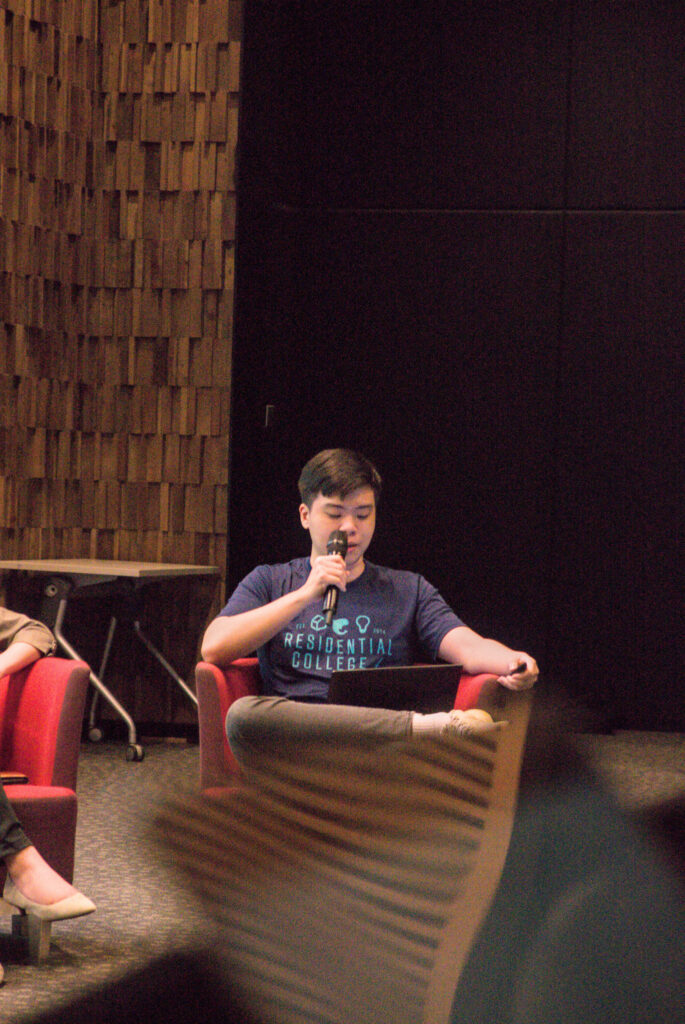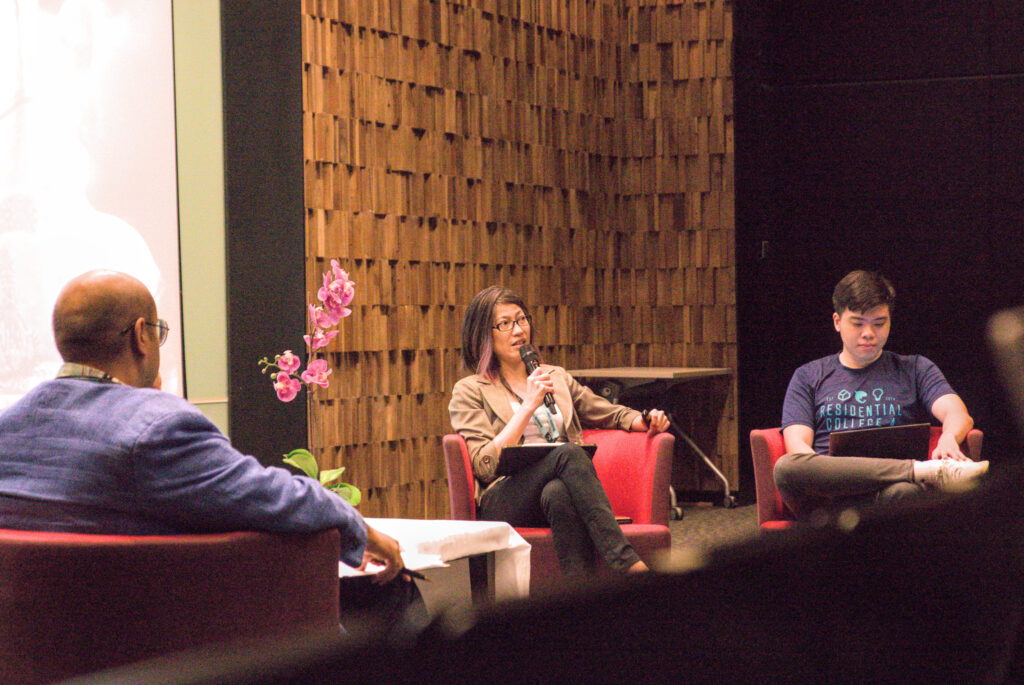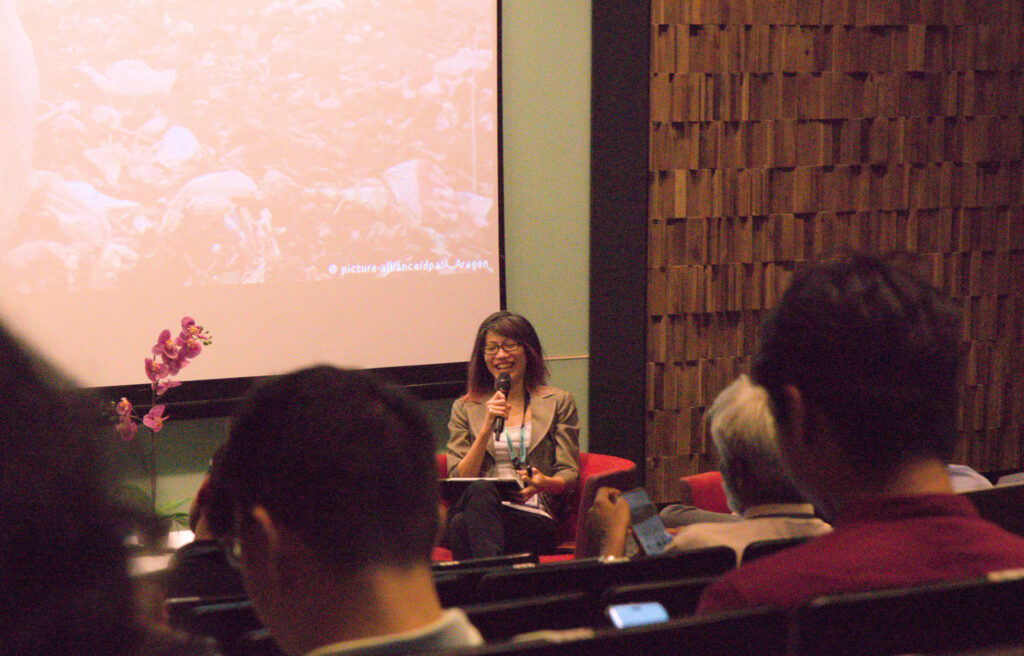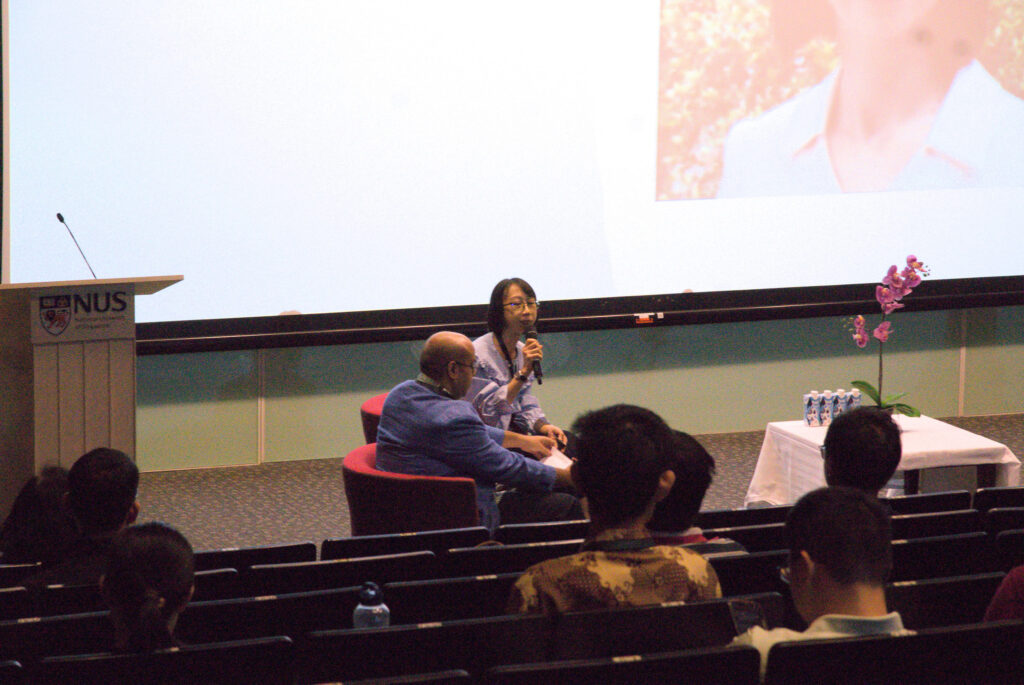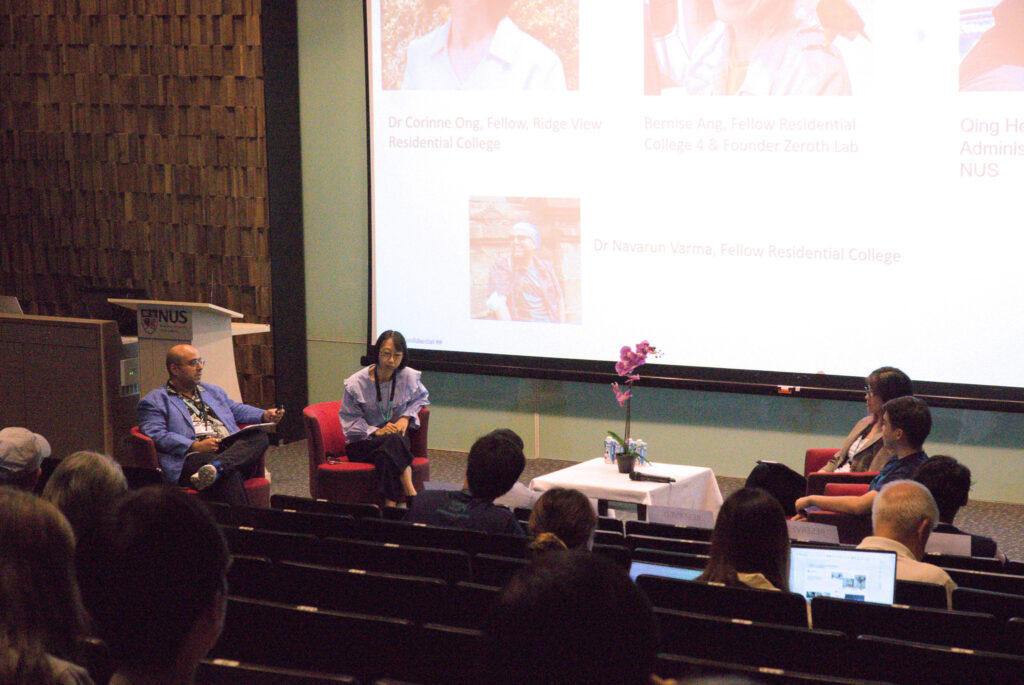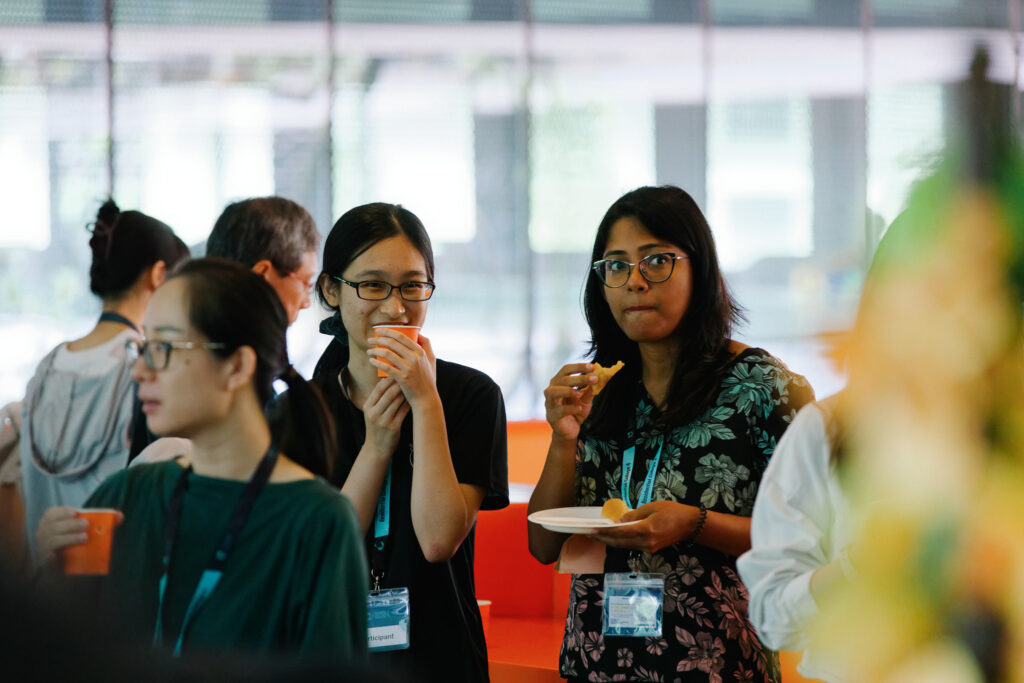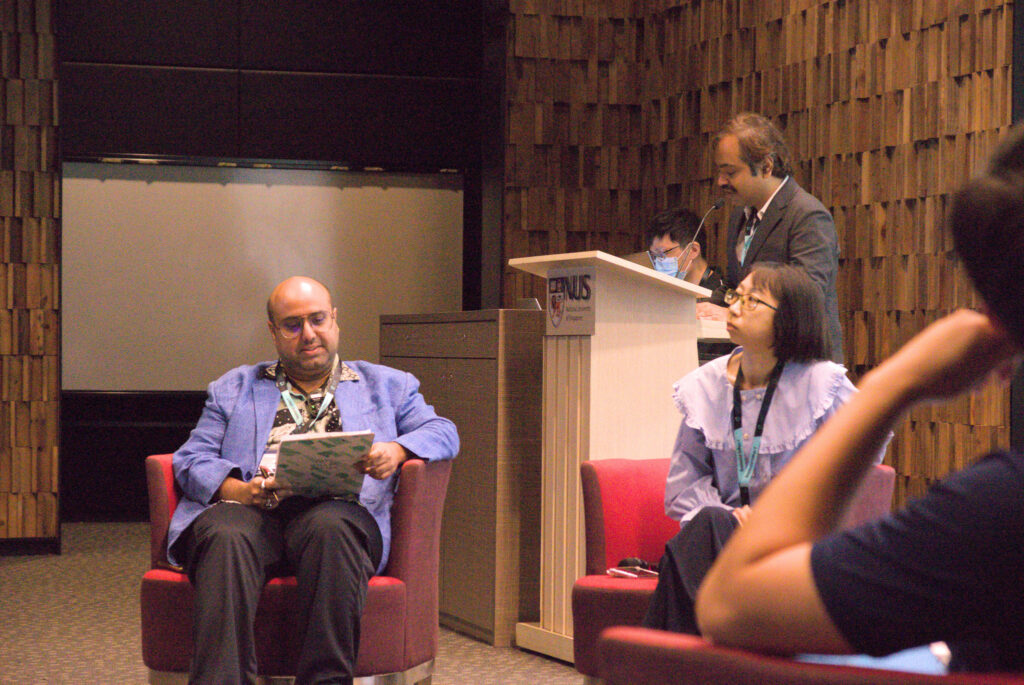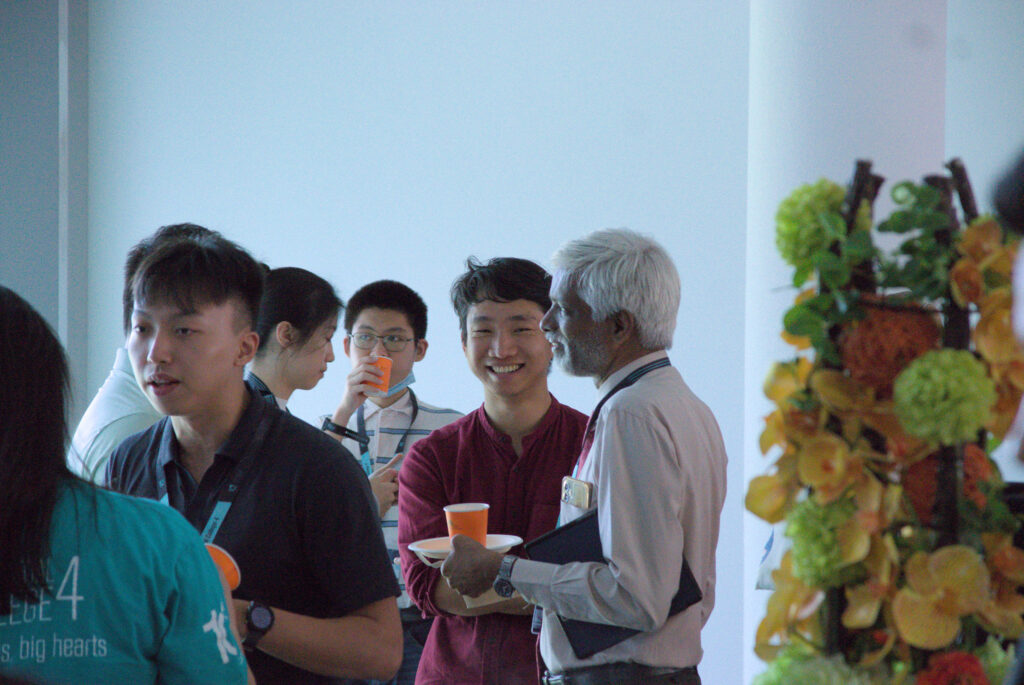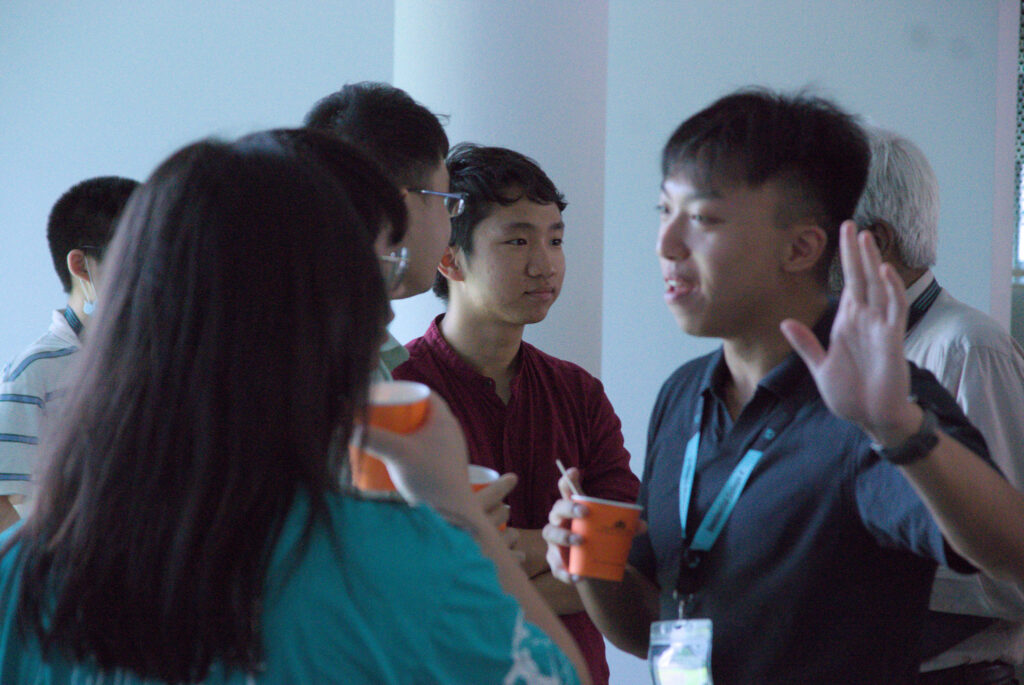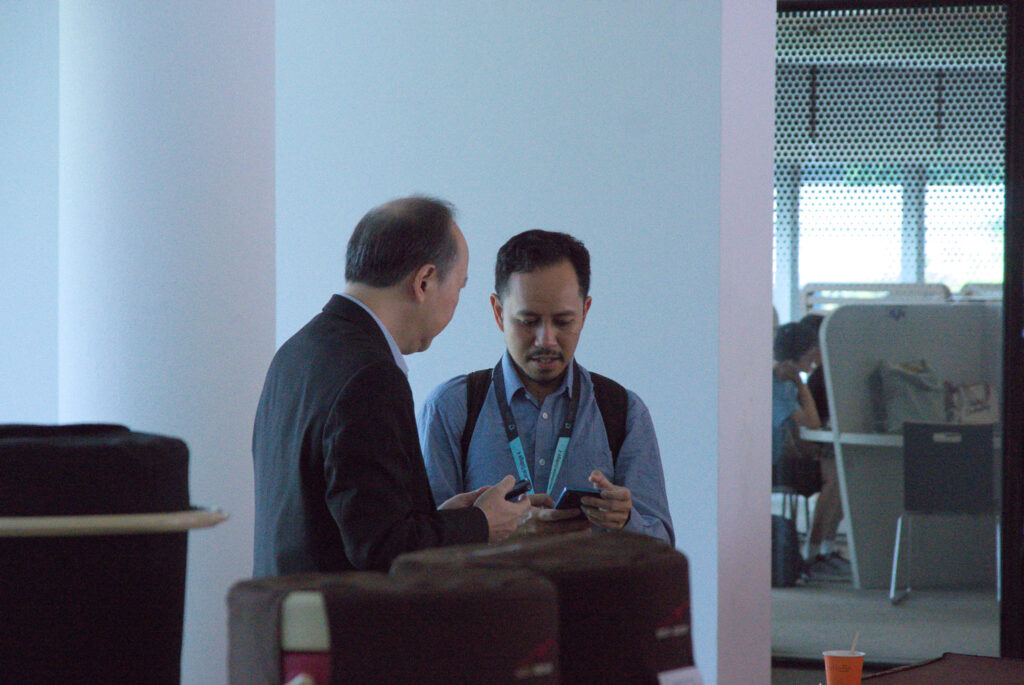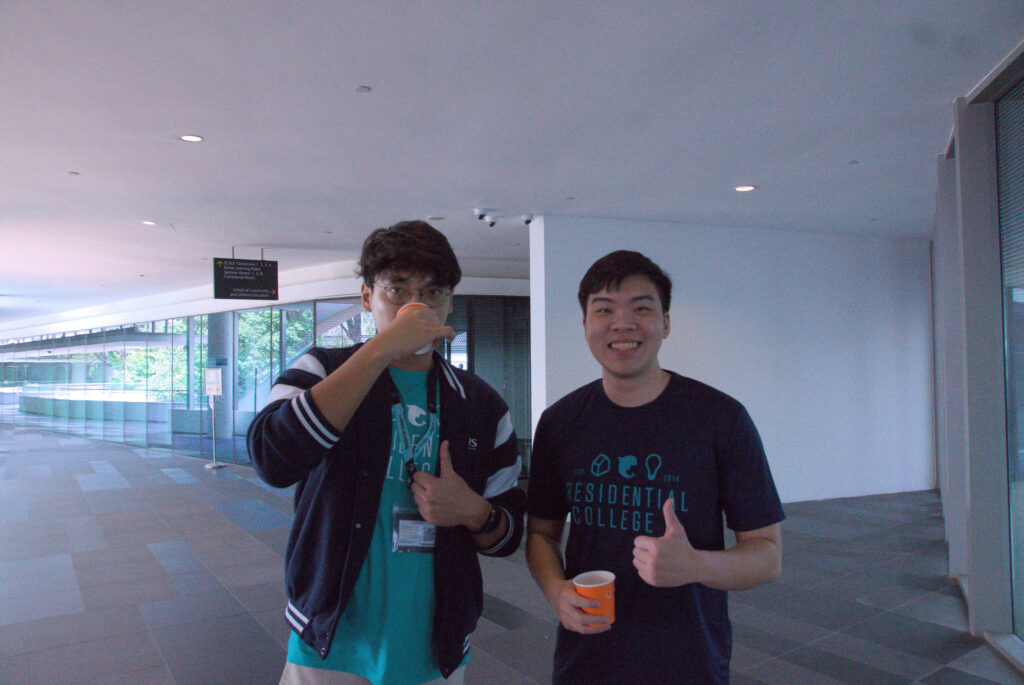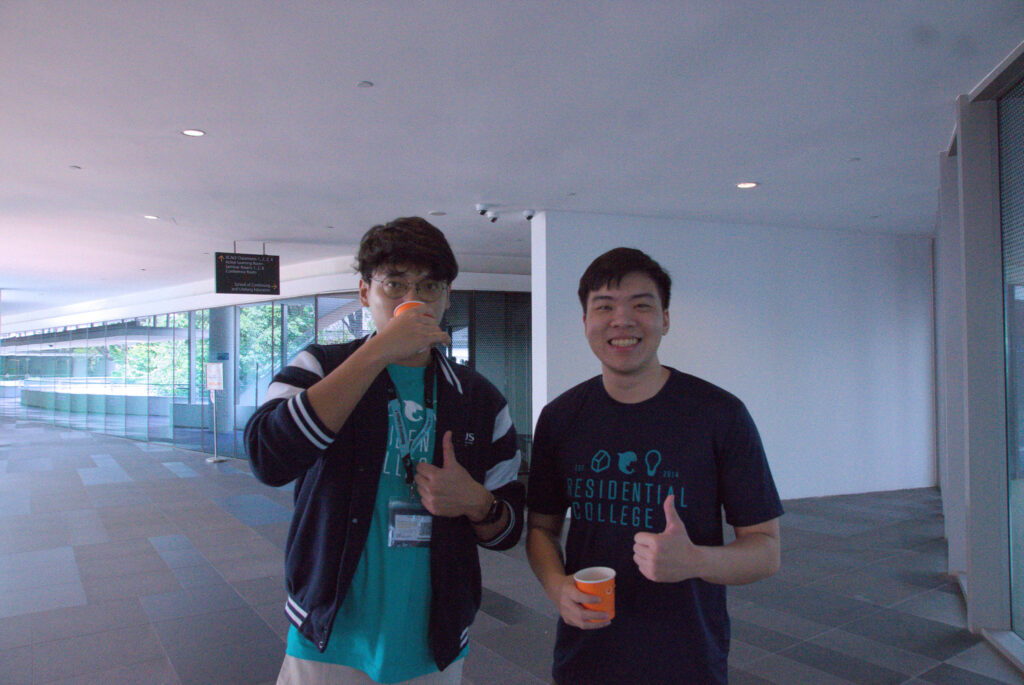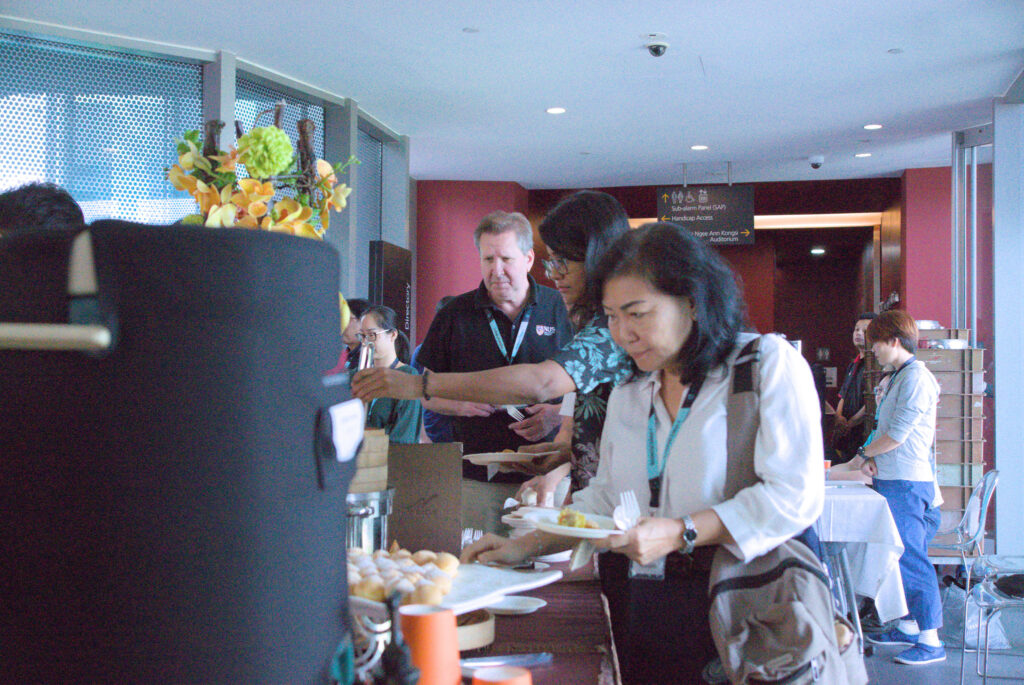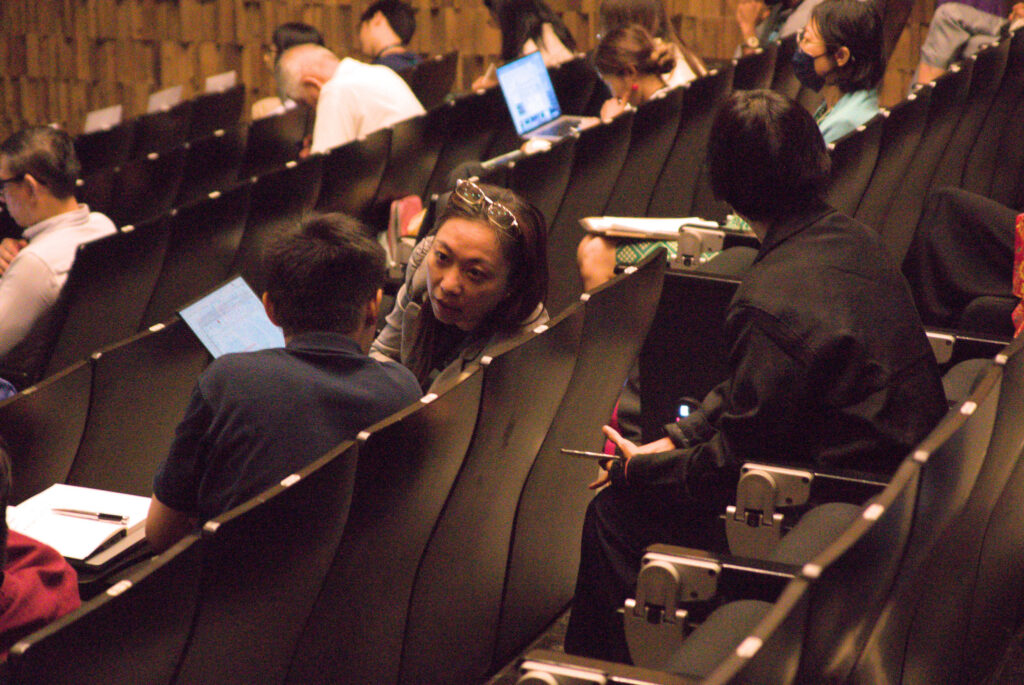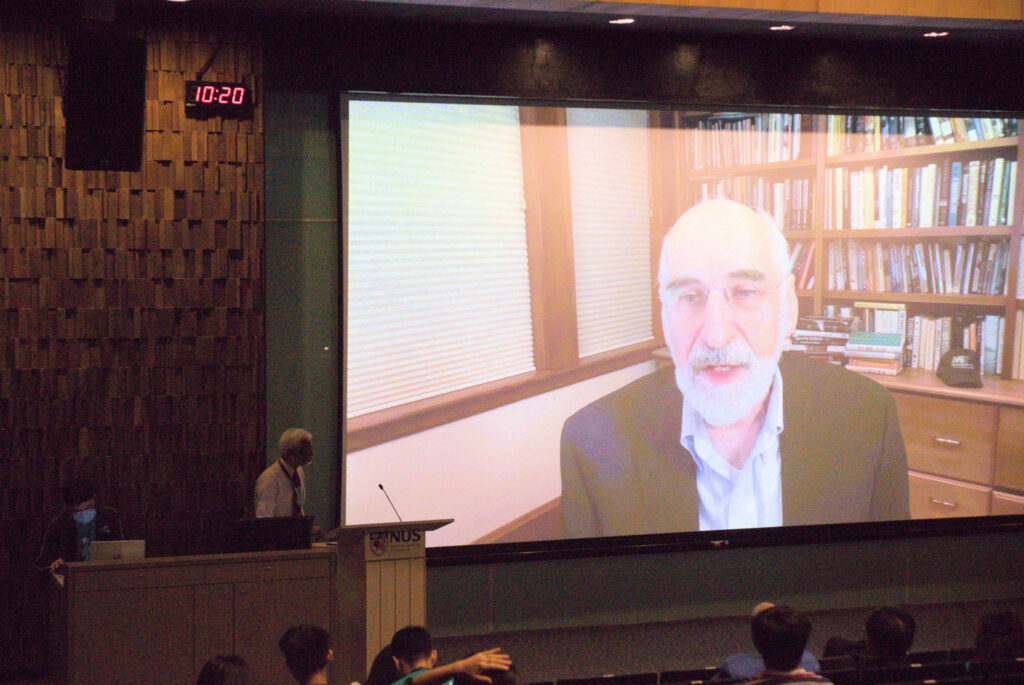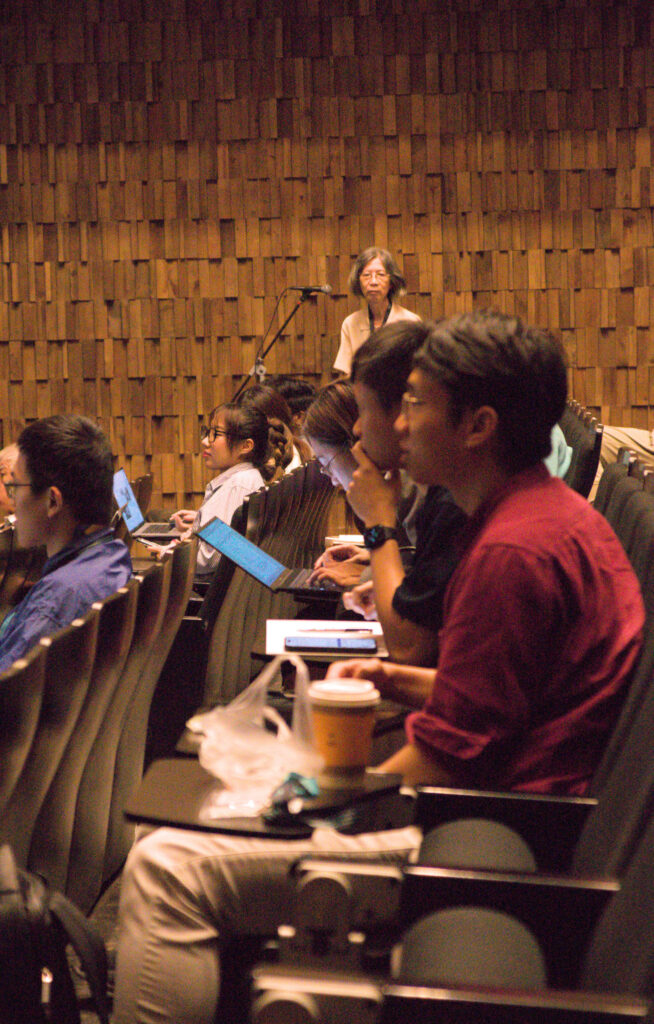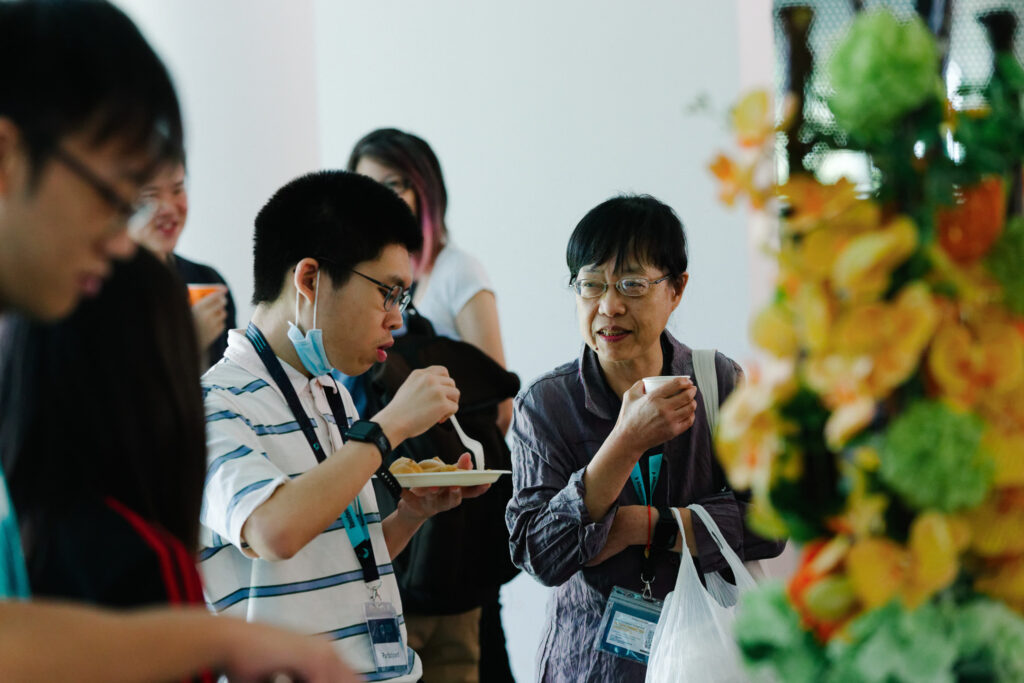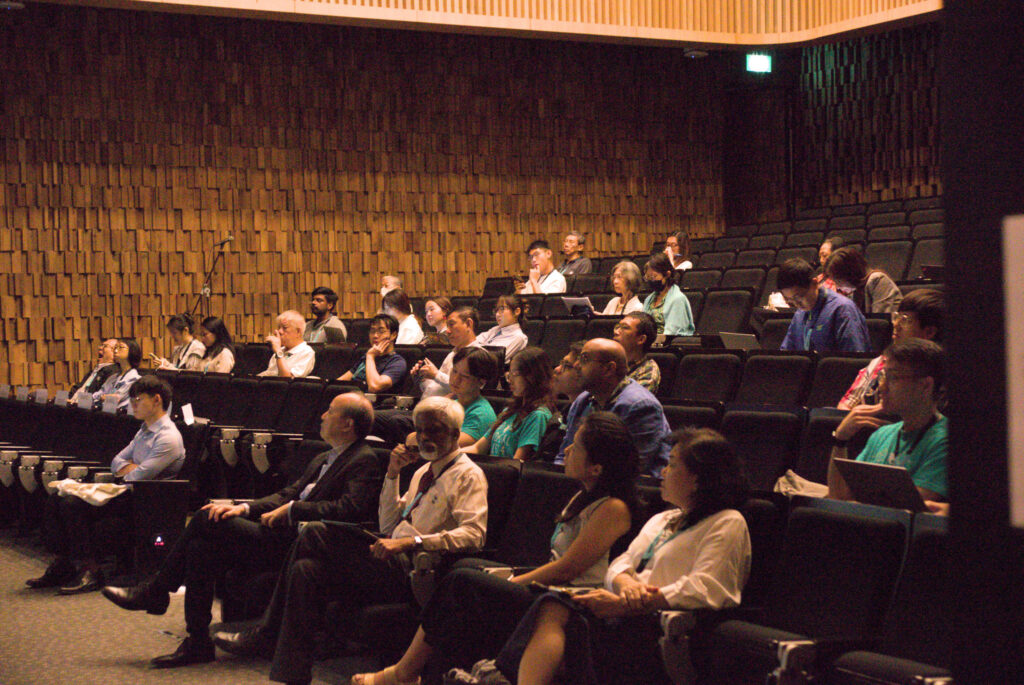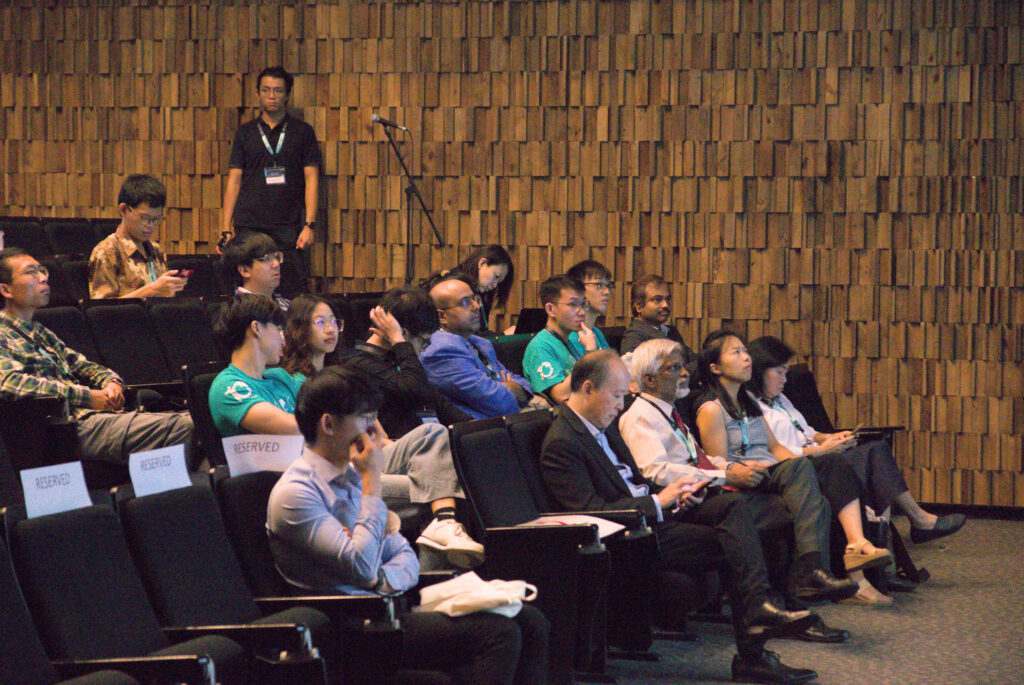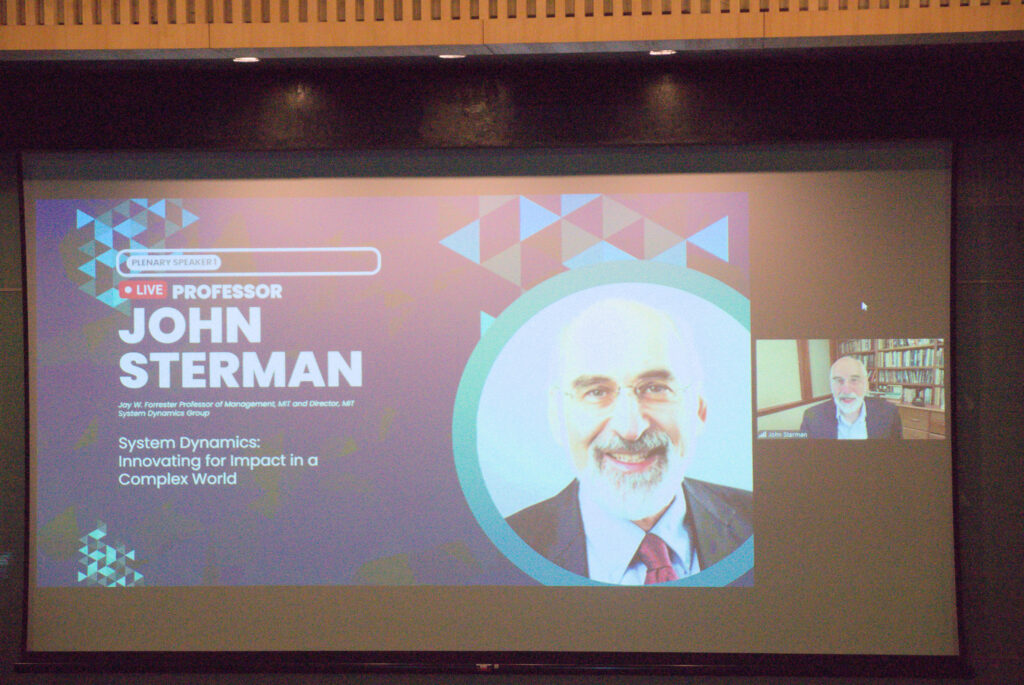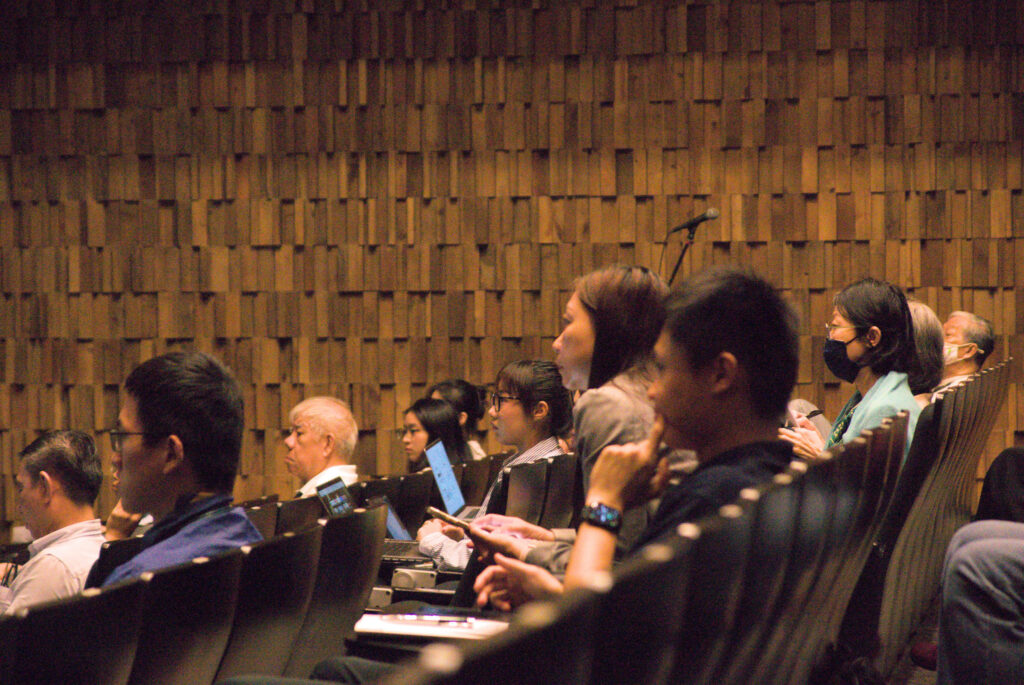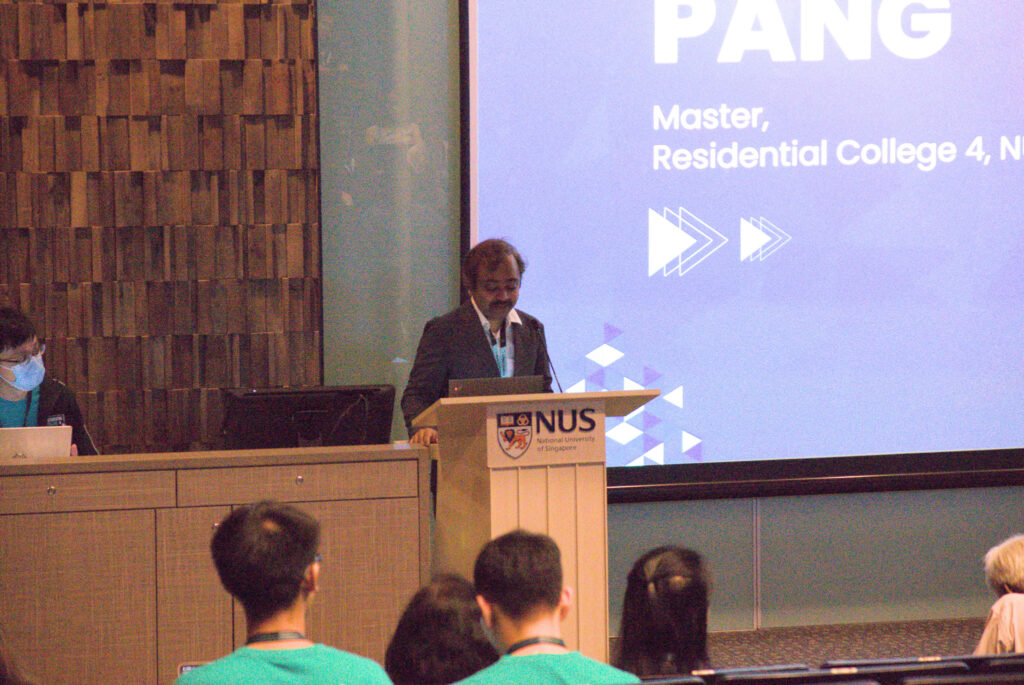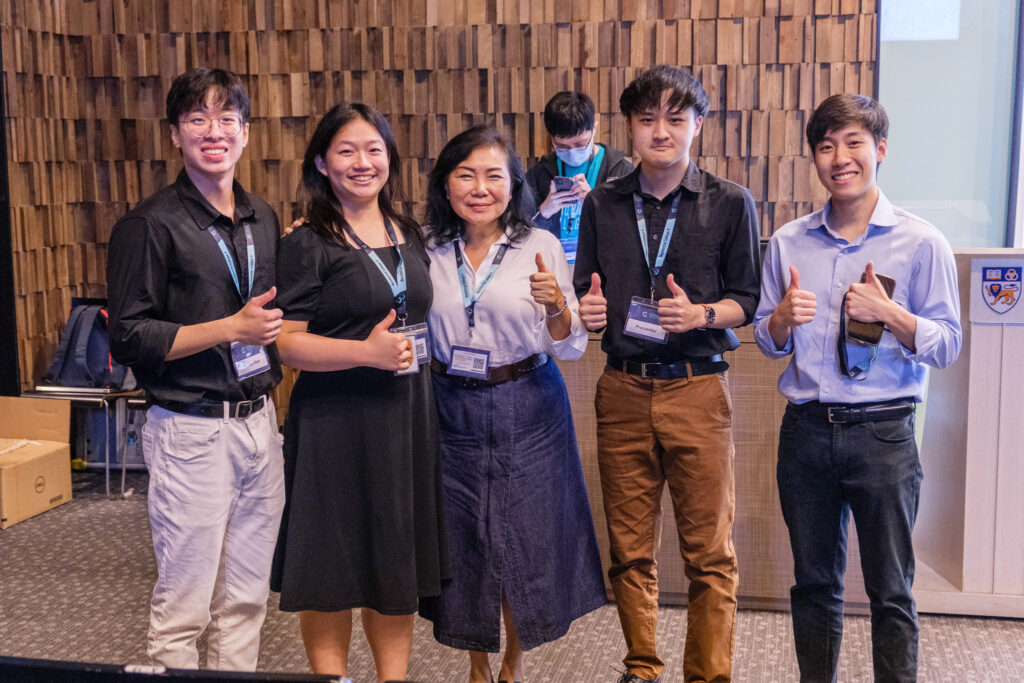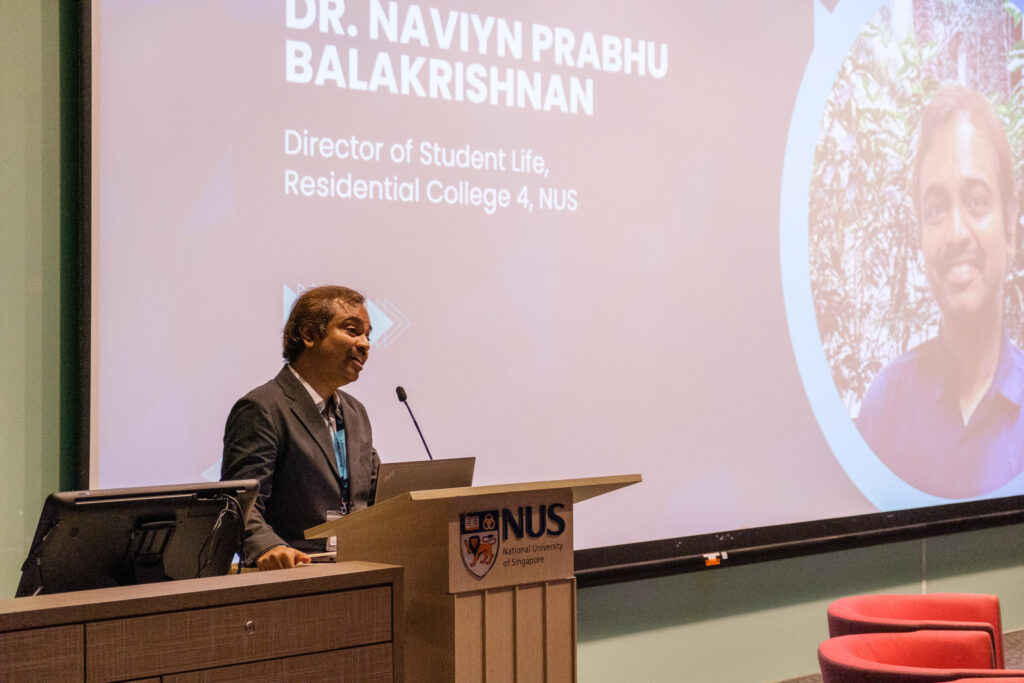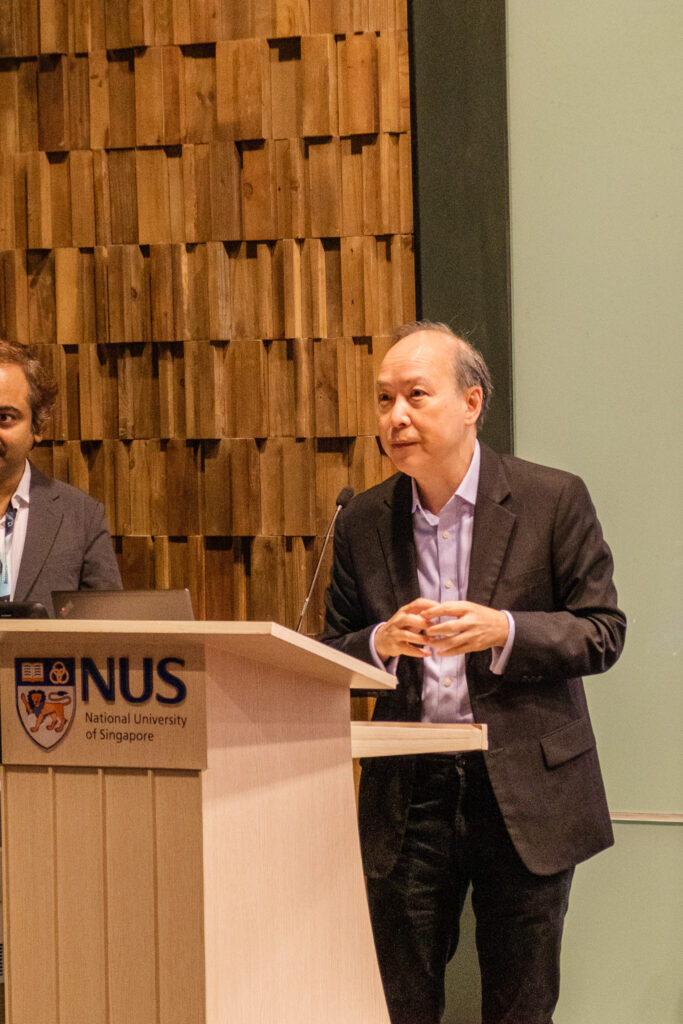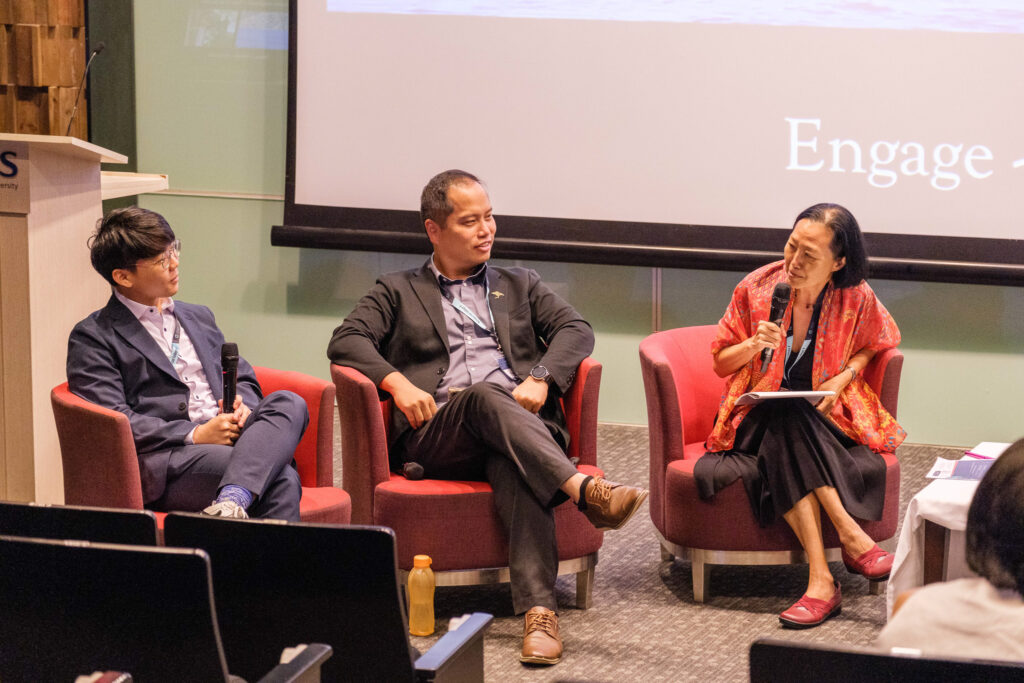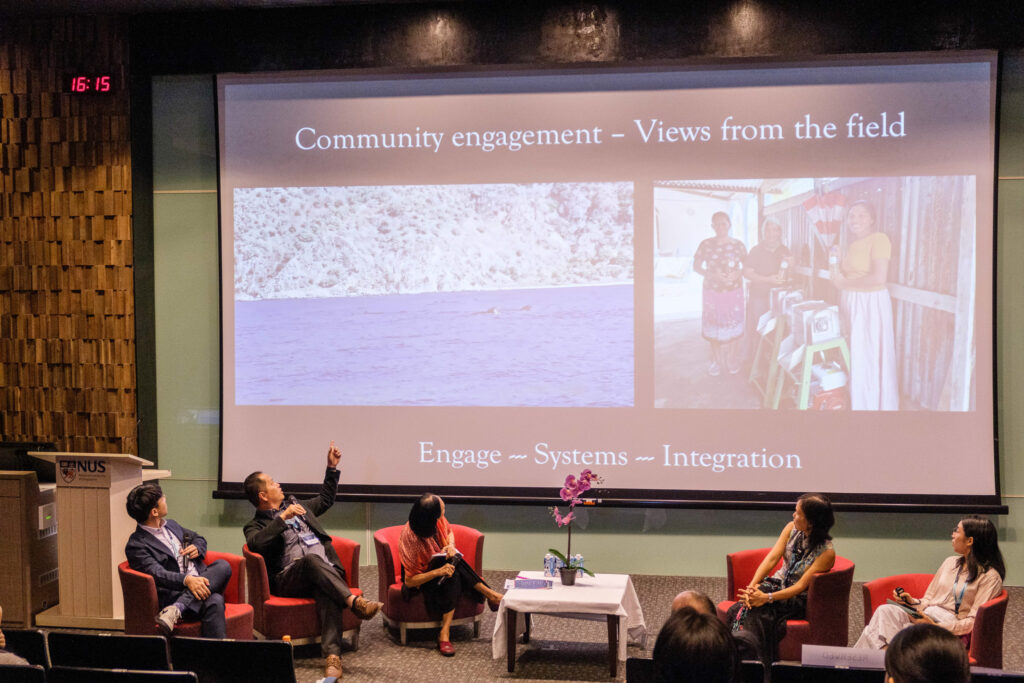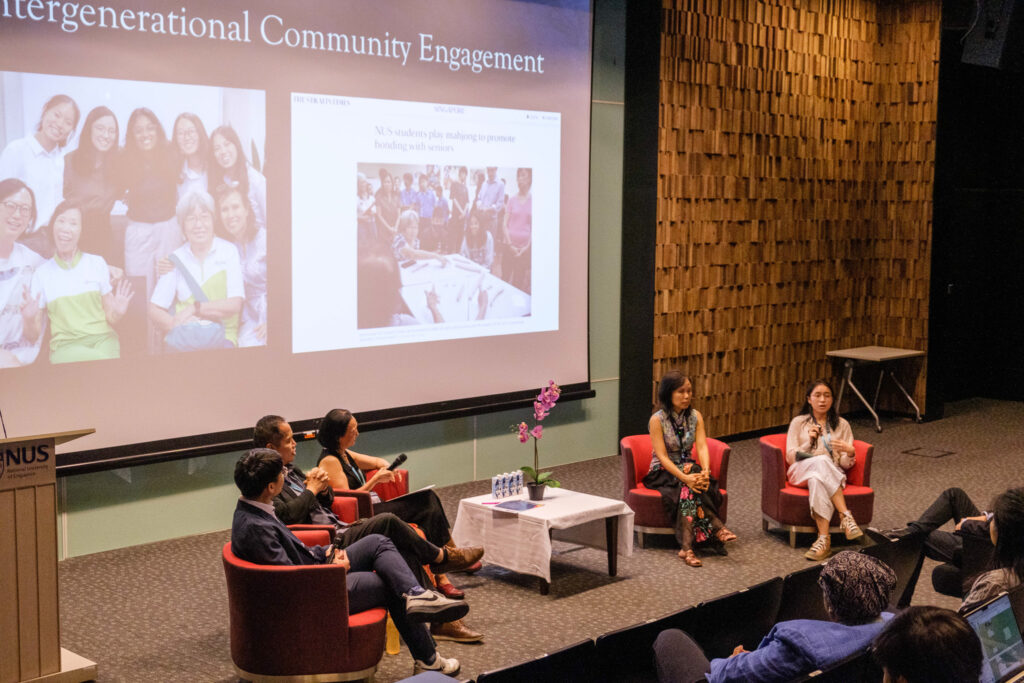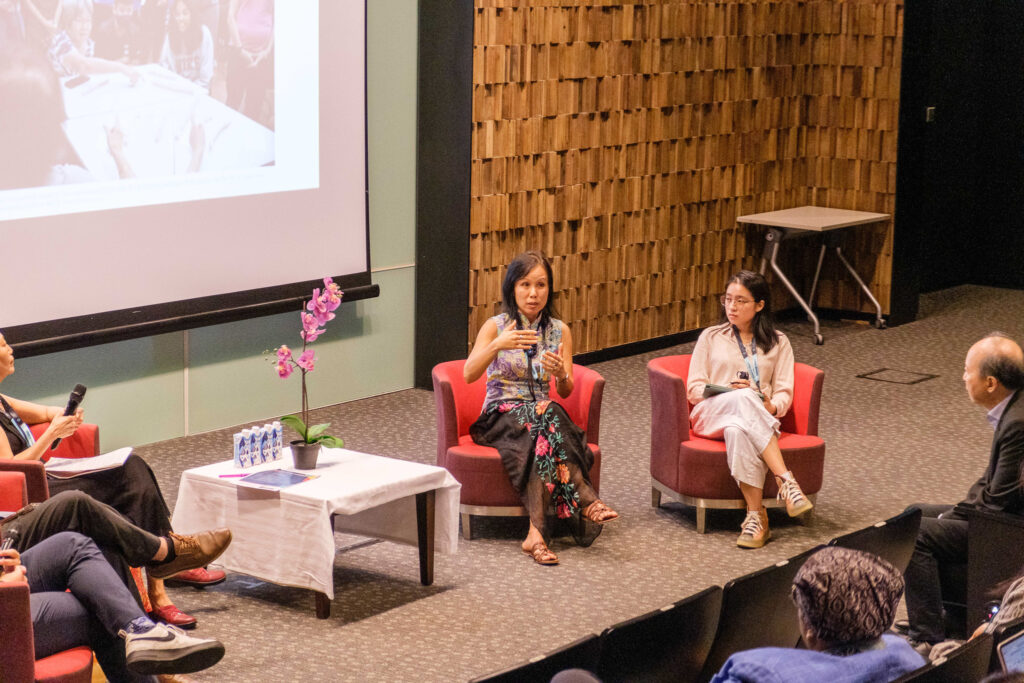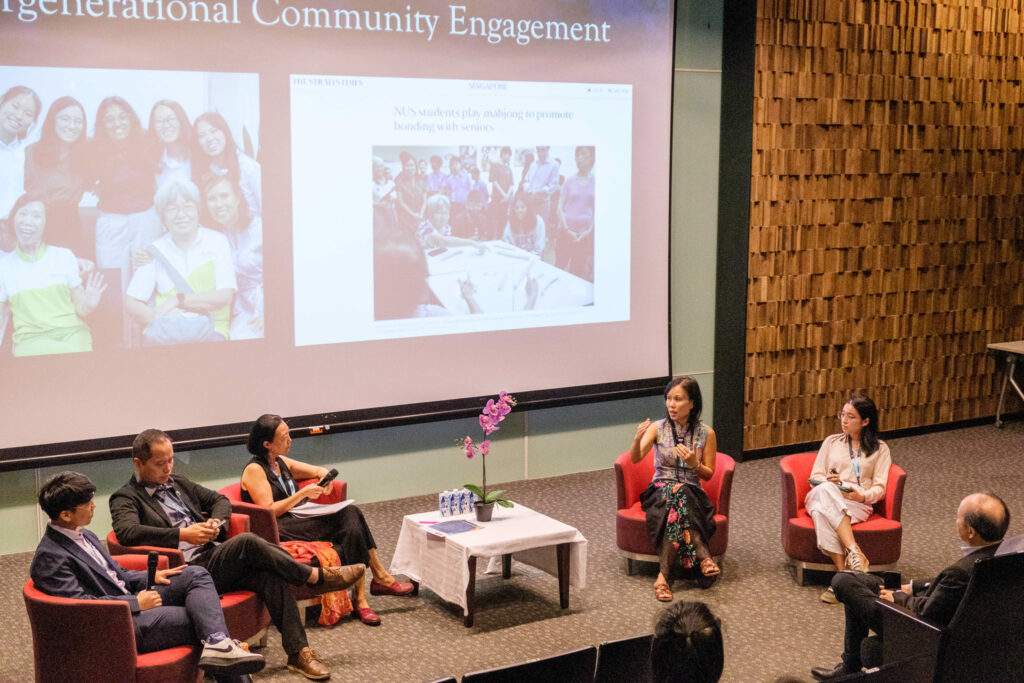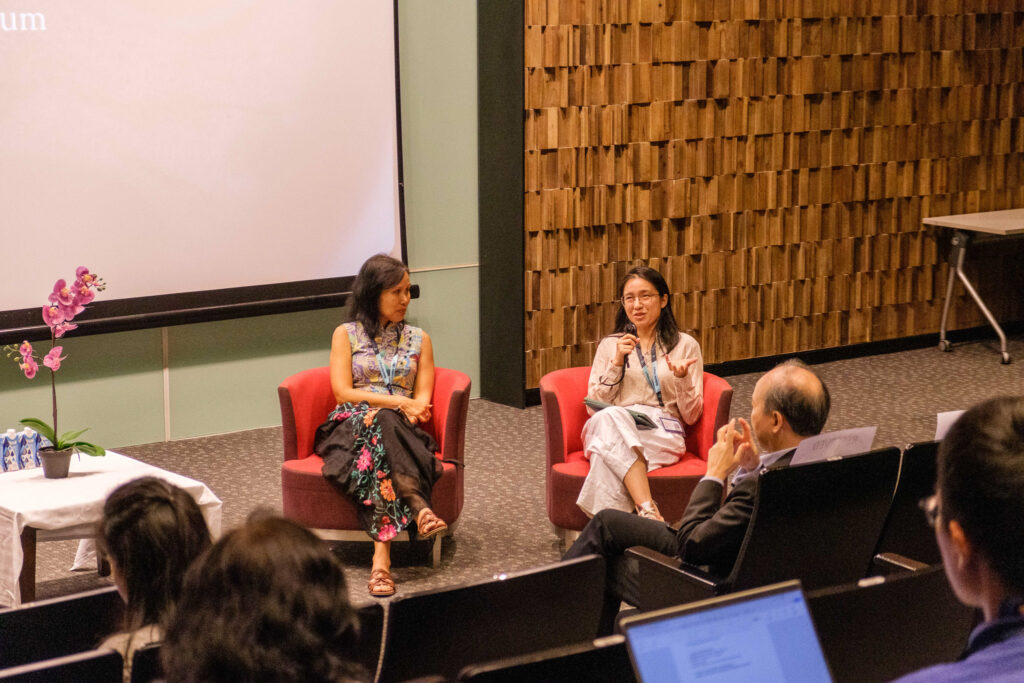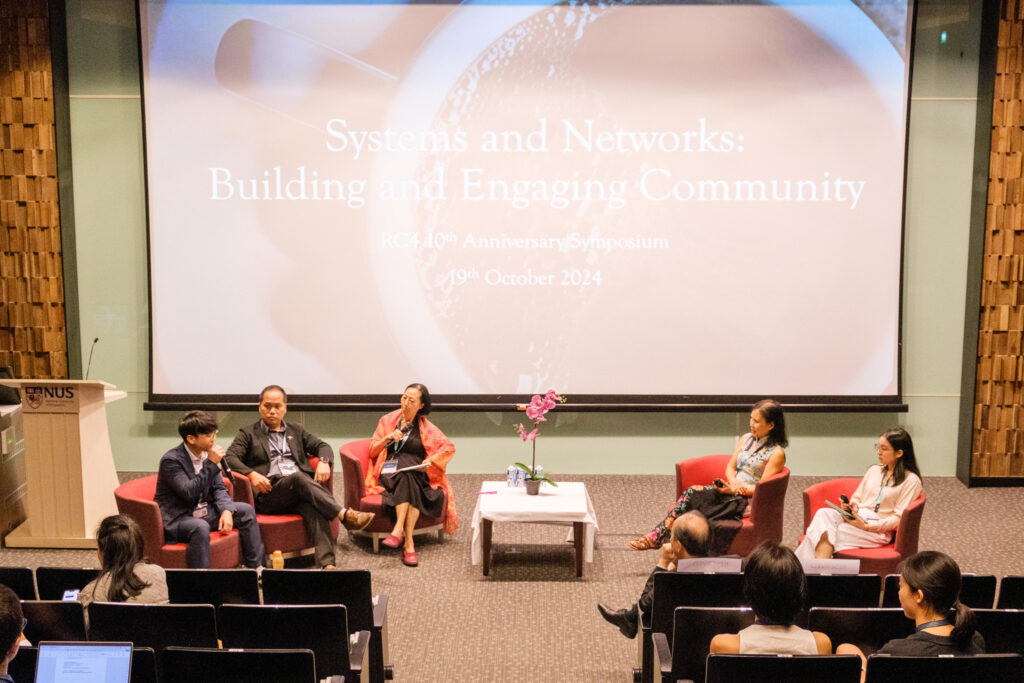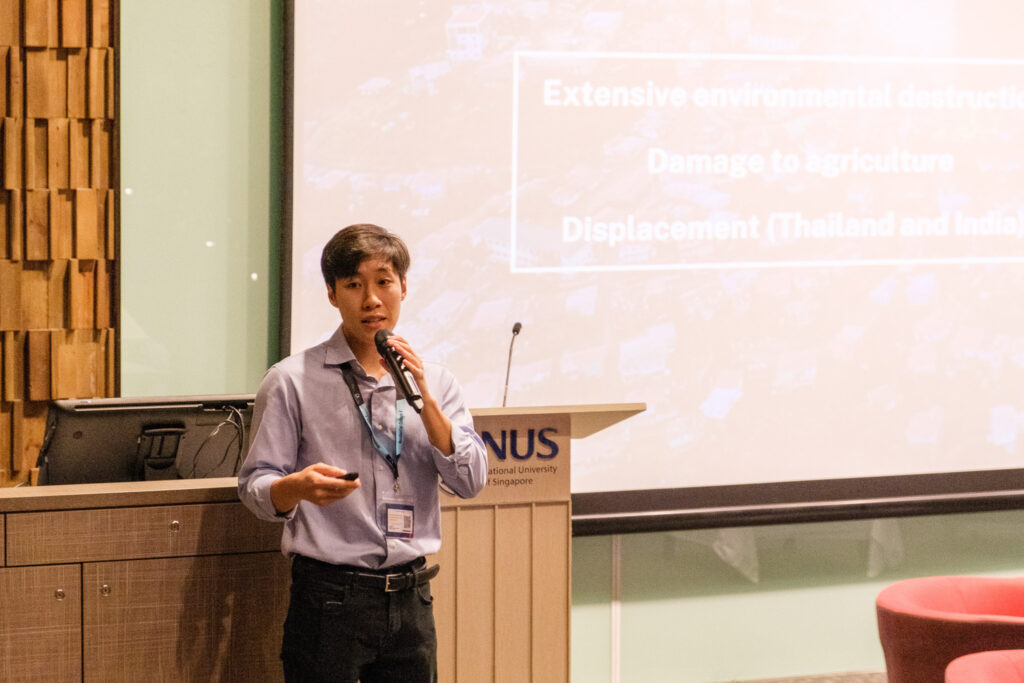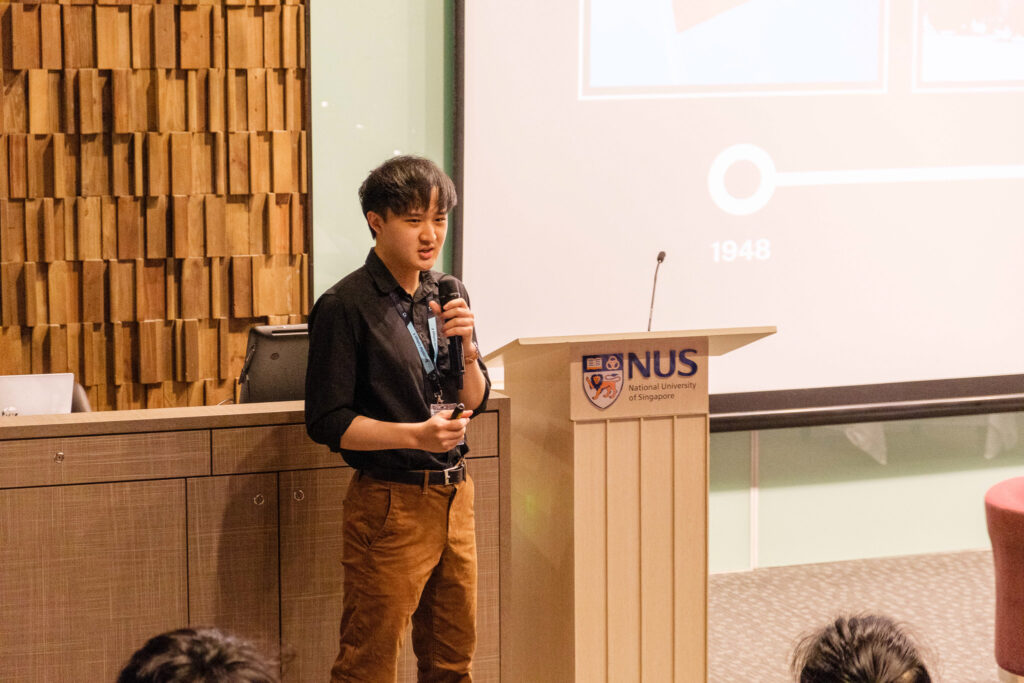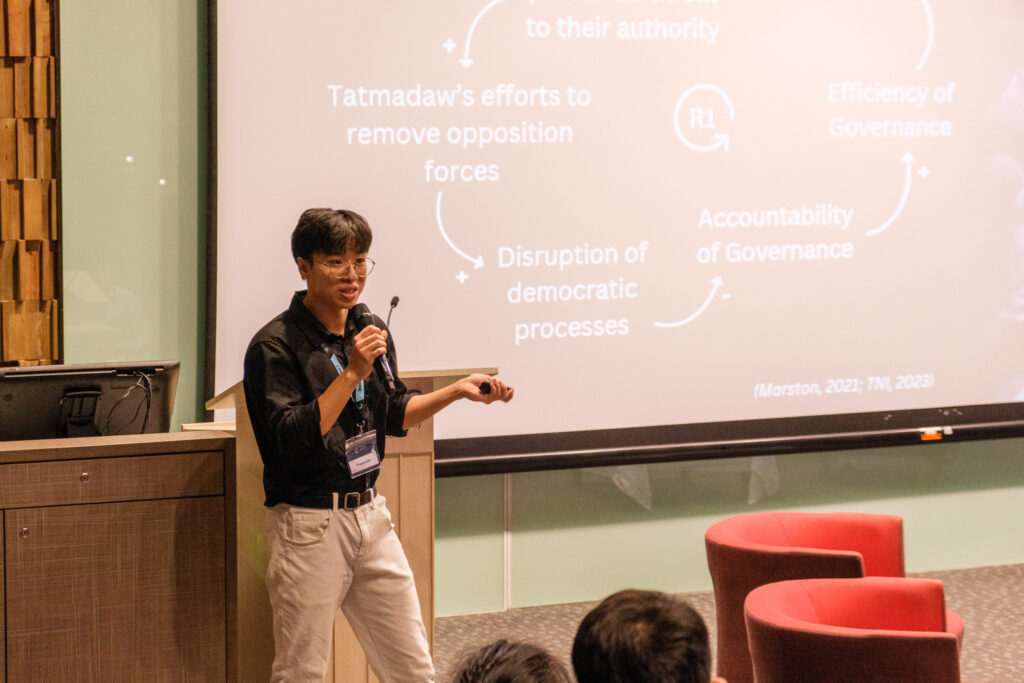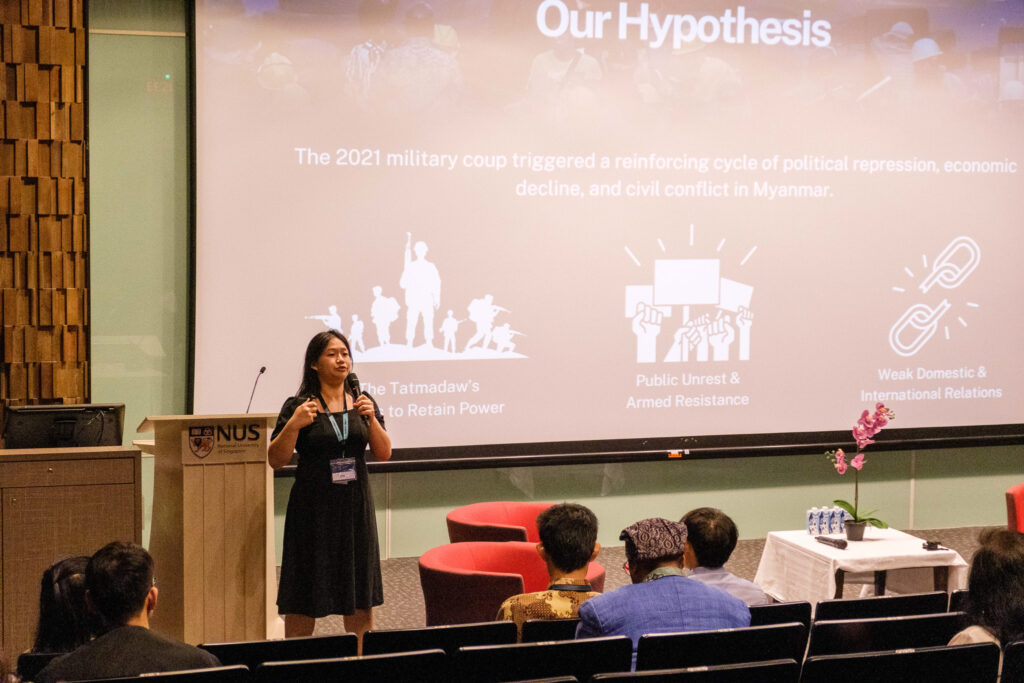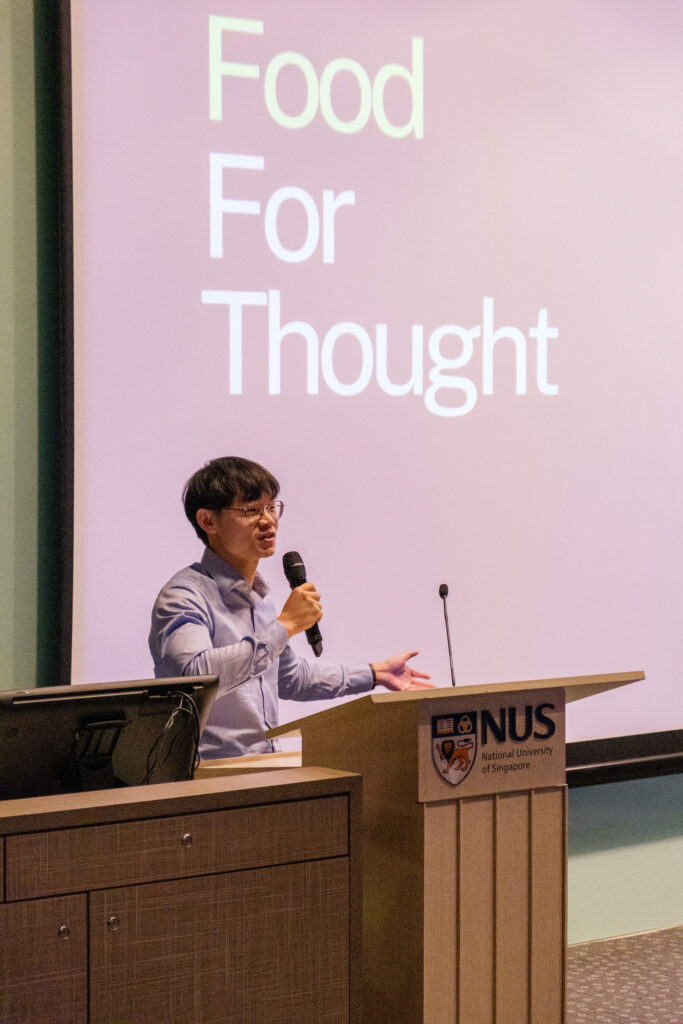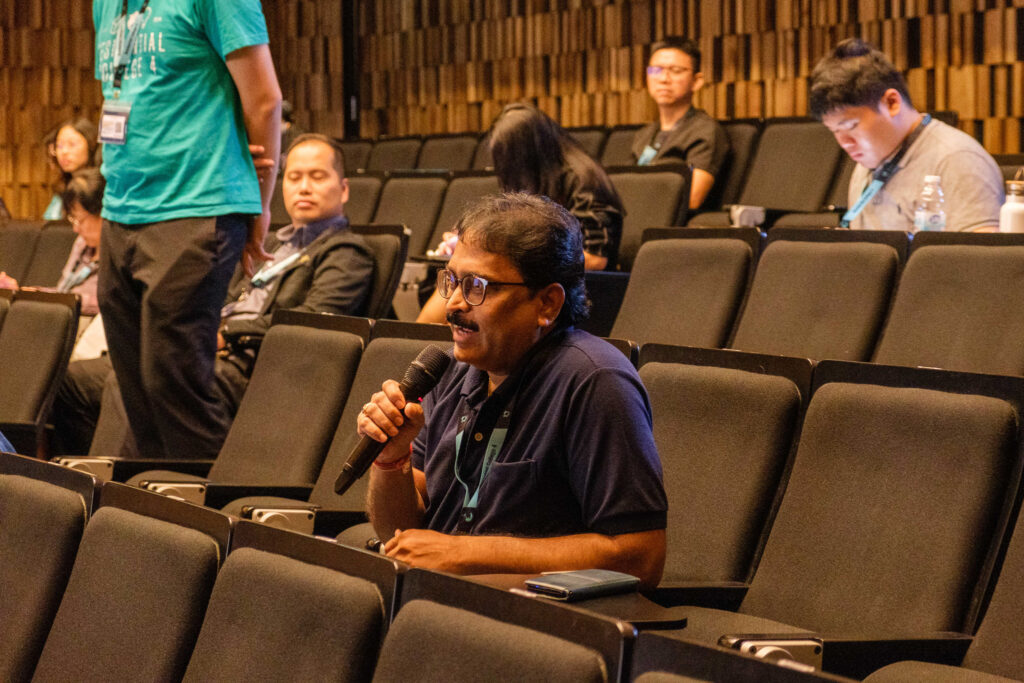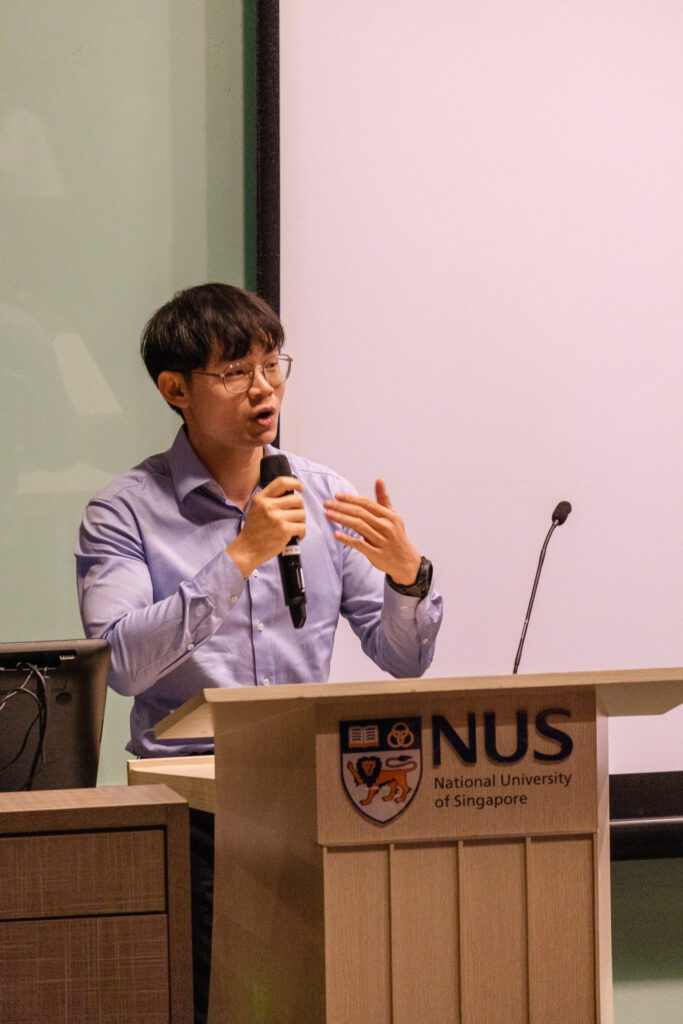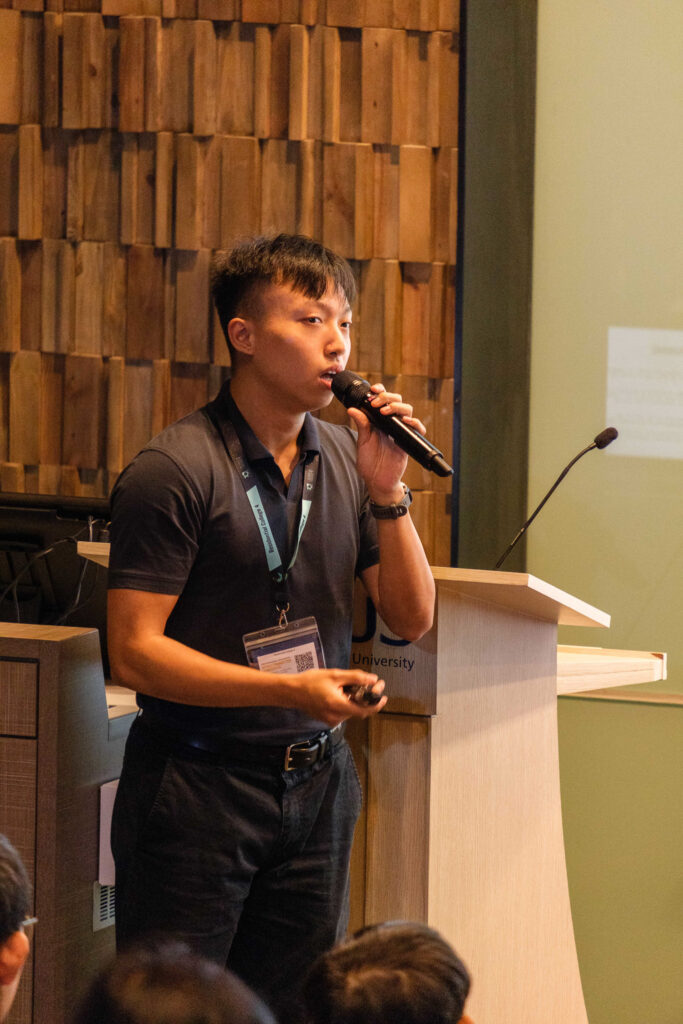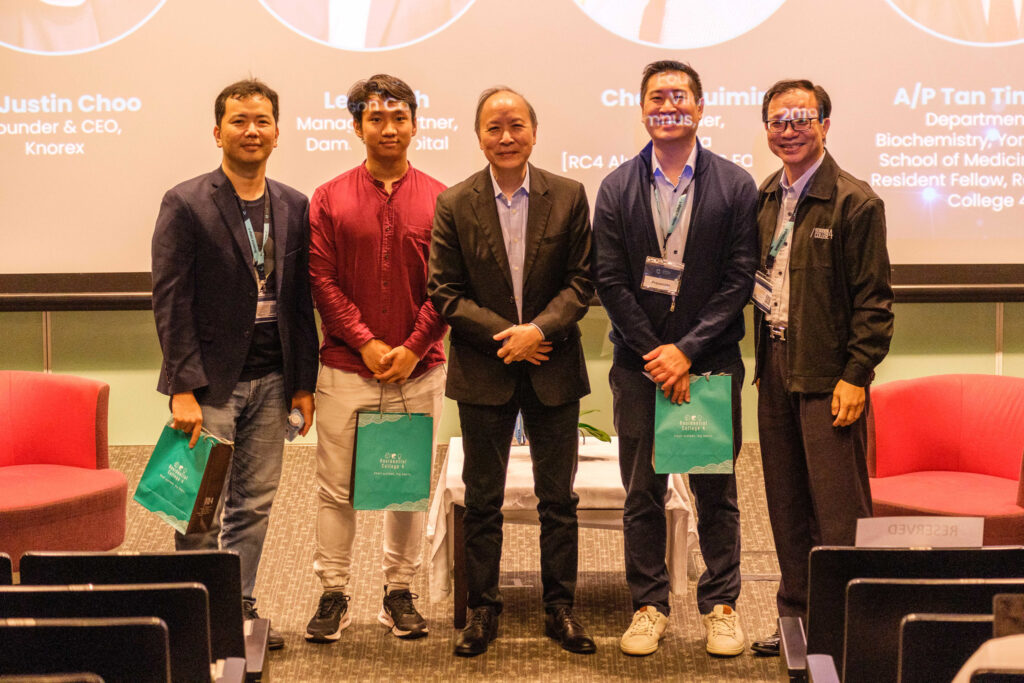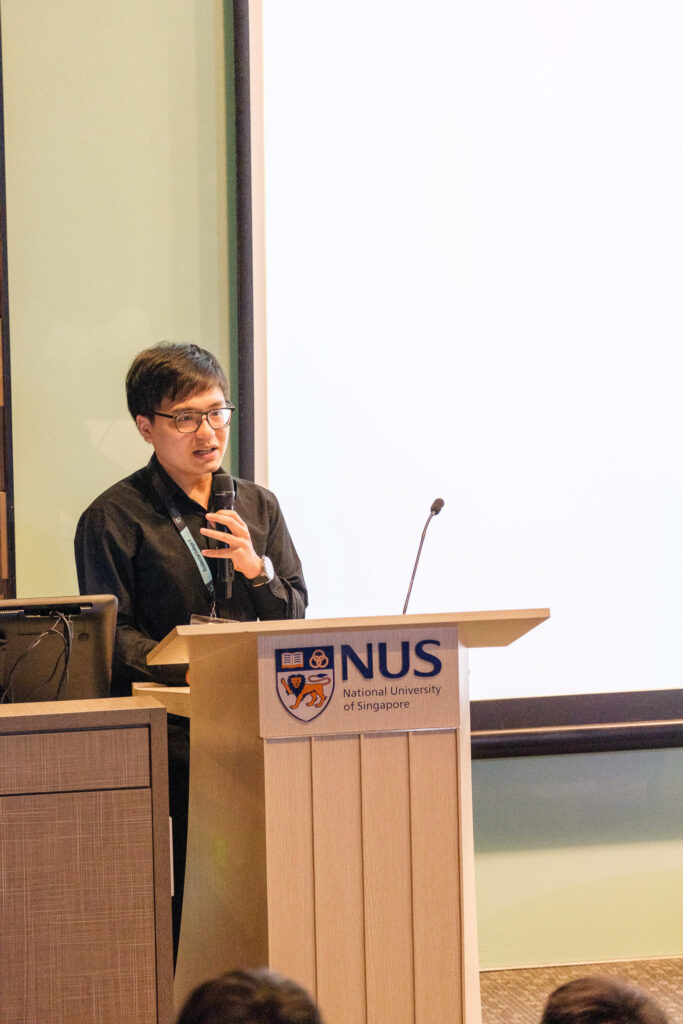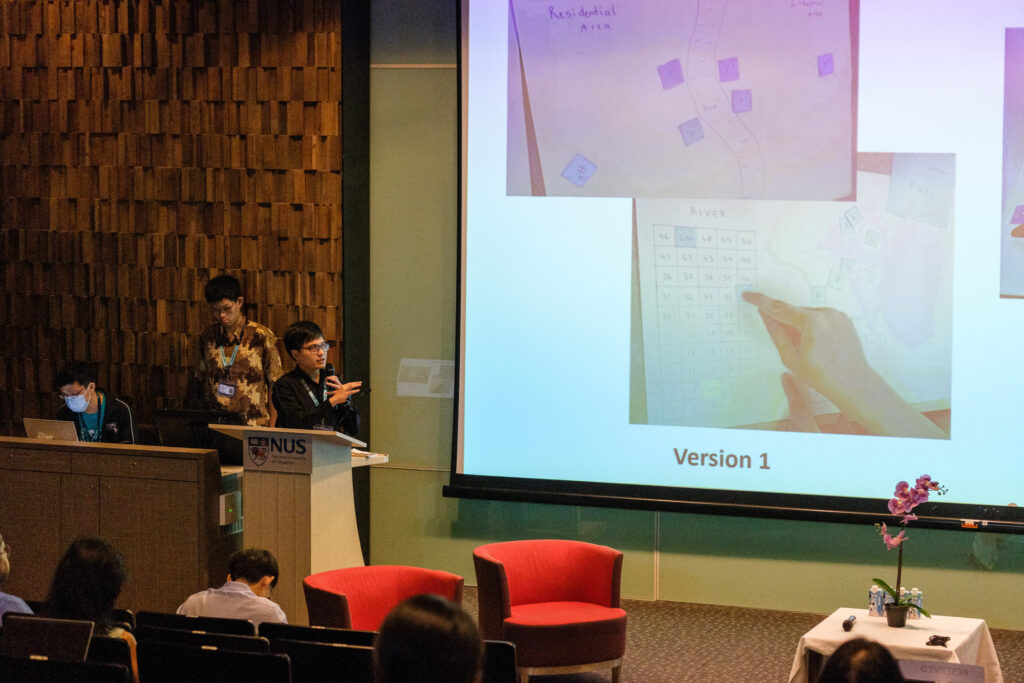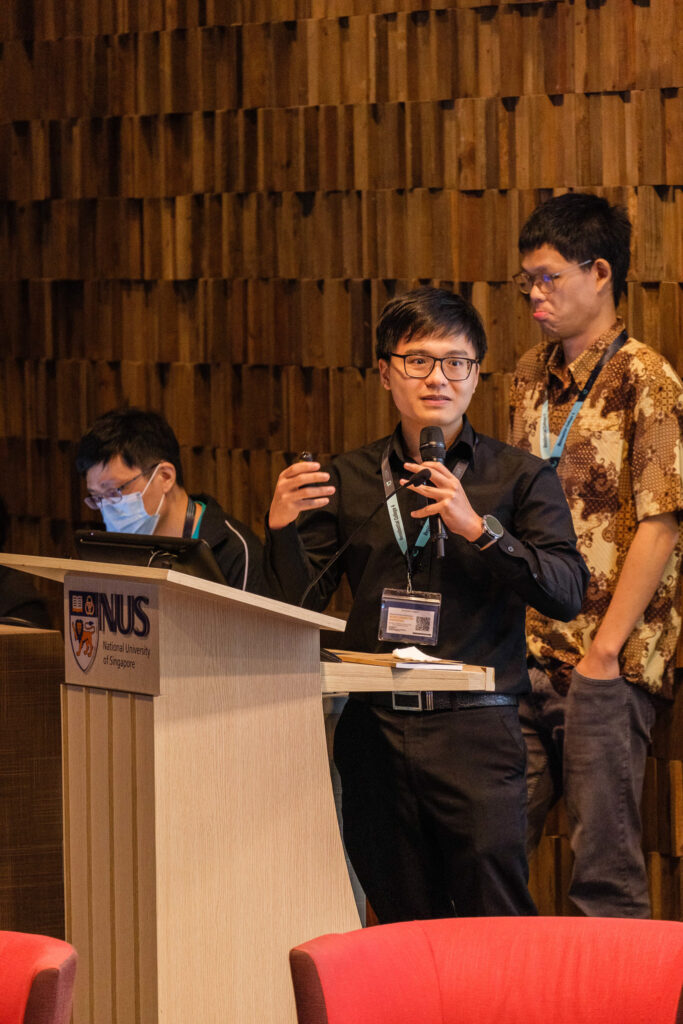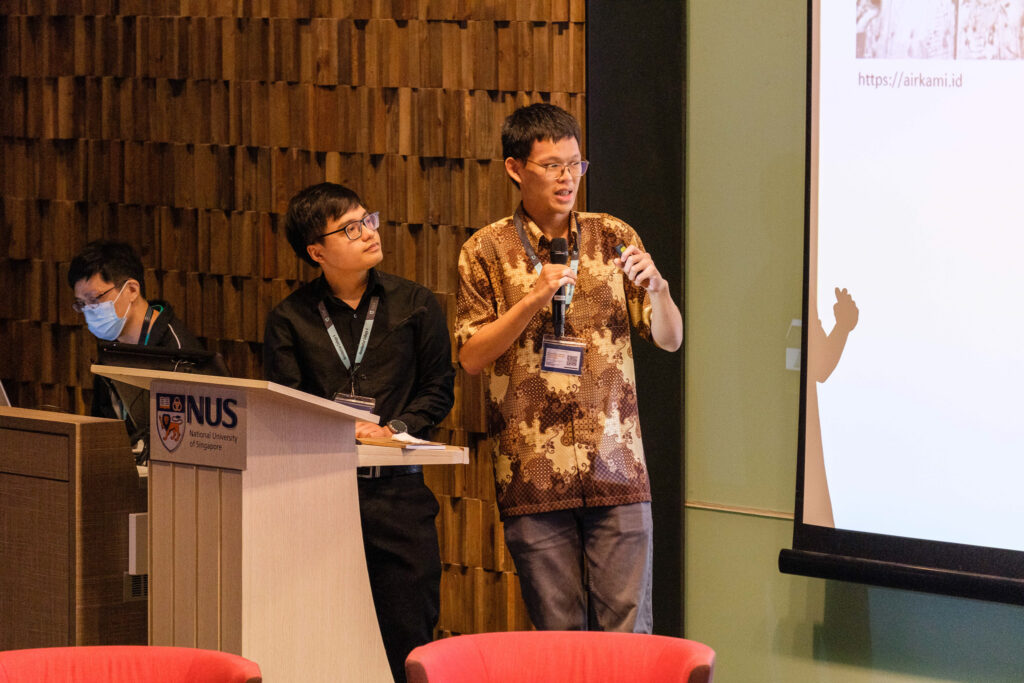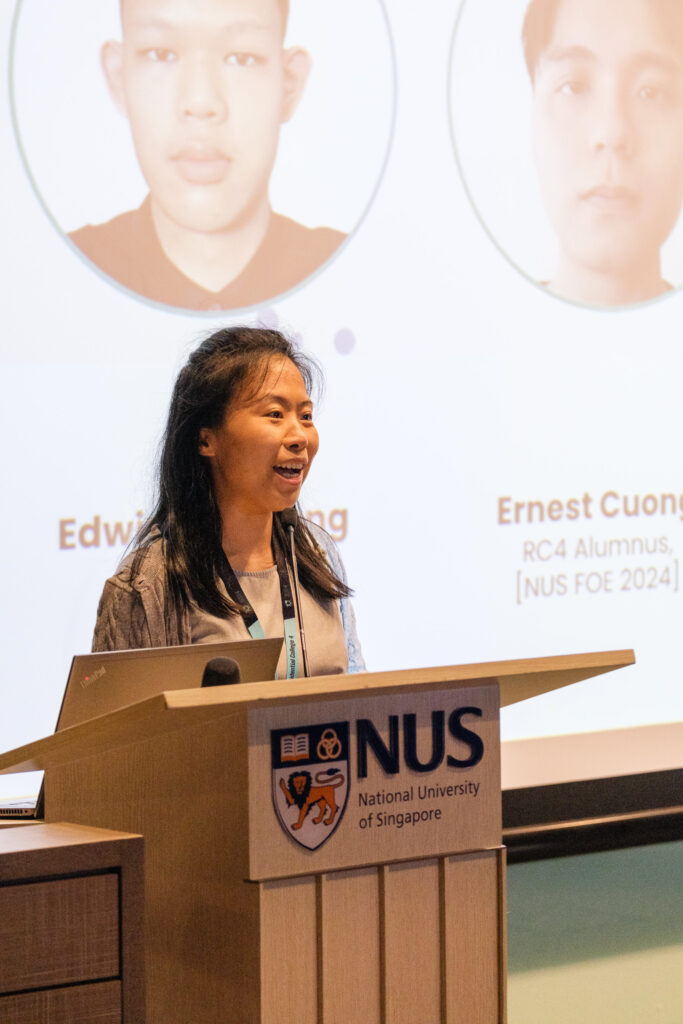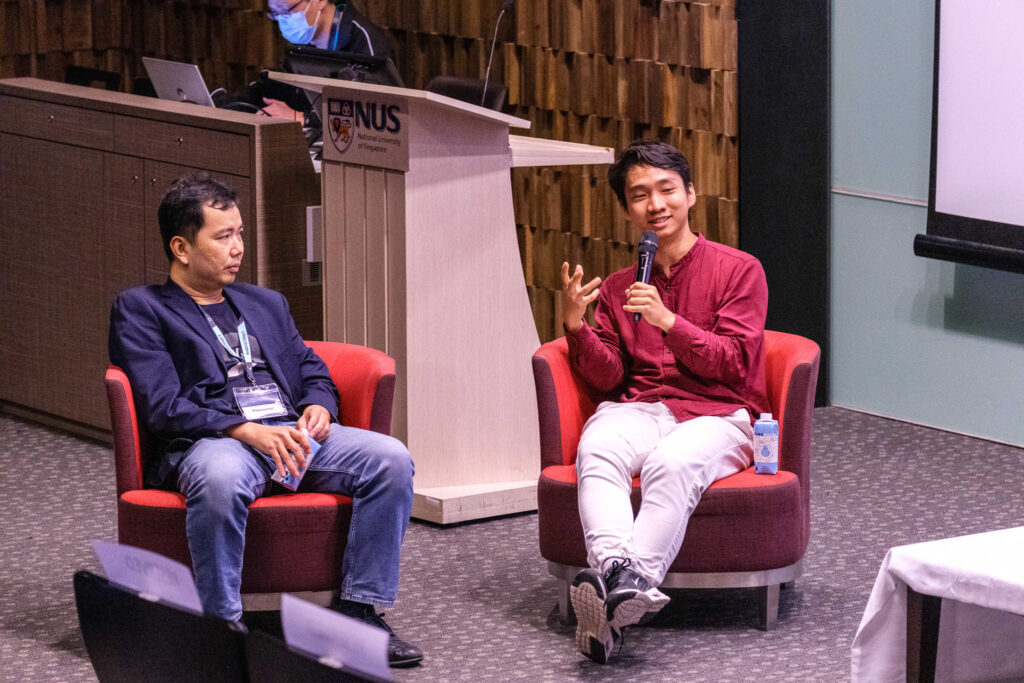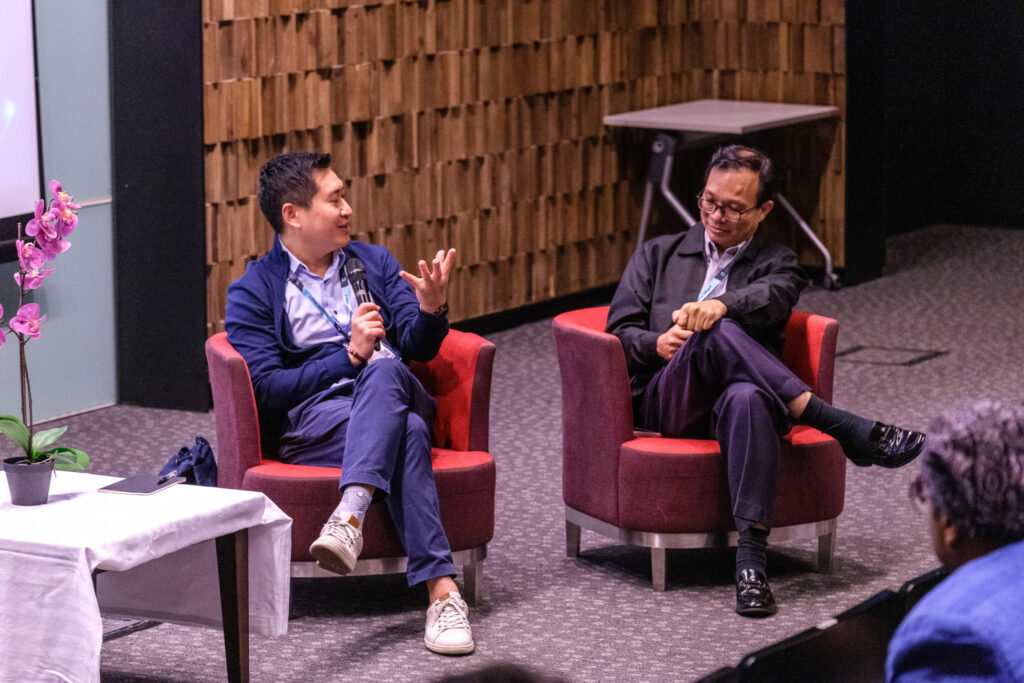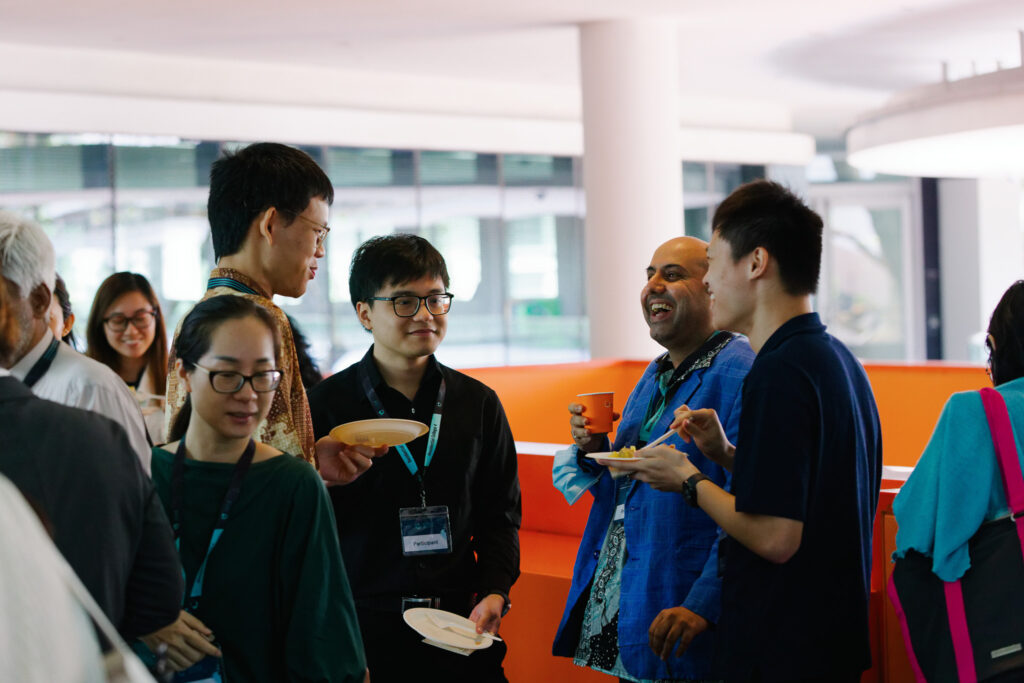RC4 10th Anniversary Symposium
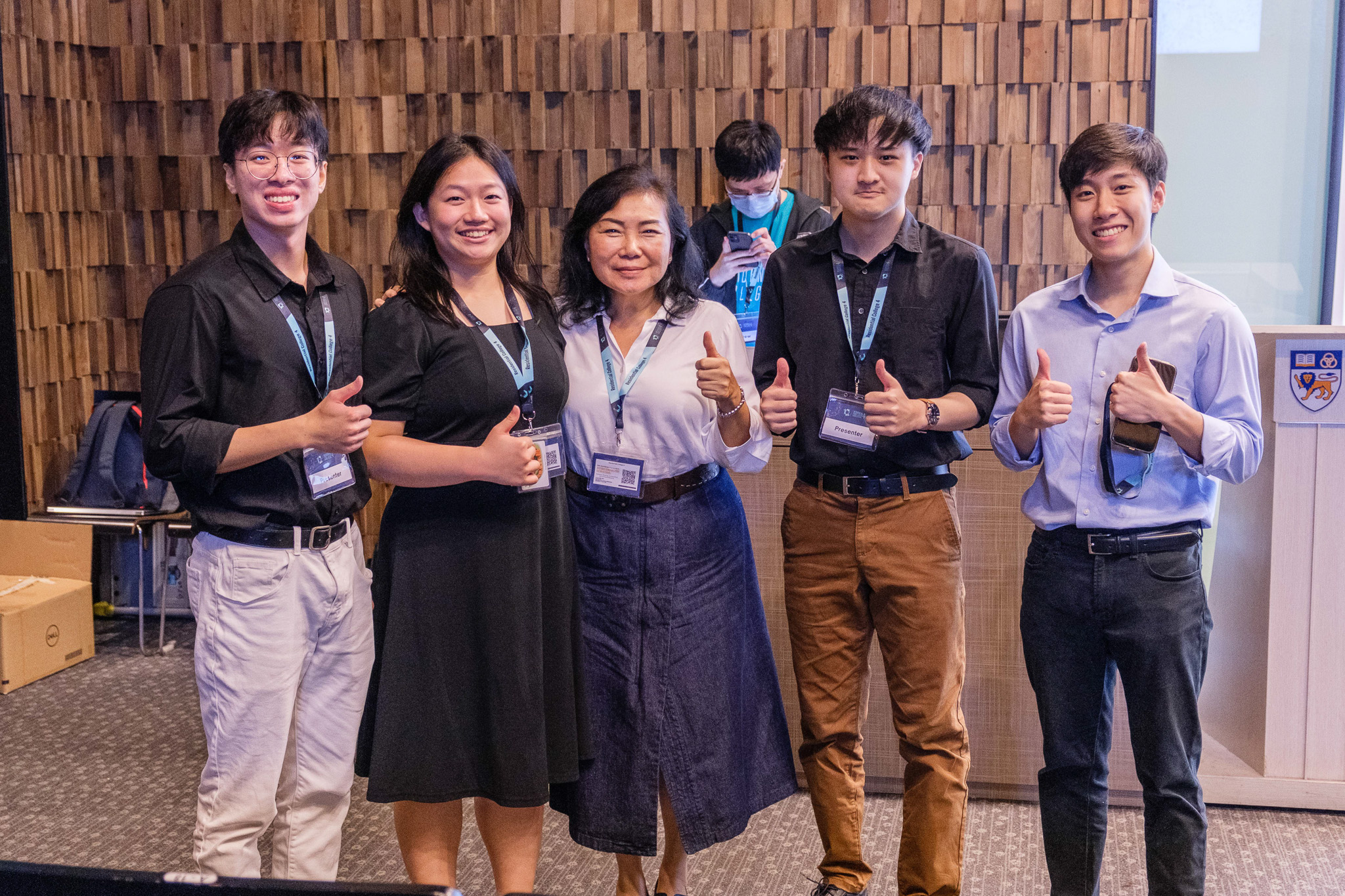
RC4 10th Anniversary Symposium: Interconnected Horizons
19 October 2024
Written by Aditya Jayaraj
In celebration of its 10th anniversary, Residential College 4 hosted the symposium "Interconnected Horizons: Systems Thinking, Communities and Entrepreneurship," bringing together leading thinkers and practitioners to explore the transformative potential of systems thinking. The event featured inspiring plenary speeches by Professor John Sterman and Professor Peter Hovmand, both prominent figures in the field, who shared their insights on how systems dynamics can drive effective policymaking and collaborative solutions. With RC4's founding master, Professor Lakshminarayanan, serving as moderator and an opening address by Associate Professor Peter Pang, the symposium aimed to highlight the importance of interdisciplinary approaches in addressing complex societal challenges and fostering community engagement.
Insights on Systems Thinking for Policy and Society
Kickstarting the symposium with an impassioned presentation, Professor John Sterman highlighted the importance of systems thinking in effective policymaking. Drawing on examples in the fields of antibiotic resistance, pesticide use and economic growth, Professor Sterman emphasised the broader value of effective modelling, beyond just systems thinking. To underscore this point, he remarked, “There are no side effects, only effects”, stressing that what are often termed side effects are simply impacts that were overlooked. Professor Sterman praised how systems dynamics enables one to model and simulate the world beyond the limitations of one’s mental faculties. It allows one to quantify the influence of all effects – regardless of their significance, directness, or time delays – and to integrate their continuous impact and feedback into shaping the precise details and direction of one’s goals.
Professor Sterman also gave a live demonstration on how one would use Vensim to model epidemics. He introduced additional factors, including qualitative ones such as the influence of public perception on individuals’ decisions to go out, onto a pre-prepared model. By adjusting the strength of various parameters and comparing the model's predictions with real-world data, Professor Sterman demonstrated how reality can be effectively simulated. He also used the En-ROADS online simulator to show how adjusting parameters can dynamically update forecasts on issues like sea level rise, temperature increases, and crop yields, all visualized through interactive maps and graphs.
This highlighted how even minor changes in these parameters can lead to significant impacts. Professor Sterman further shared how the En-ROADS workshop transformed participants' perspectives on climate change. Initially, they felt “concerned, worried, and overwhelmed,” uncertain of the main causes and doubting their personal impact. However, quantifying the effects of various actions reassured them that their contributions were meaningful. Afterwards, participants described feeling “hopeful” and “optimistic,” recognizing their efforts as valuable in addressing climate change.
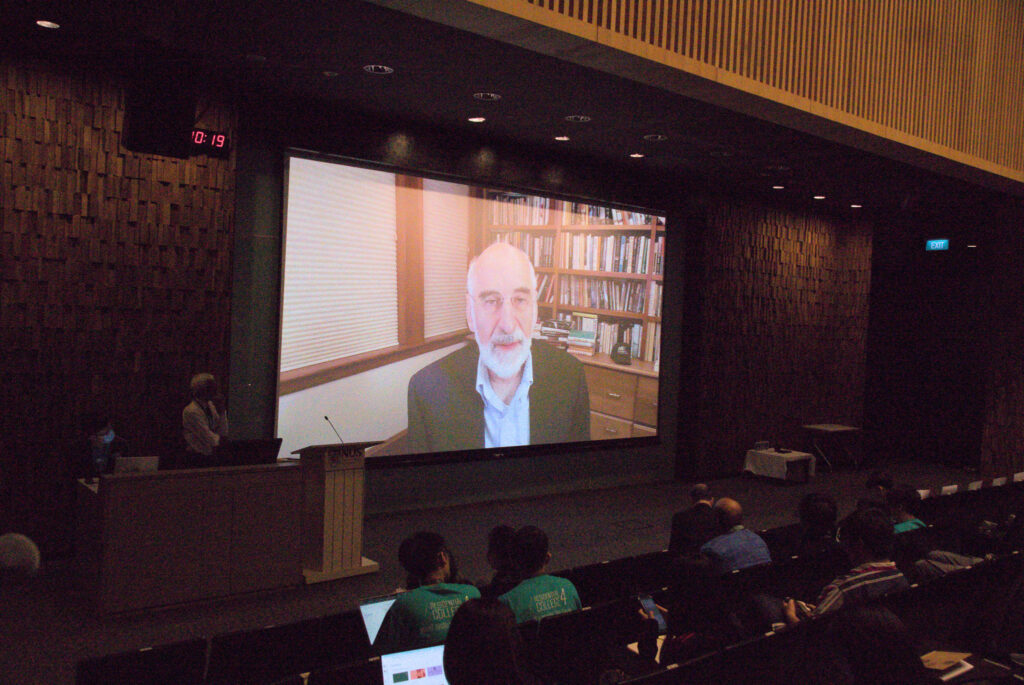
Prof. John Sterman, who joined the Symposium virtually, during the Q&A session of his plenary talk.
The second plenary speaker, Professor Peter S. Hovmand, delivered an insightful technical overview on the application of systems thinking to develop solutions, particularly through the collaborative process of community-based systems dynamics. He discussed the importance of gathering individuals with diverse skill sets to create models together on the spot, emphasising that this participatory method engages stakeholders from various communities and specializations, allowing everyone to visualize the system collectively and uncover valuable insights about its structure. Professor Hovmand noted that in community-based systems dynamics, each perspective is merely a thin slice of the full story.
In his closing remarks, Professor Hovmand emphasised the potential of systems dynamics to address bias in AI and machine learning, encouraging attendees to embrace opportunities for deeper insights and take advantage of the unprecedented tools available today. He concluded his speech by underscoring the recent advancements in technology that enhance the development of systems thinking, proclaiming, "This is why we need RC4 today more than ever!"
Innovative Approaches to Policymaking and Social Impact
An engaging discussion on innovative solutions to contemporary challenges brought together experts in policymaking and social innovation. Dr Corrine emphasised the importance of futures planning and highlighted the use of games to enhance Singaporeans' awareness of drought risks. Ms Bernise shared her initiatives to integrate systems thinking into policies aimed at addressing youth unemployment in Bhutan and women's issues in Dhaka, Bangladesh, reflecting on how her experiences have shaped her teaching philosophy. RC4 alumnus Qing Heng discussed his experiences with the Study Trip for Engagement and Enrichment (STEER) program, noting that research conducted during his trips to the Himalayas helped RC4 students fill gaps in existing literature, particularly regarding thriving communities amid large-scale migration. In response to a question from Professor Lakshminarayanan, Qing Heng suggested that the Junior and Senior Seminar programs could benefit from incorporating more out-of-classroom experiences to facilitate practical learning in systems thinking.
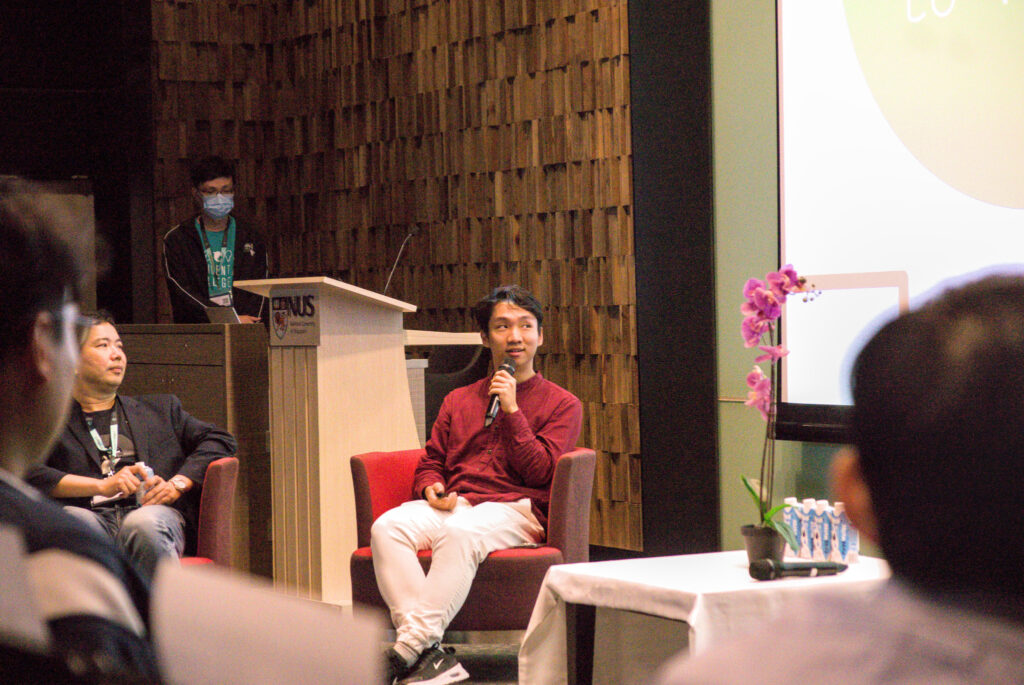
Cheng Huimin, founder of Vilota and RC4 alumni at the Technology, Innovation & Entrepreneurship panel.
Technology and Entrepreneurship in Action
In this panel, speakers shared experiences that spanned founding companies, building community spaces, and impact investing. Justin Choo, CEO of Knorex, shared his journey of founding the company and navigating its early challenges. Cheng Huimin, a pioneer from the first batch of RC4 and founder of Vilota, discussed his establishment of RC4Space, the precursor to the CognitioPods MakerSpace and OrcaCode. Leon Toh, managing partner of Damson Capital, highlighted his commitment to impact investing, focusing on businesses that prioritize sustainability and empower marginalized communities. He illustrated this with a compelling example of a jewellery company that employs individuals with autism, leveraging their unique ability to focus meticulously on tasks, which has resulted in the creation of intricately handwoven bangles. This company is now expanding with new stores in Los Angeles and New York.
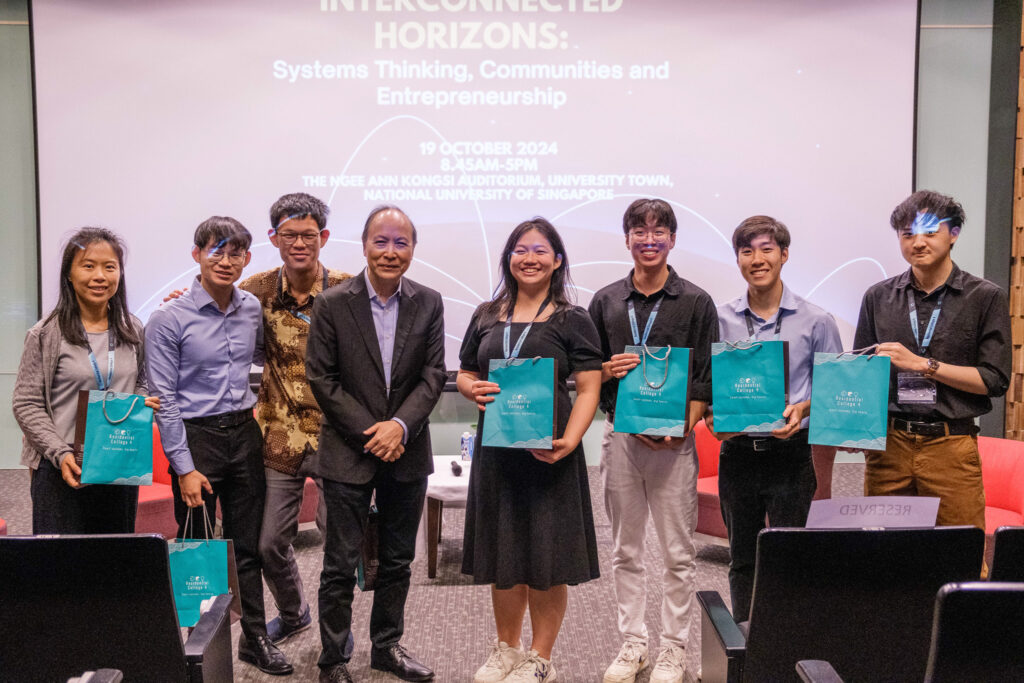
Student presenters with Assoc. Prof. Peter Pang (centre-left) and Dr. Cindy Fu (far left).
Student-Led Research and Community Engagement
The symposium also featured presentations of innovative research projects that showcased systems thinking in diverse contexts. Edwin Sugeng and Ernest Cuong presented their game designed to enhance disaster resilience education, detailing its testing with RC4 students and the challenges they faced in balancing gameplay. William Tok focused on modelling the prevalence of Major Depressive Disorder (MDD), analysing the impact of preventive measures and screening among adults. By adjusting parameters like peer and family support, he quantified the effects of various policy proposals on different population segments, including those with diagnosed and undiagnosed depression. Toh Chin Howe explored the Water-Energy-Food (WEF) Nexus, emphasising the need for a symbiotic relationship between growth and resource preservation. His project aimed to understand the interconnectivity of Singapore's resources through systems modelling and to provide insights into future trends. Lastly, Winnie, Pierre, Sky, and Sze Yuan discussed their analysis of Myanmar's near-collapse due to the military coup, a project conducted under Ms. Elizabeth Ong’s module, “Societal Collapse and Resilience”.
Exploring Systems Thinking for Community Engagement
The symposium closed with a series of discussions on the innovative approaches to foster community engagement and address complex issues. Daniel Lee emphasised the power of group model building in managing stress and engaging communities, leading to actionable outcomes such as the establishment of peer support groups and the relaxation space, Oasis. Dr Lynette discussed how mahjong serves as a tool for bridging generational gaps, promoting intergenerational engagement to combat ageism. Martha narrated her collaboration with Queenstown Secondary School students to organise a mahjong tournament that connected youth and elders through storytelling and traditional games, alongside teaching elders how to play Kahoot and Wii Sports. Dr Toh Tai Chong shared his experiences in Southeast Asia, focusing on successful initiatives like coconut-shaving machines that stimulate local economies, and emphasised the importance of trust-building with communities. The panel underscored that understanding local systems and narratives is crucial for developing relevant solutions and fostering meaningful engagement.
The symposium showcased the critical role of systems thinking in navigating the complexities of modern society and promoting sustainable development. Through thought-provoking presentations and engaging panel discussions, participants explored innovative strategies for policy, technology, and community engagement that could shape a better future. This milestone for RC4 not only celebrated a decade of achievements but also reaffirmed the college’s commitment to advancing the study and application of systems thinking as a tool for meaningful change in communities and beyond.


